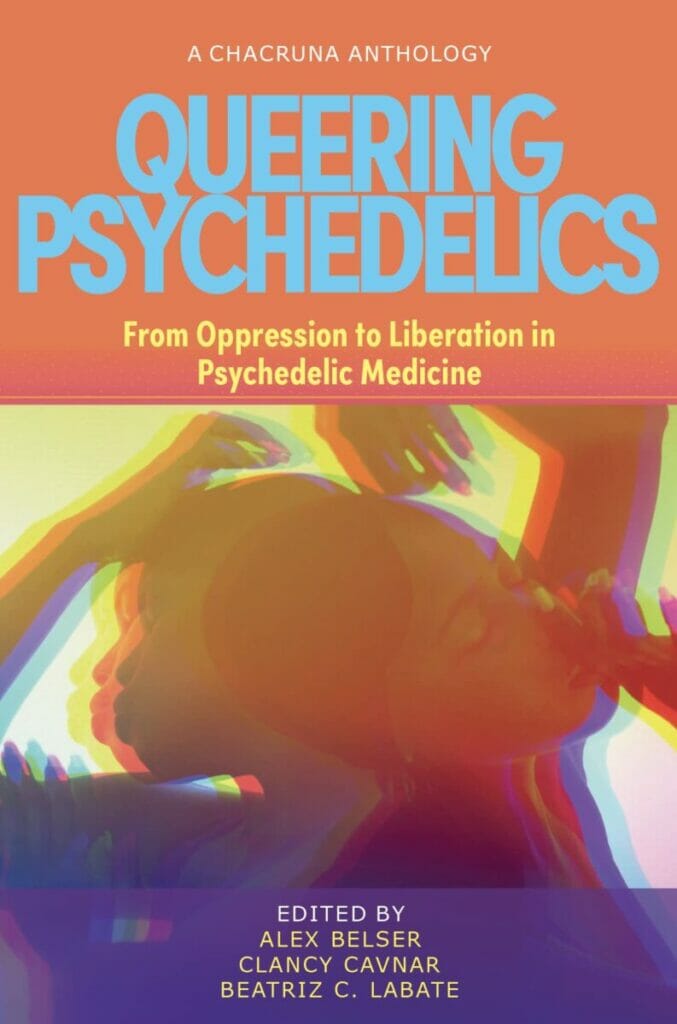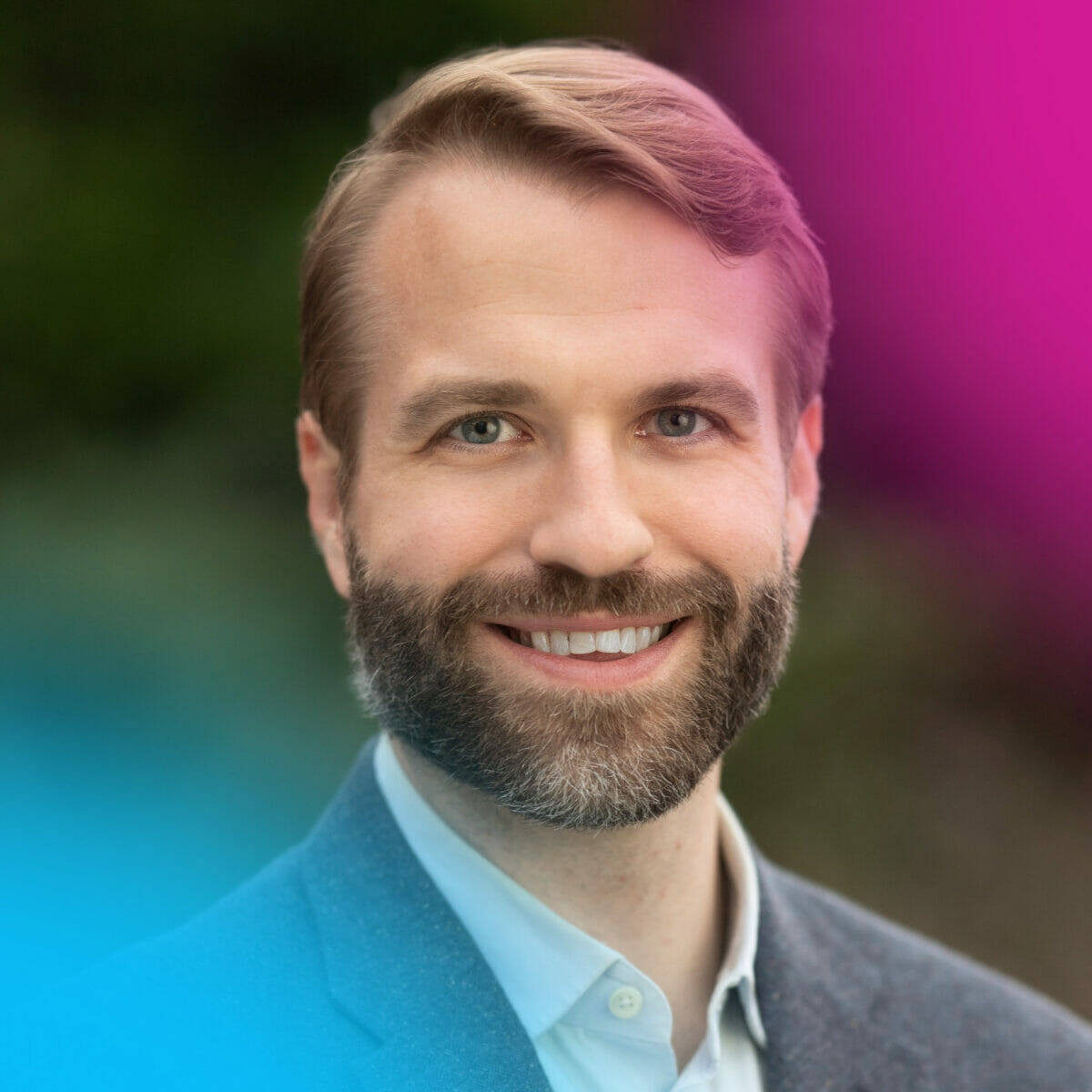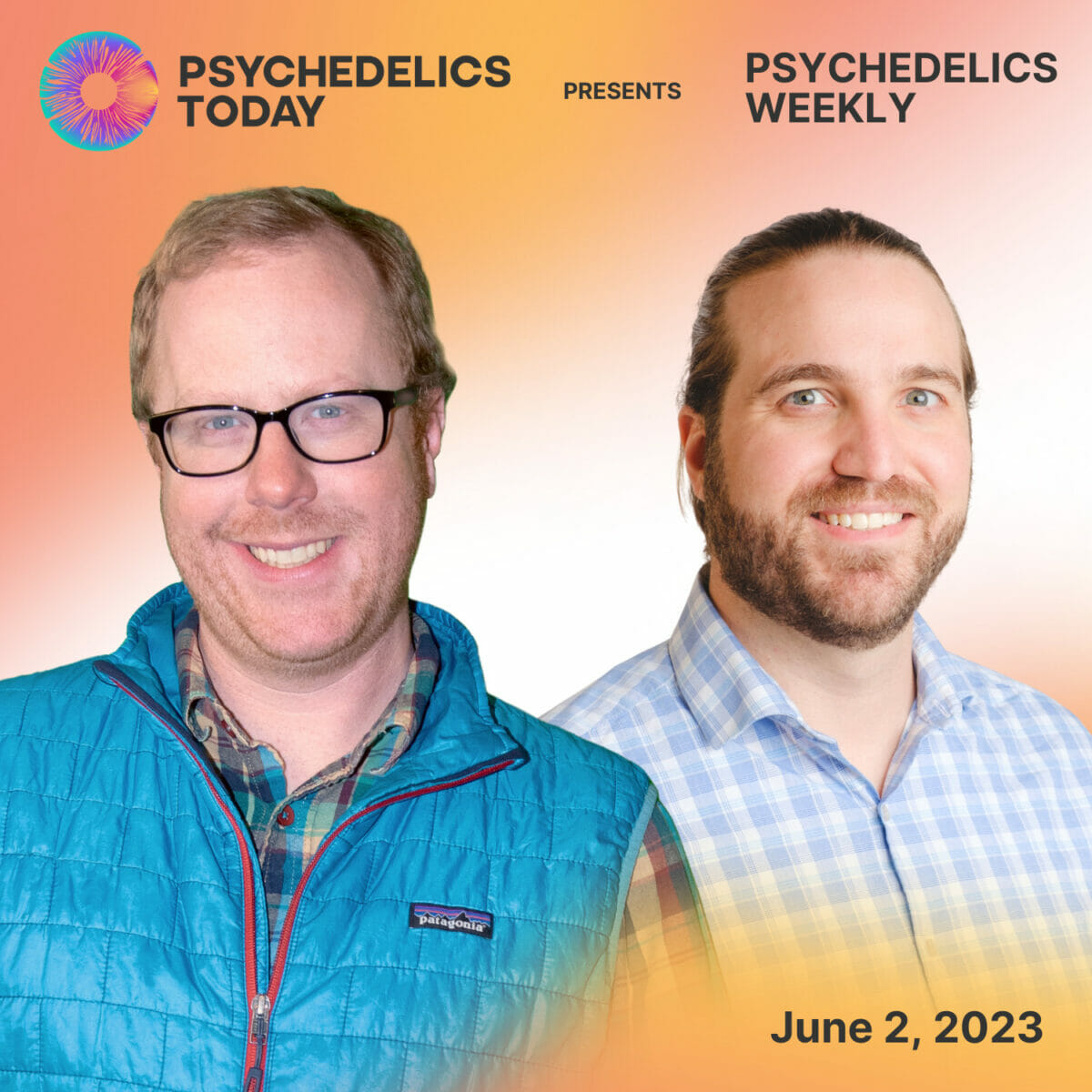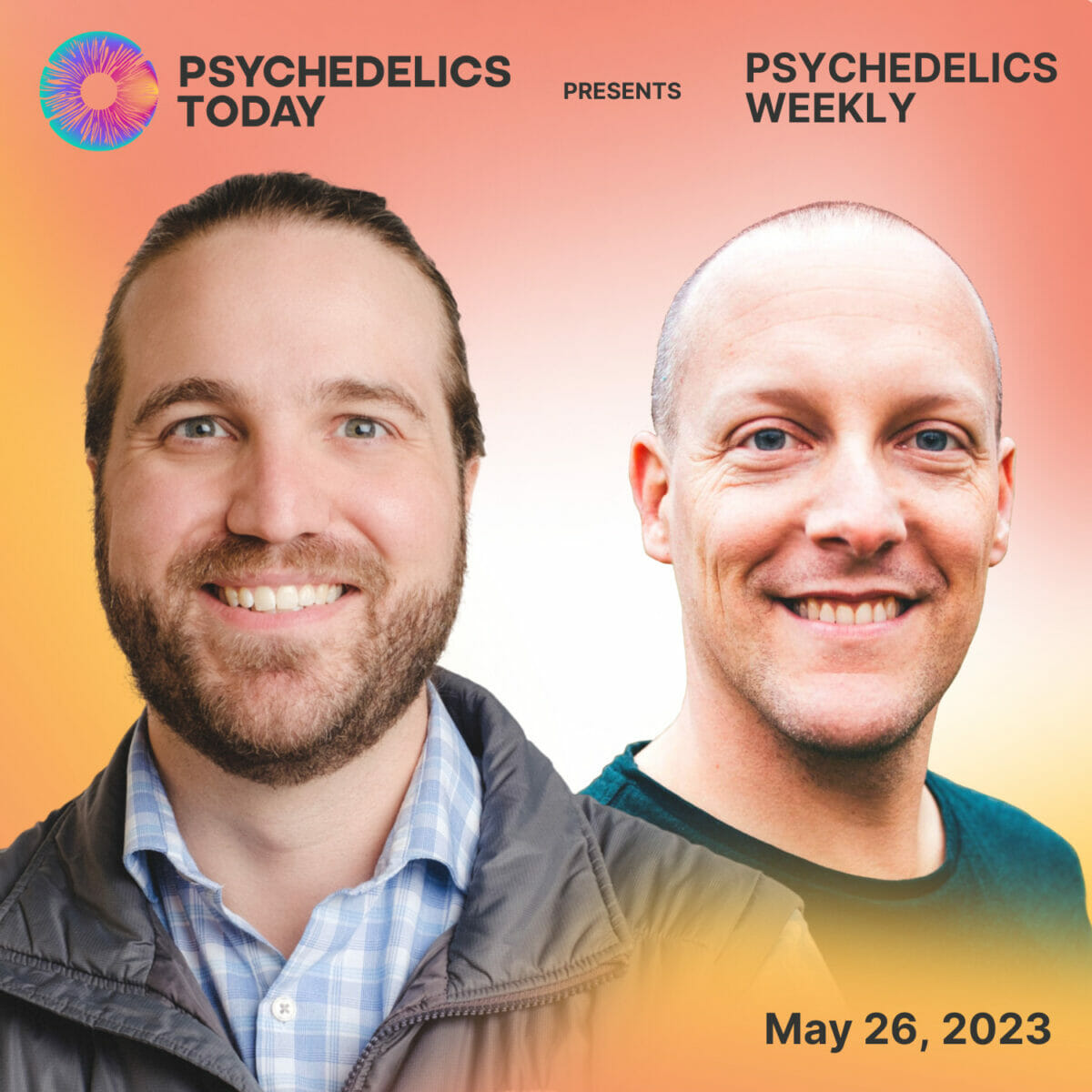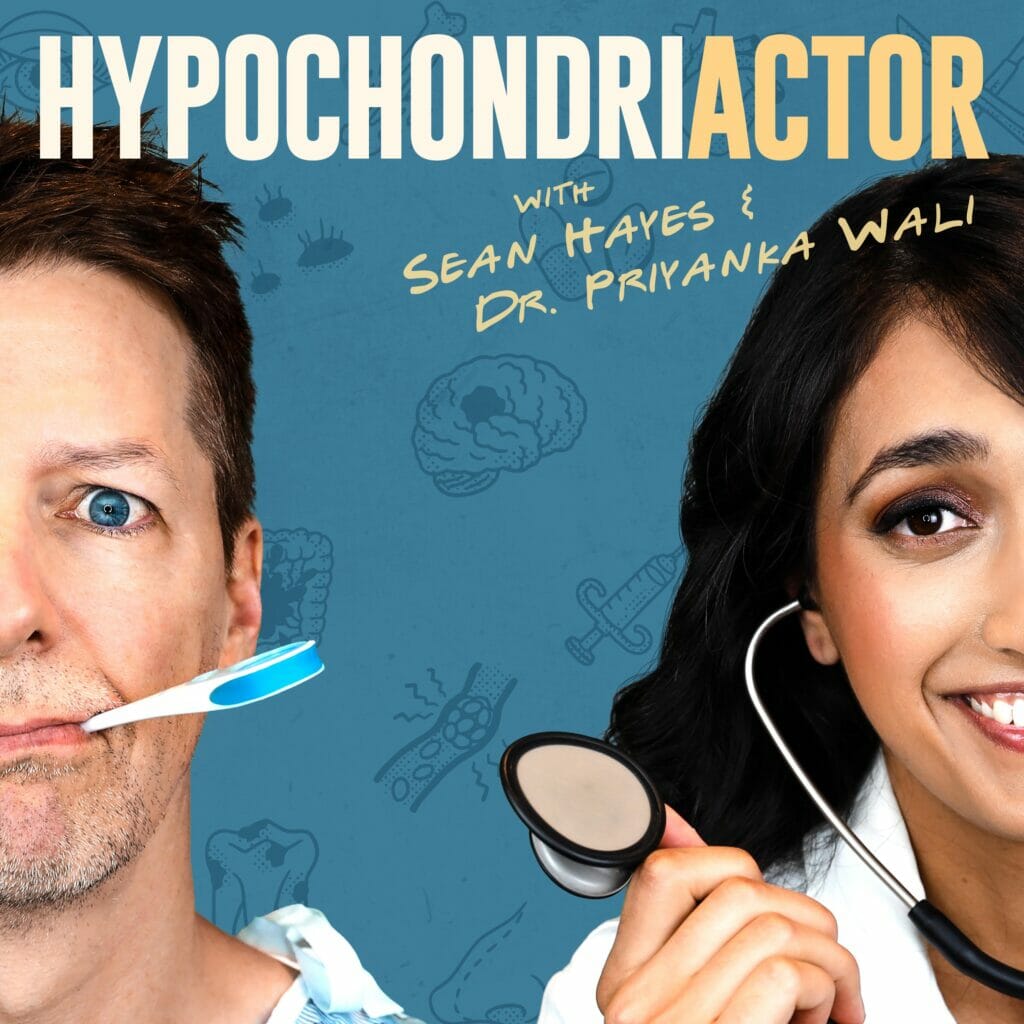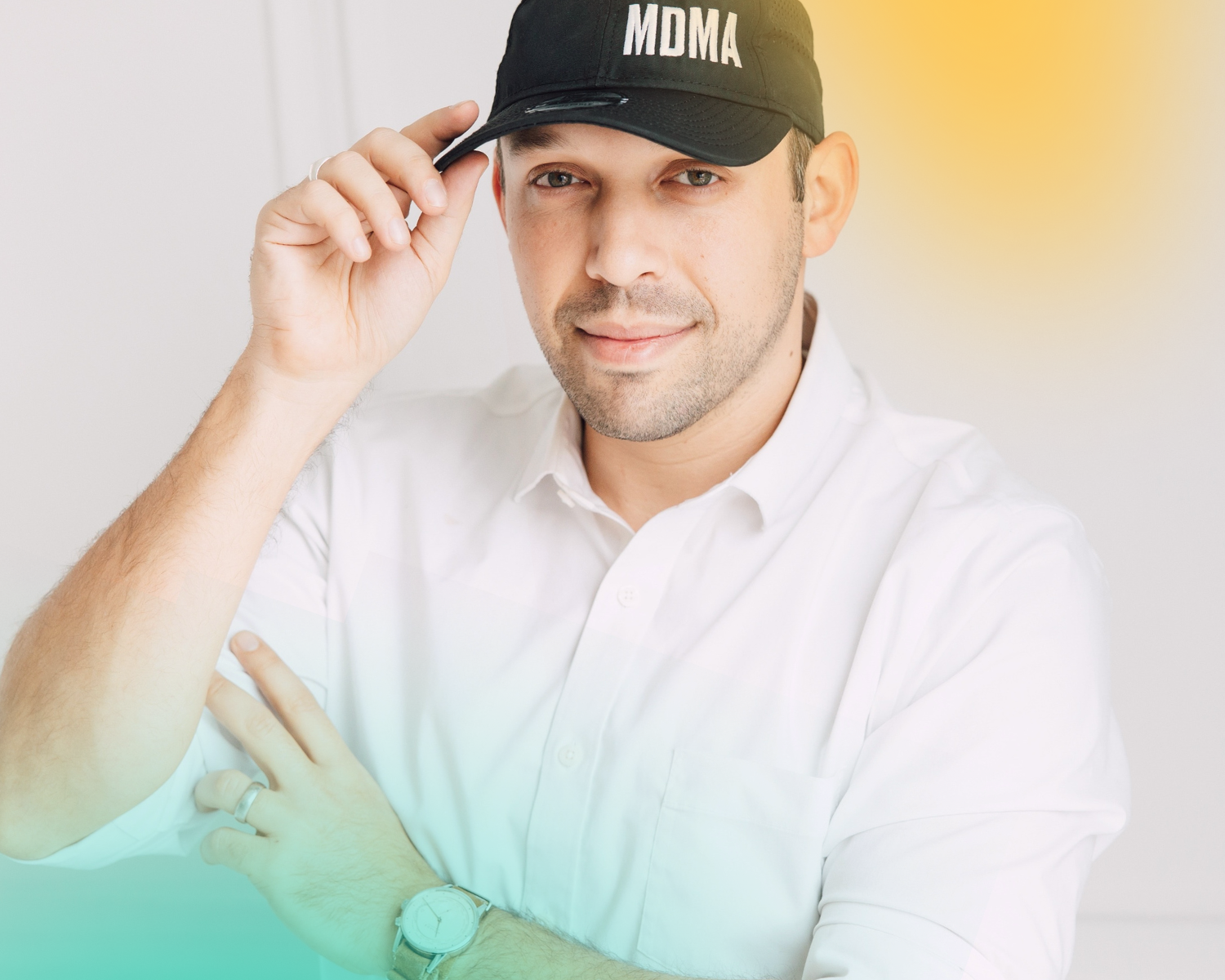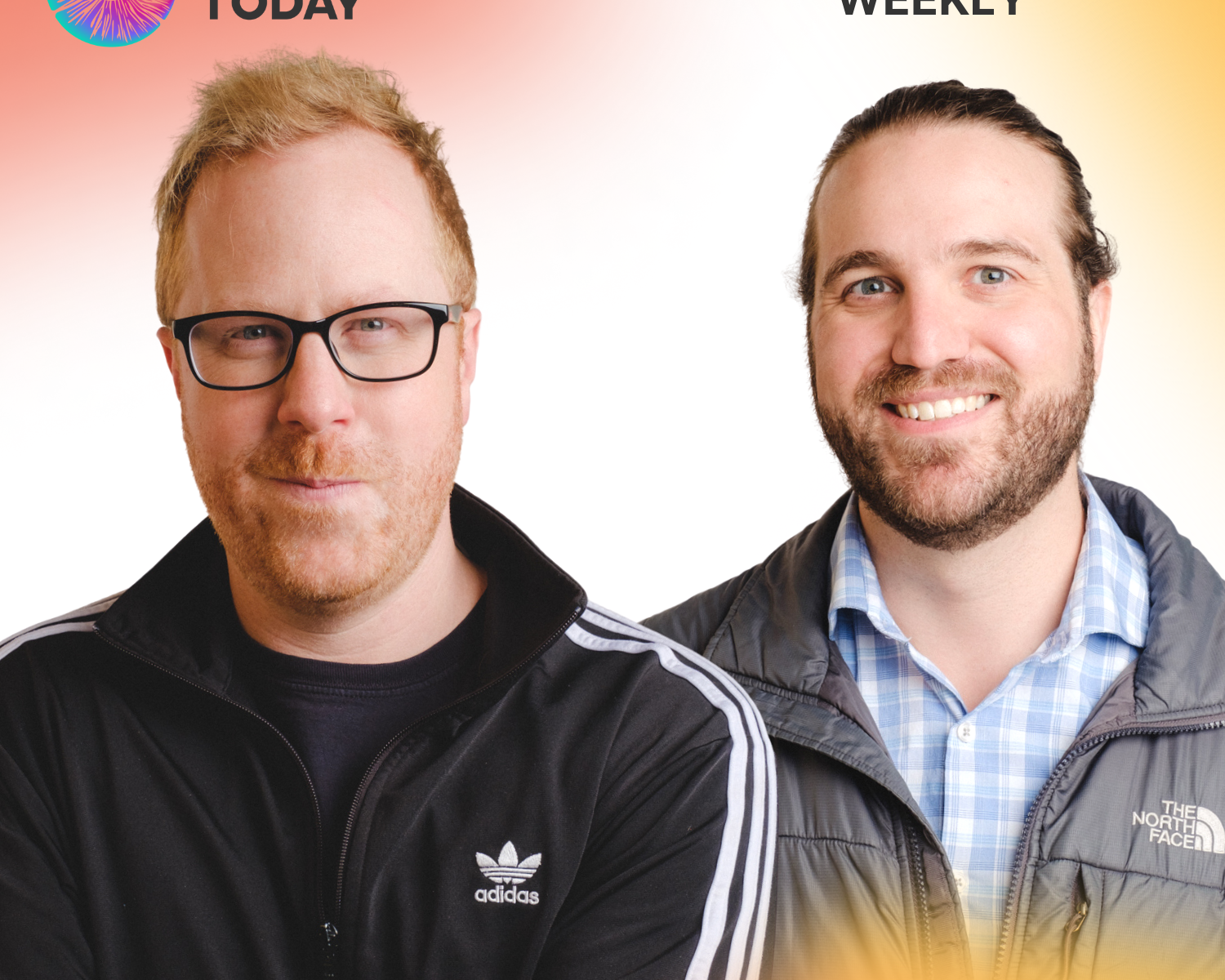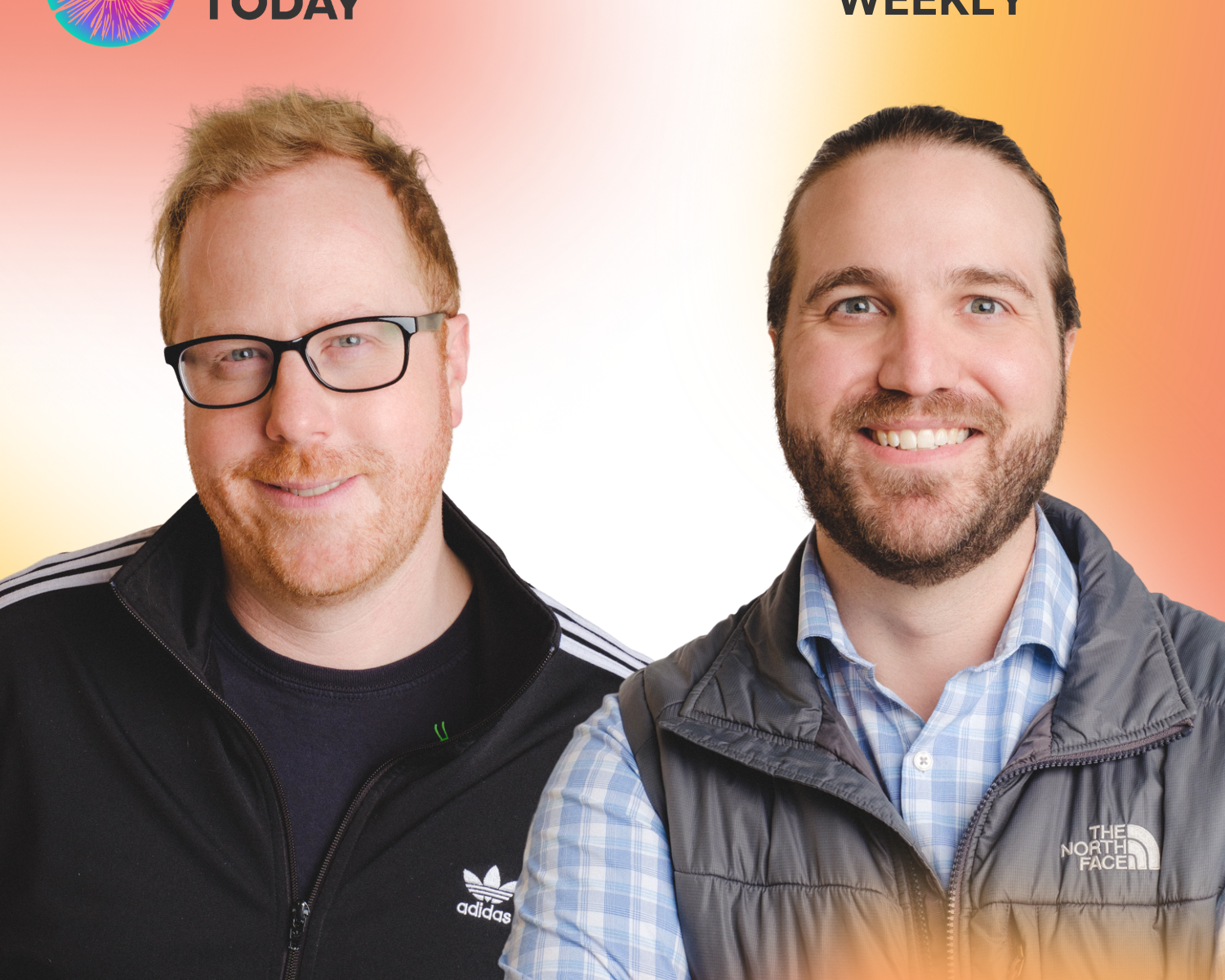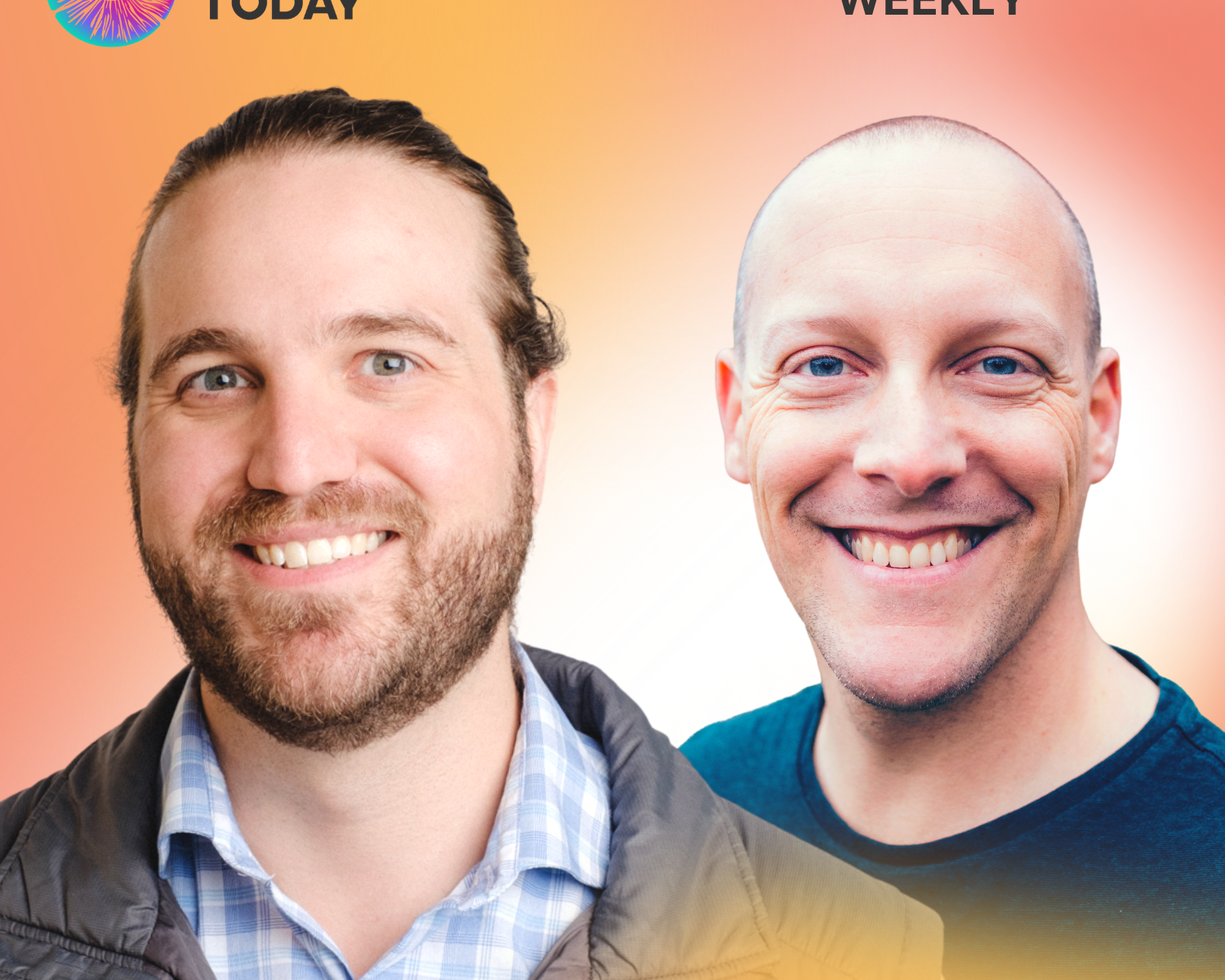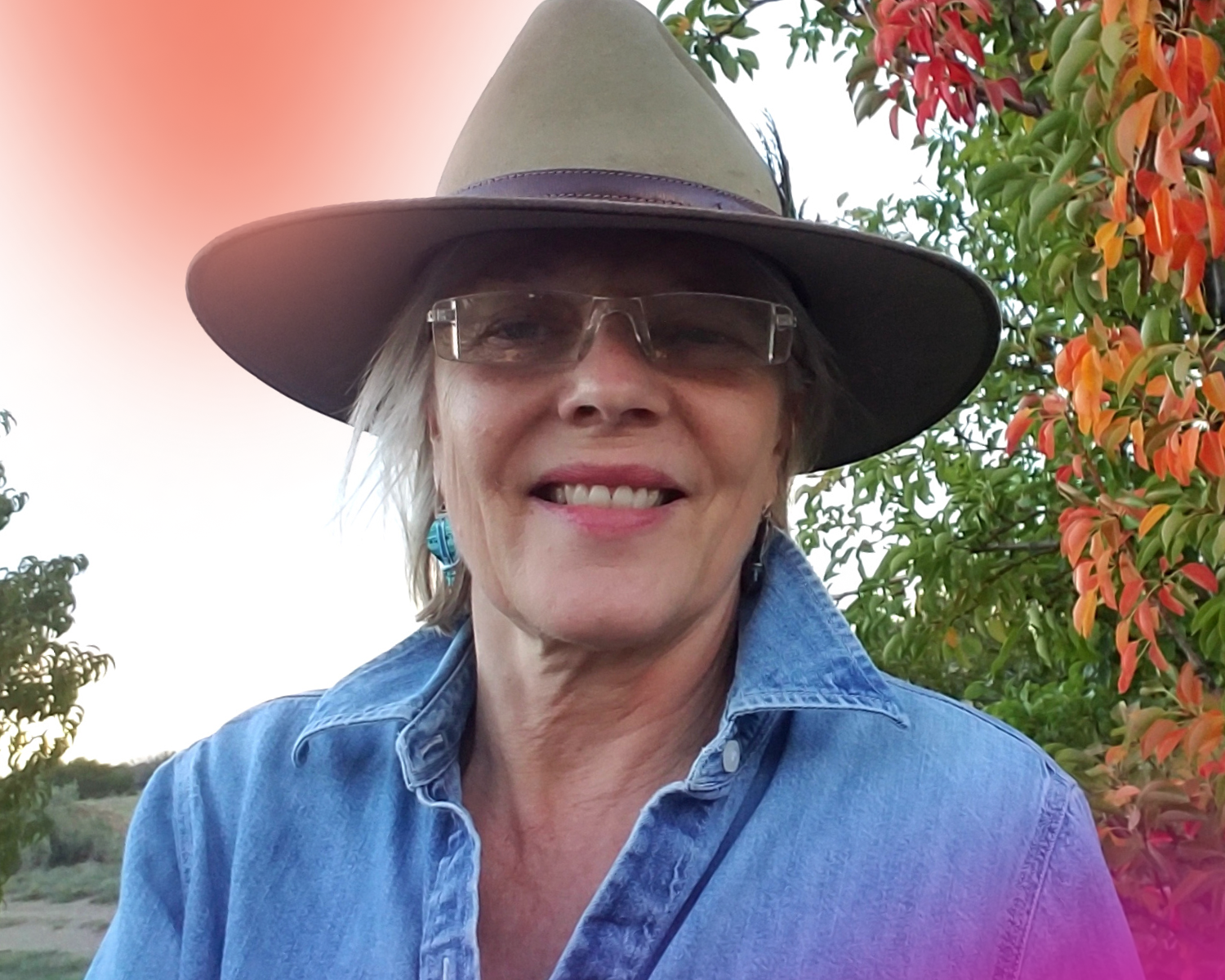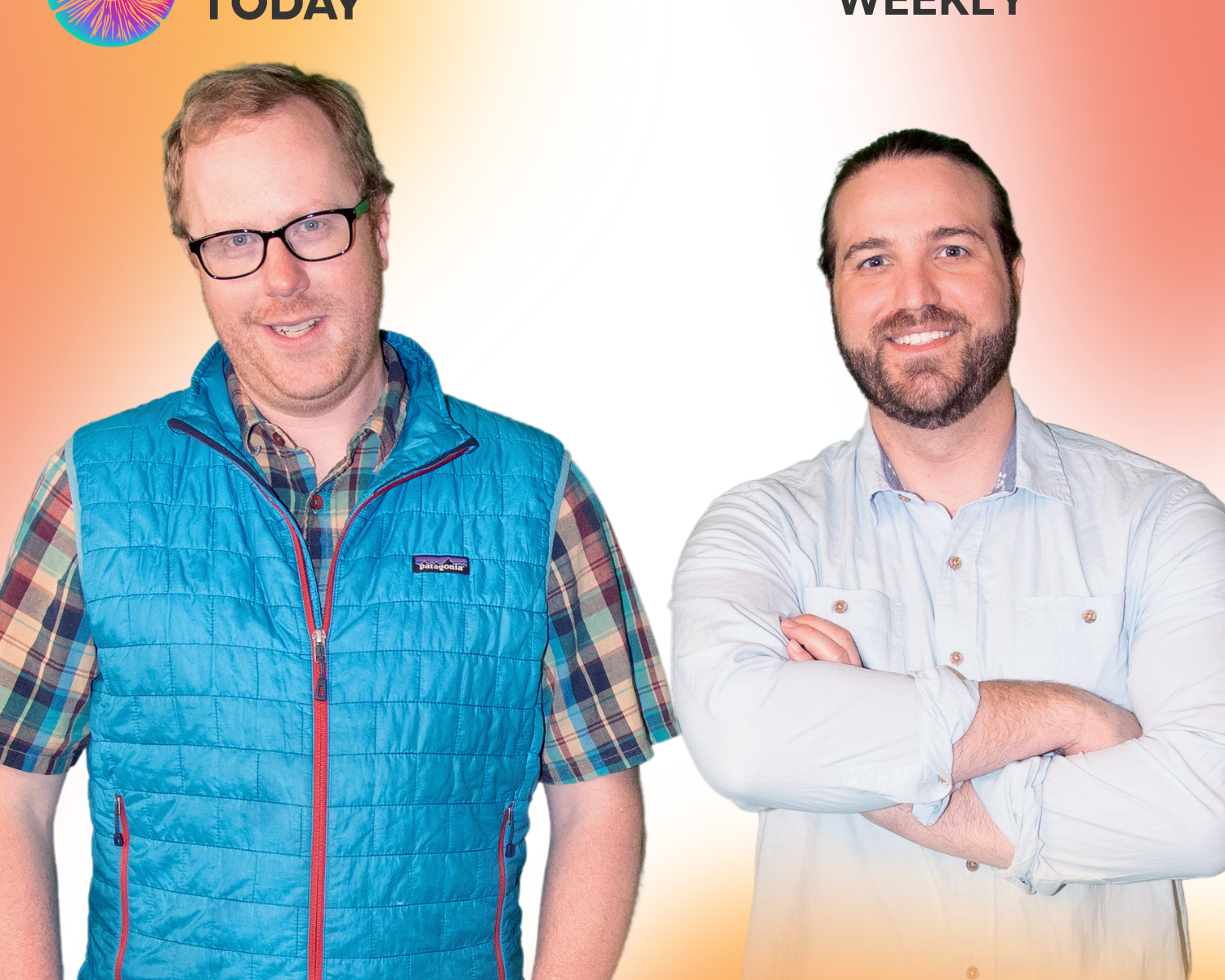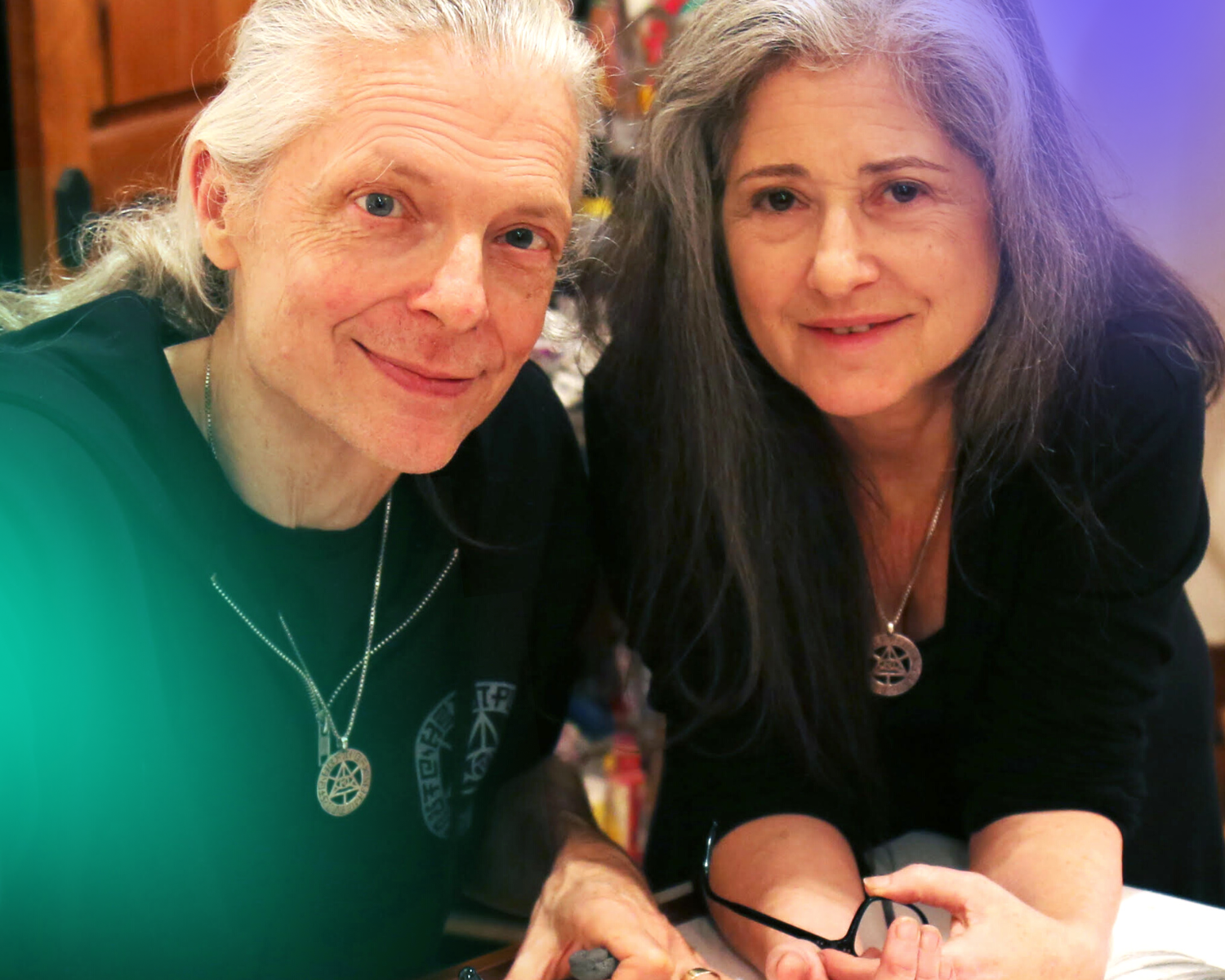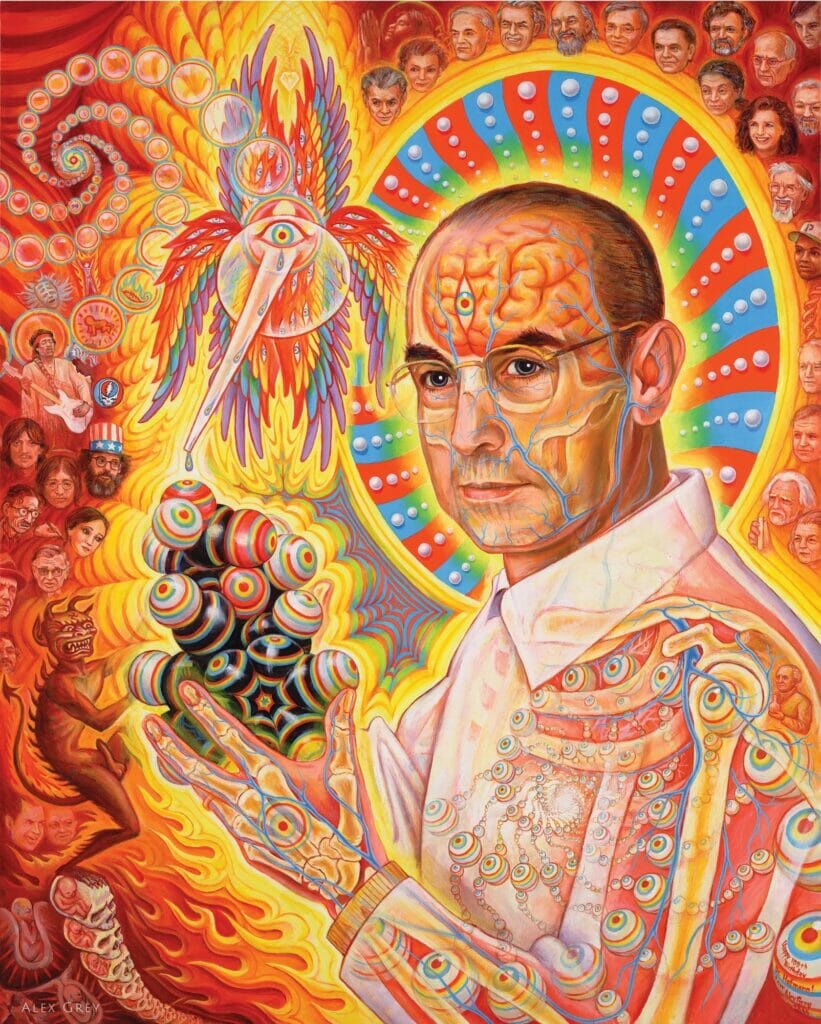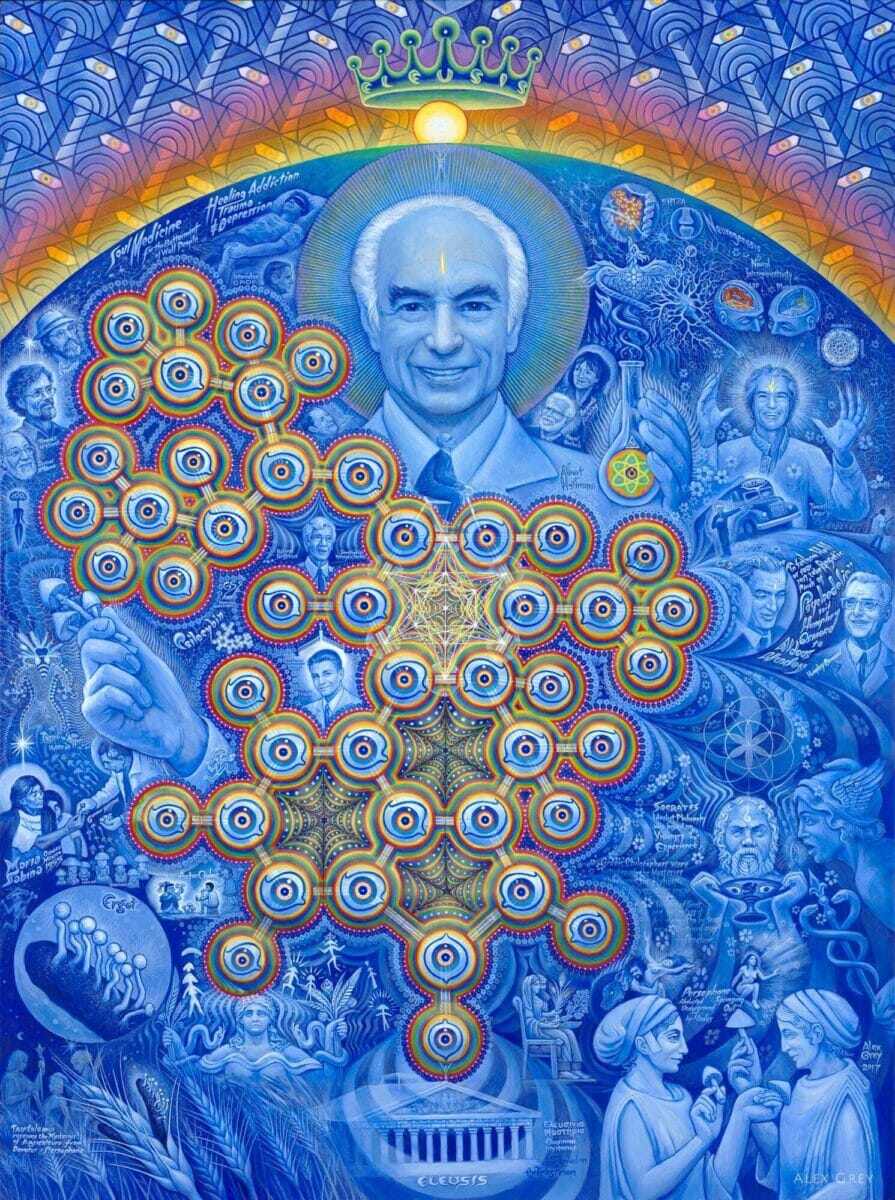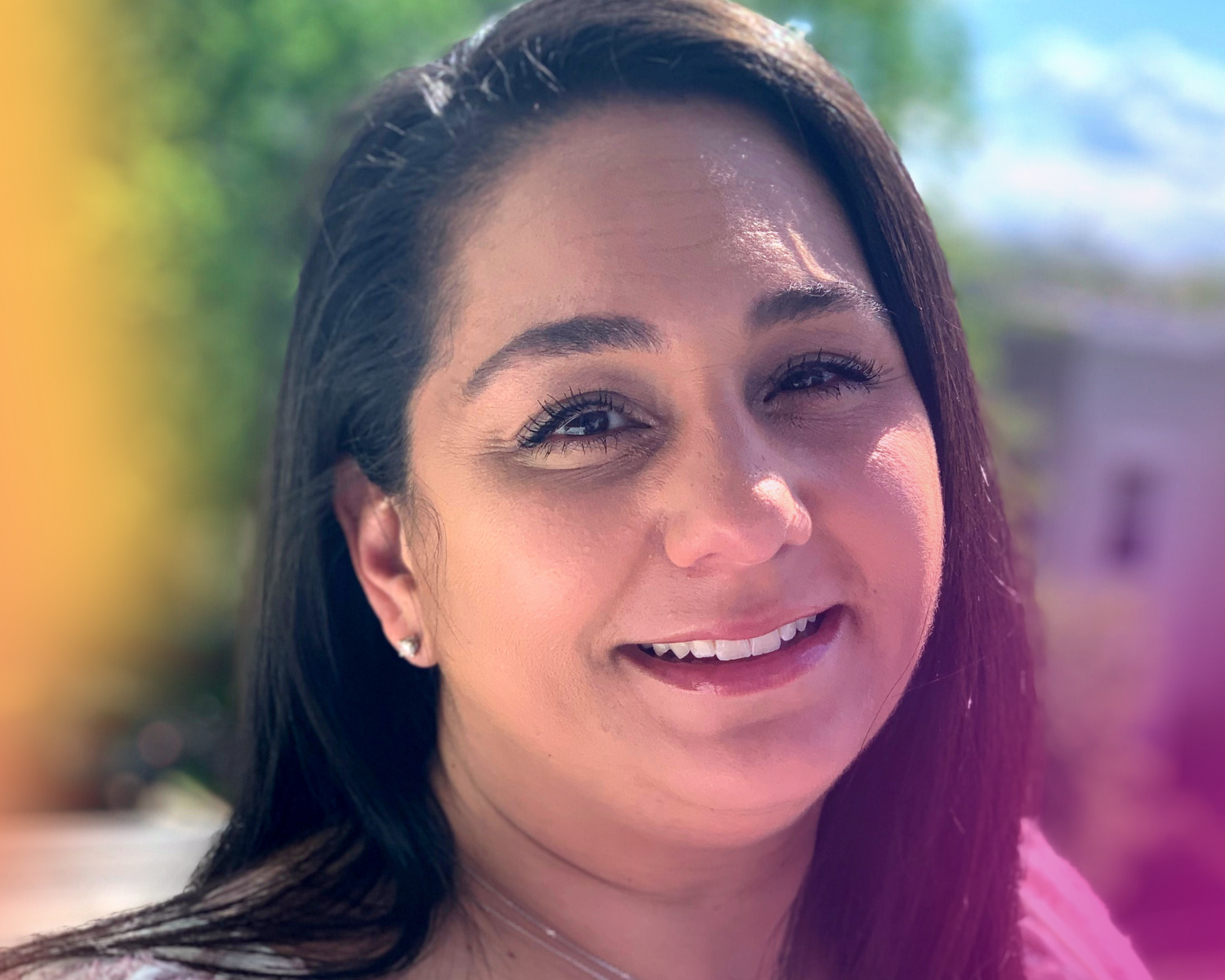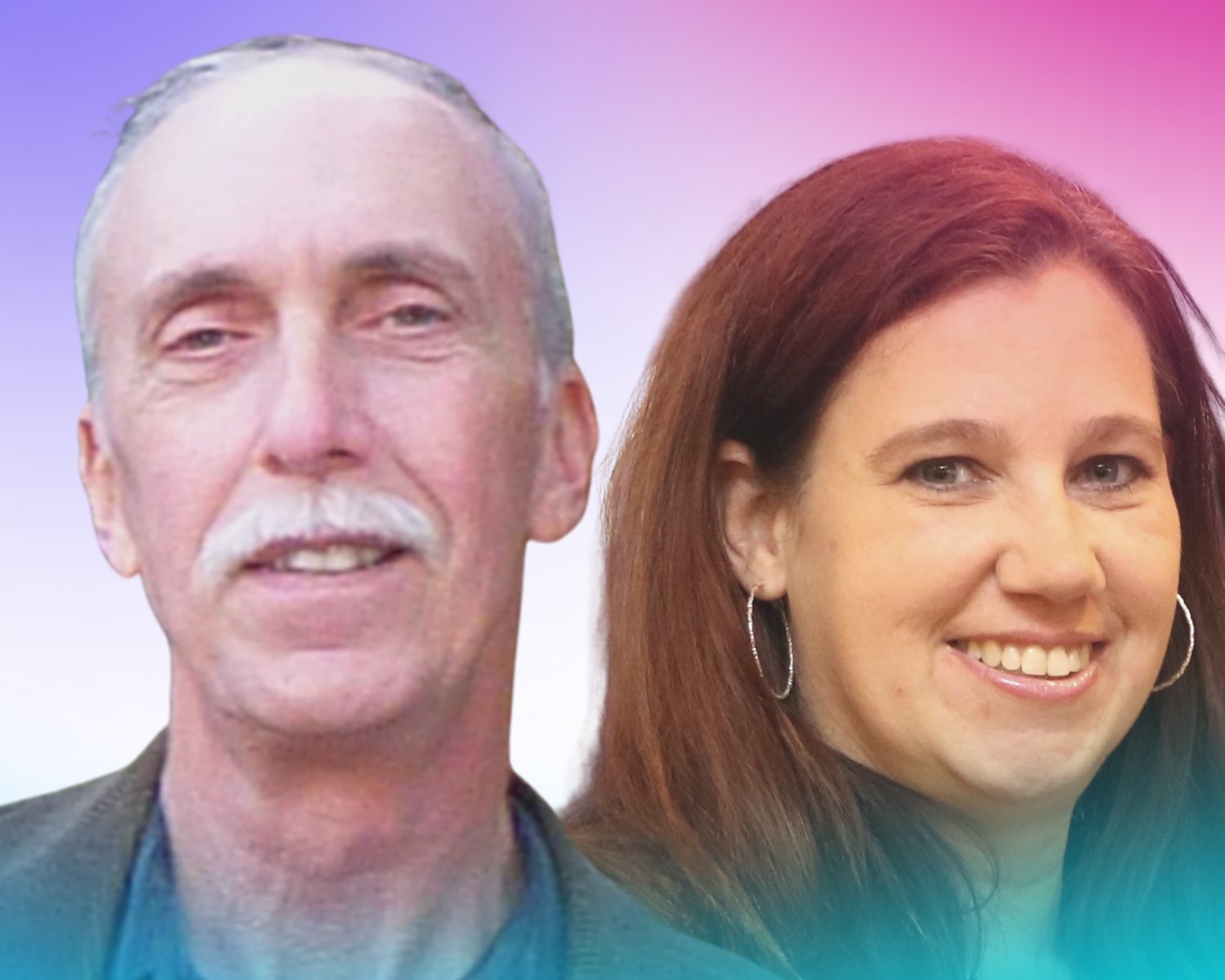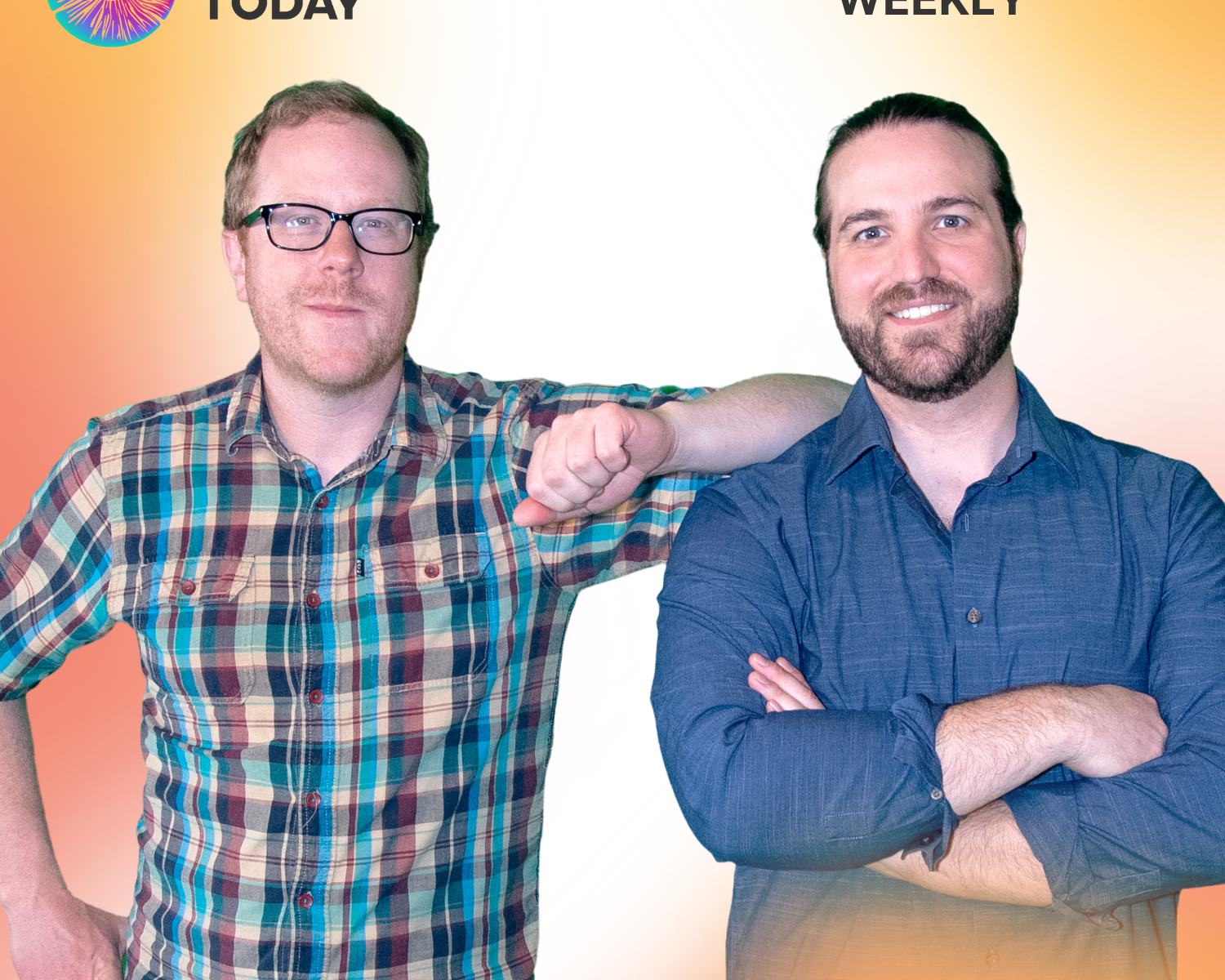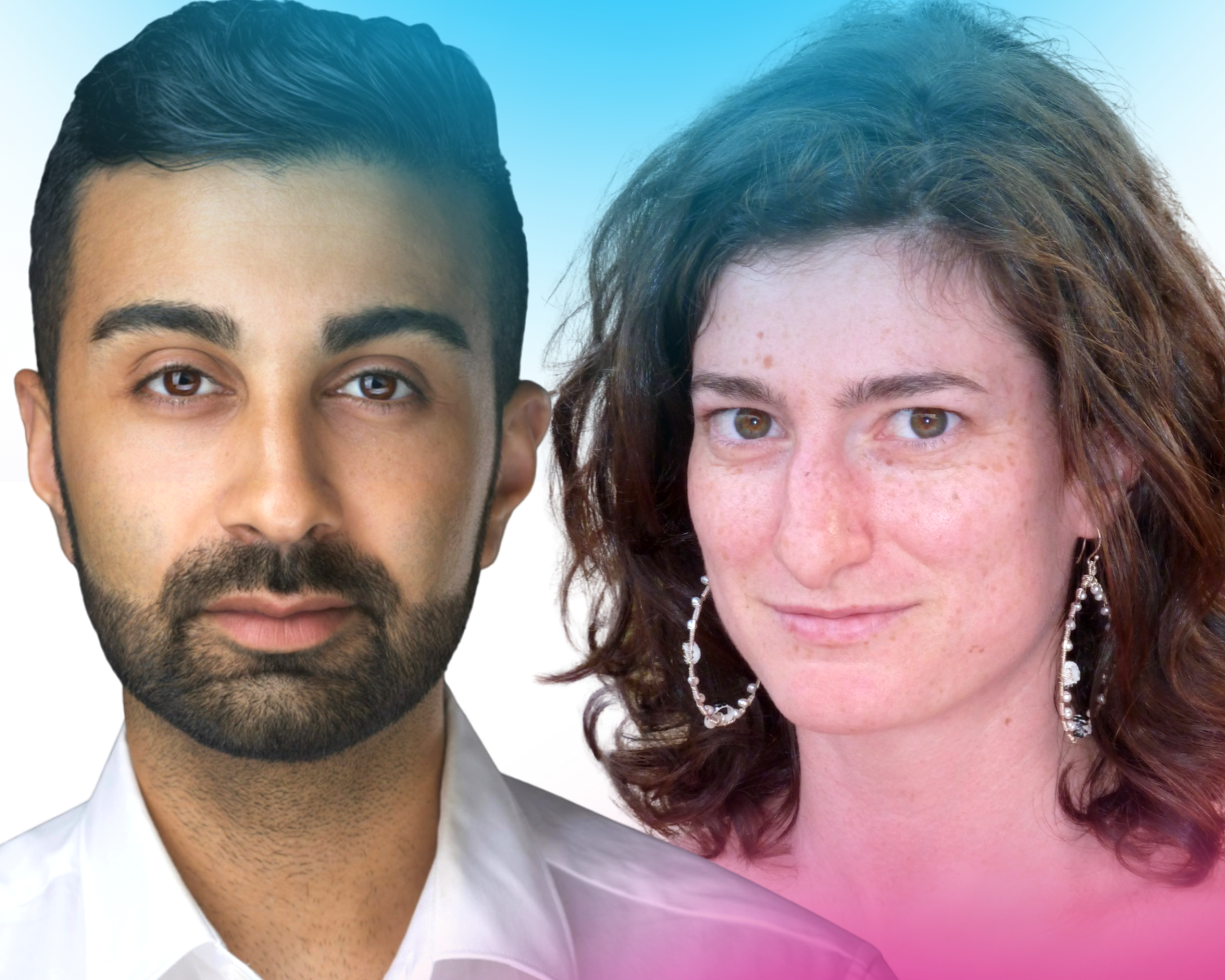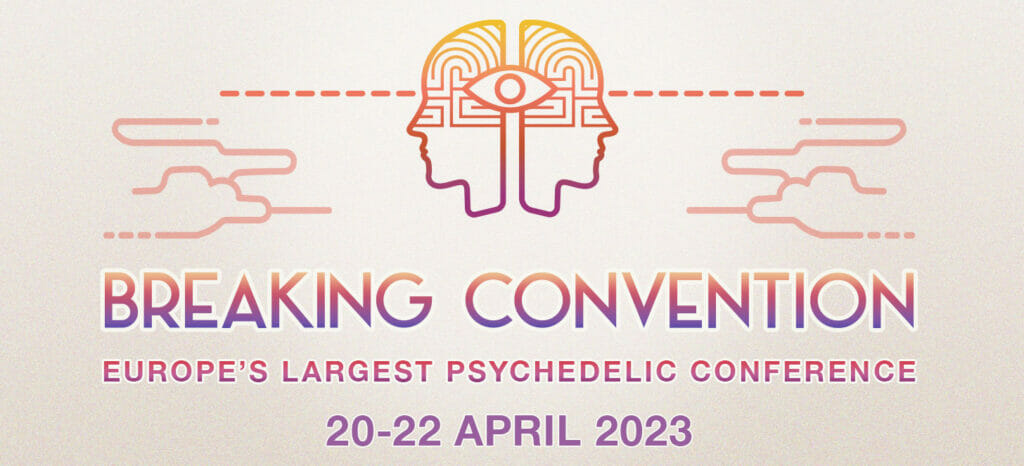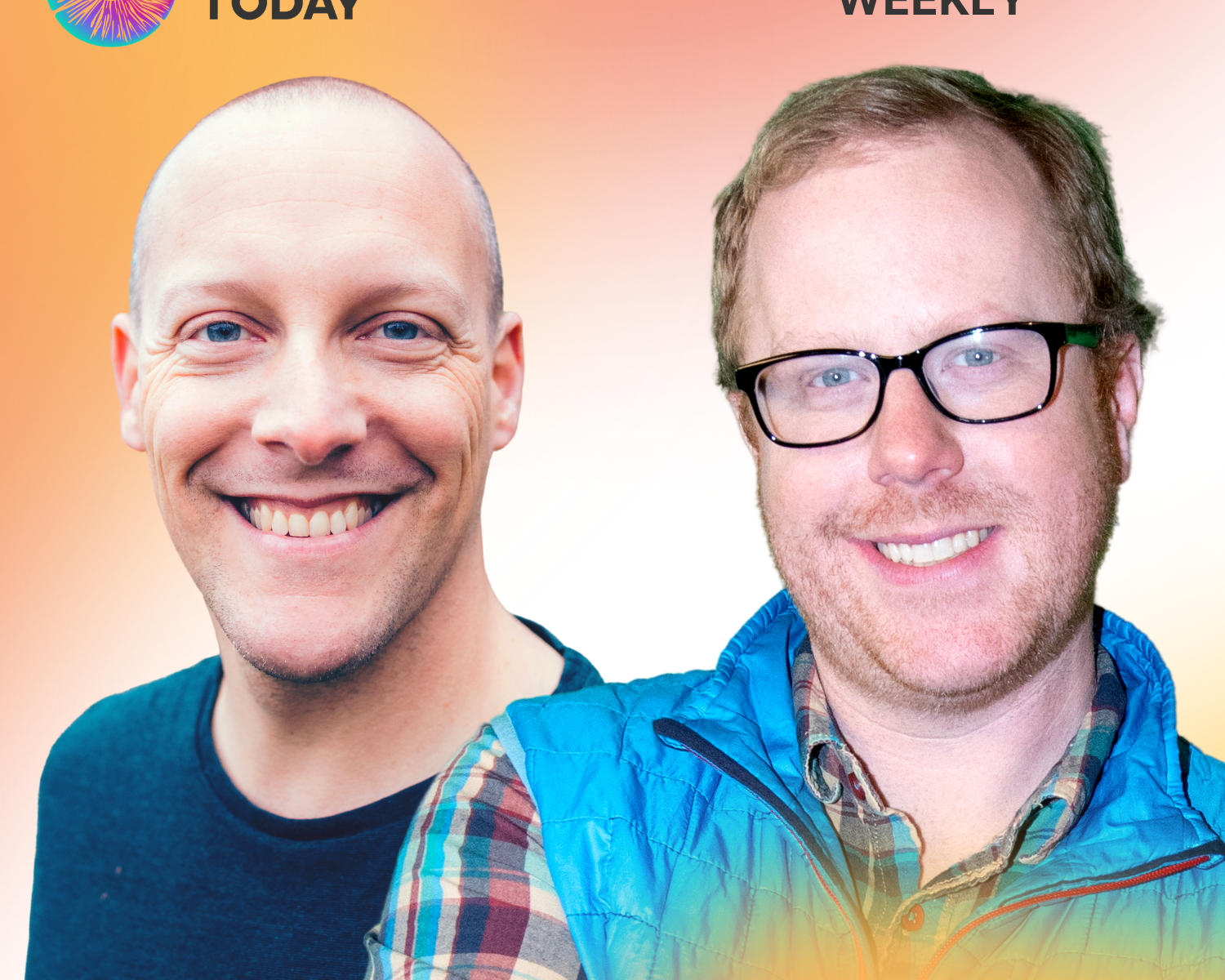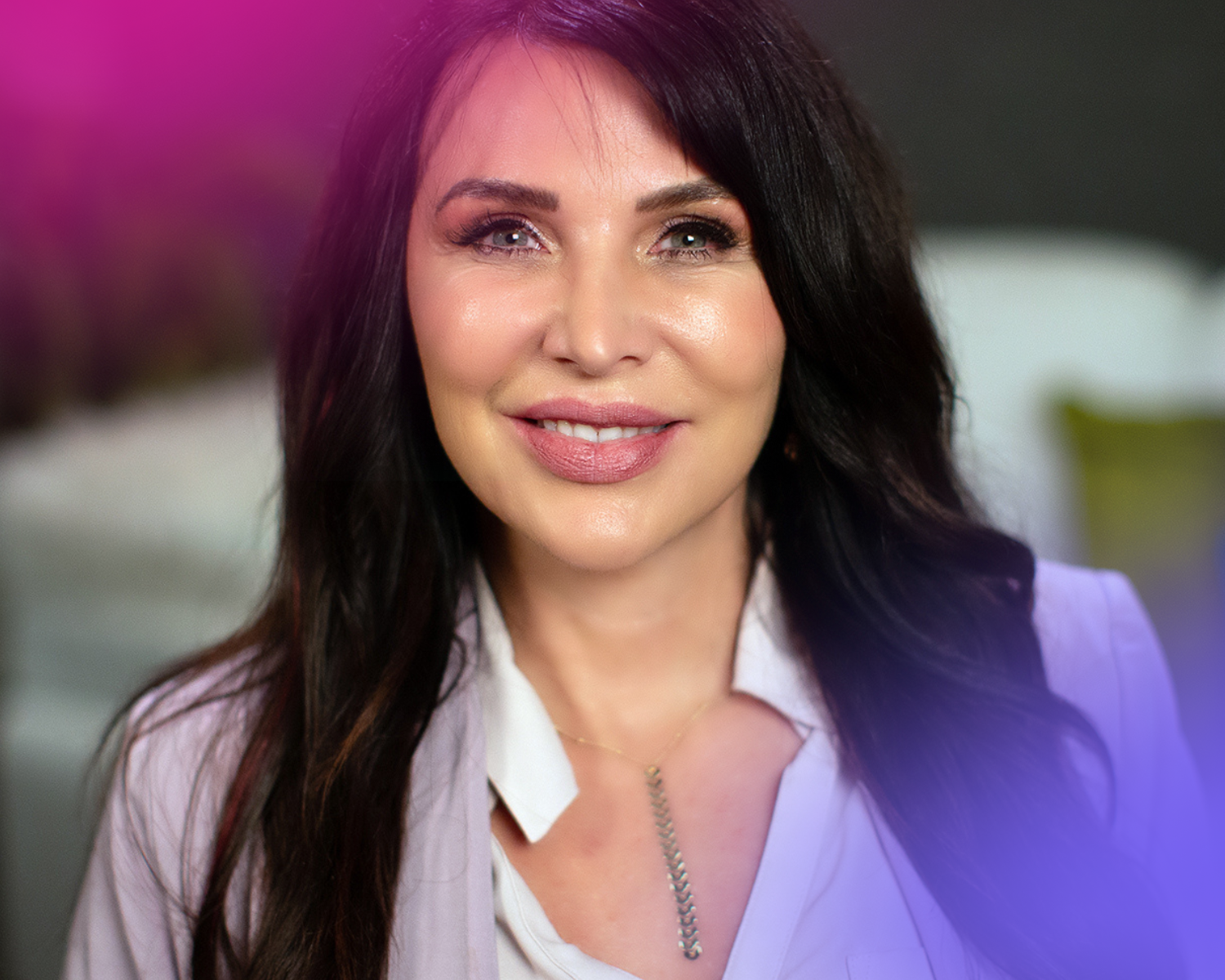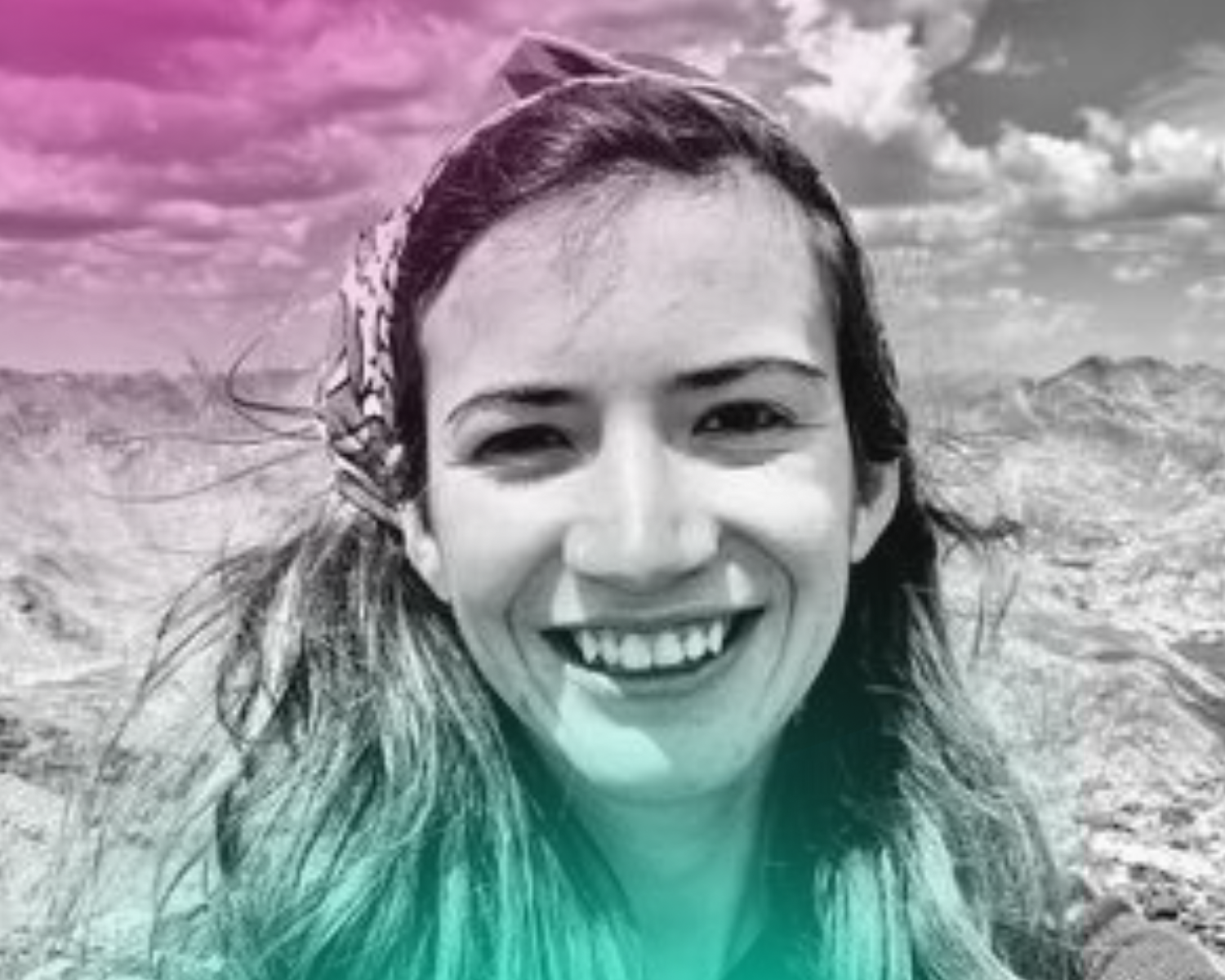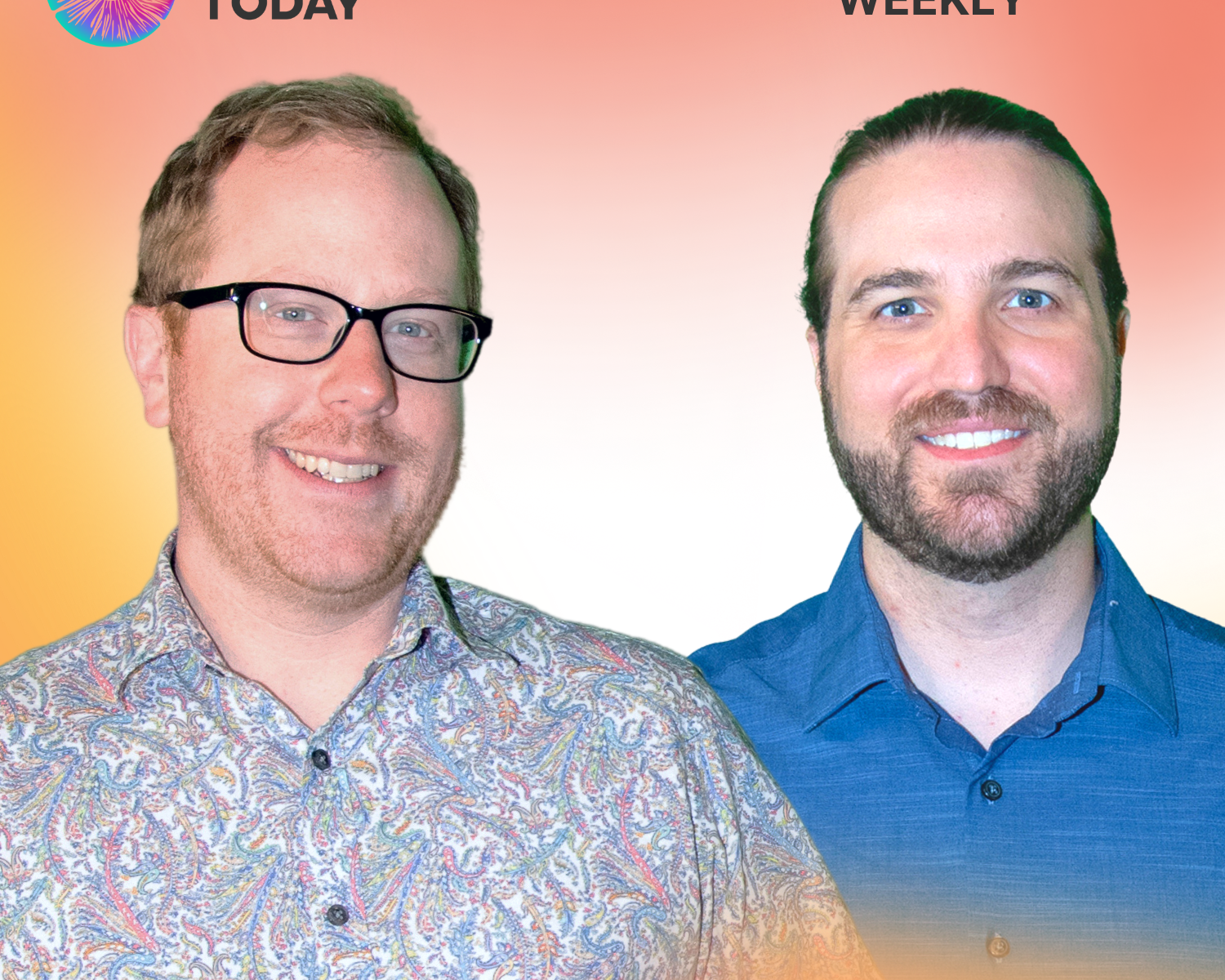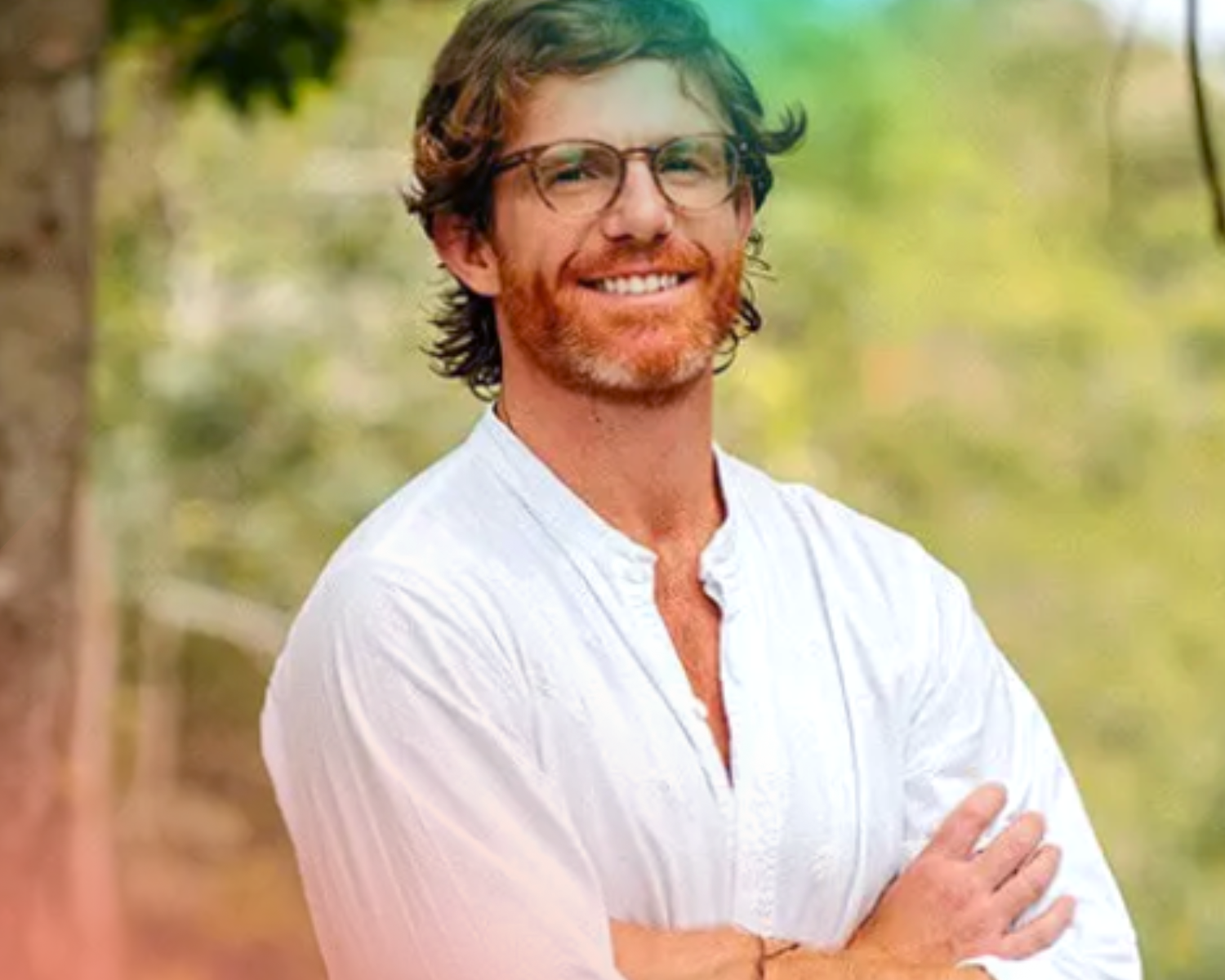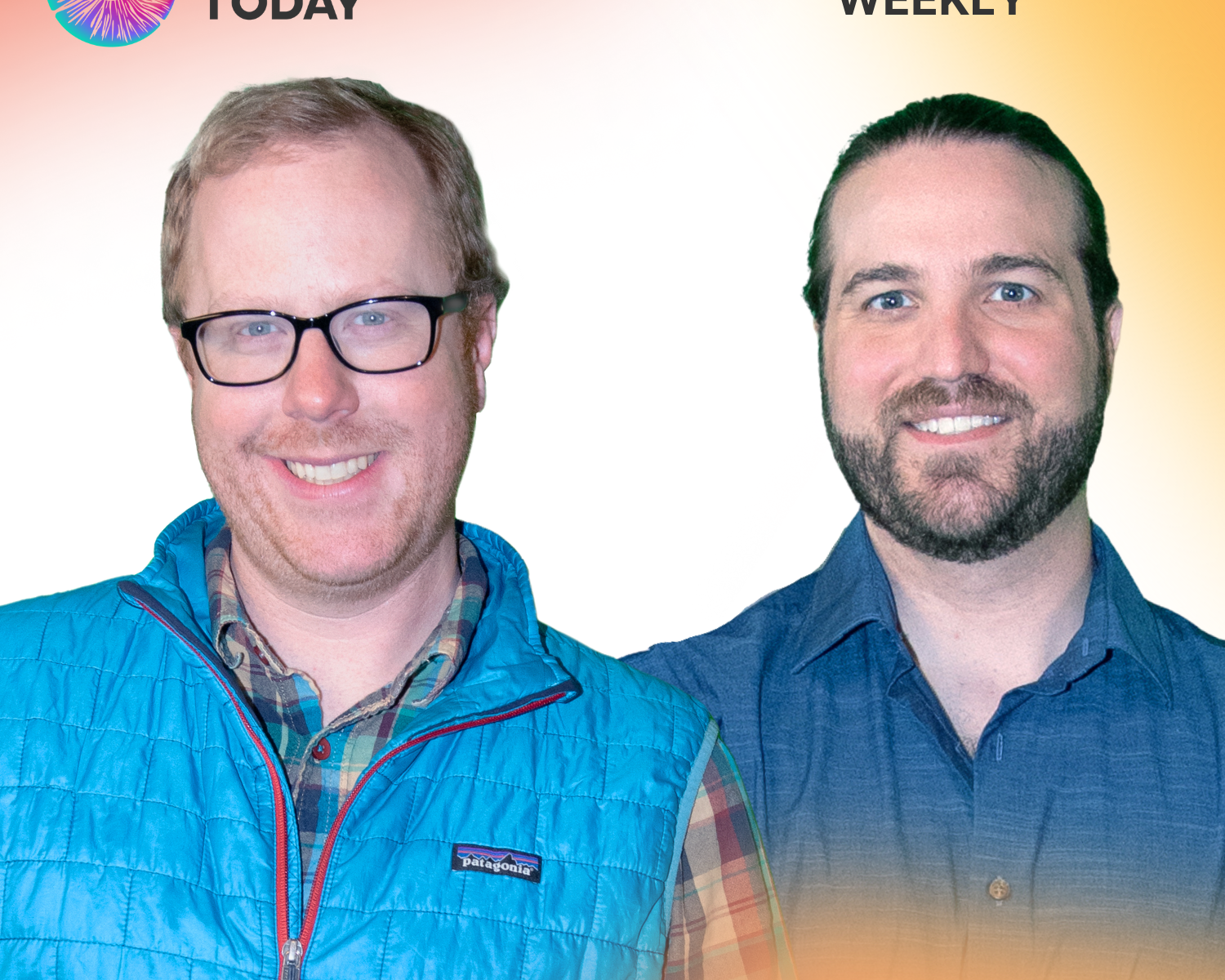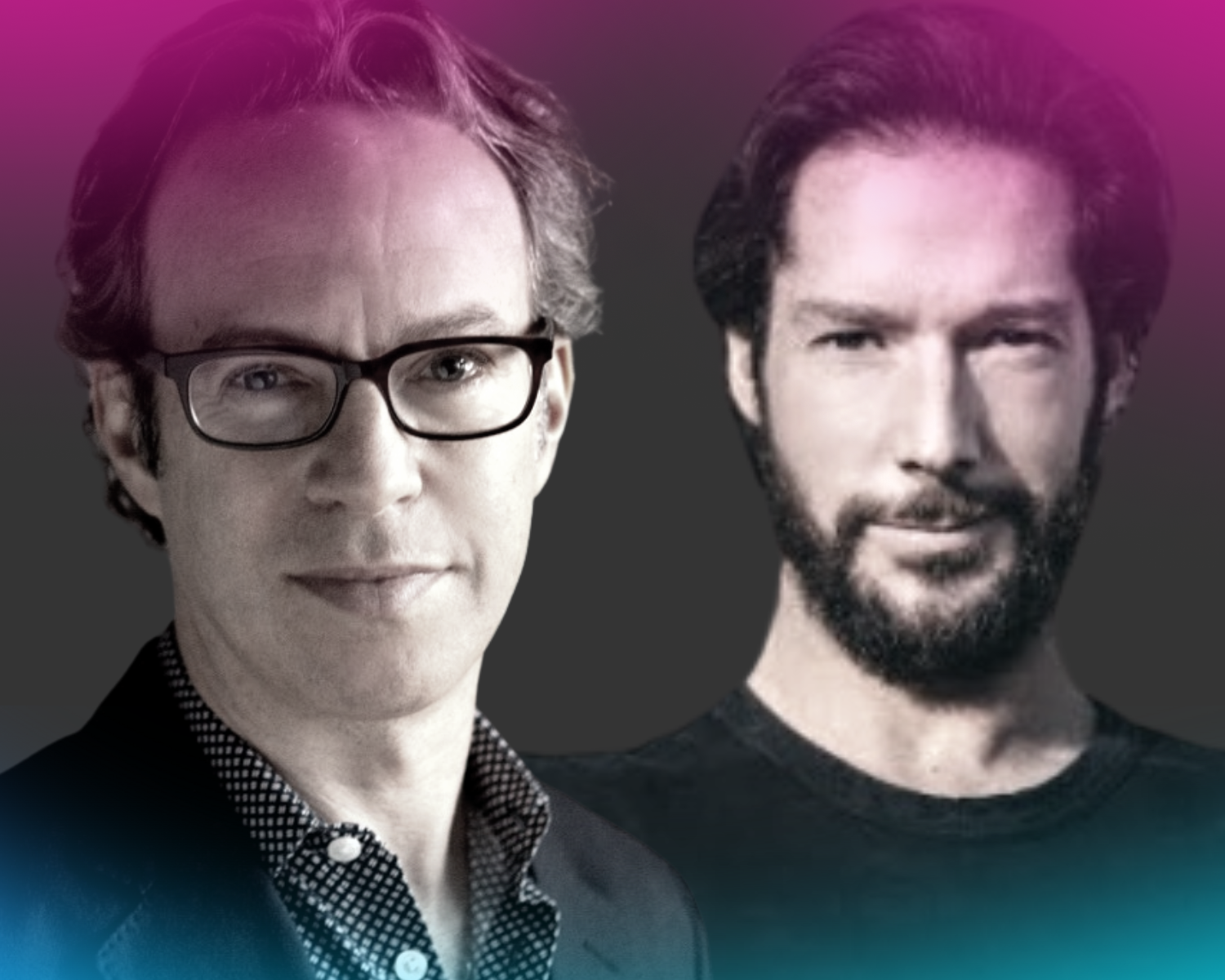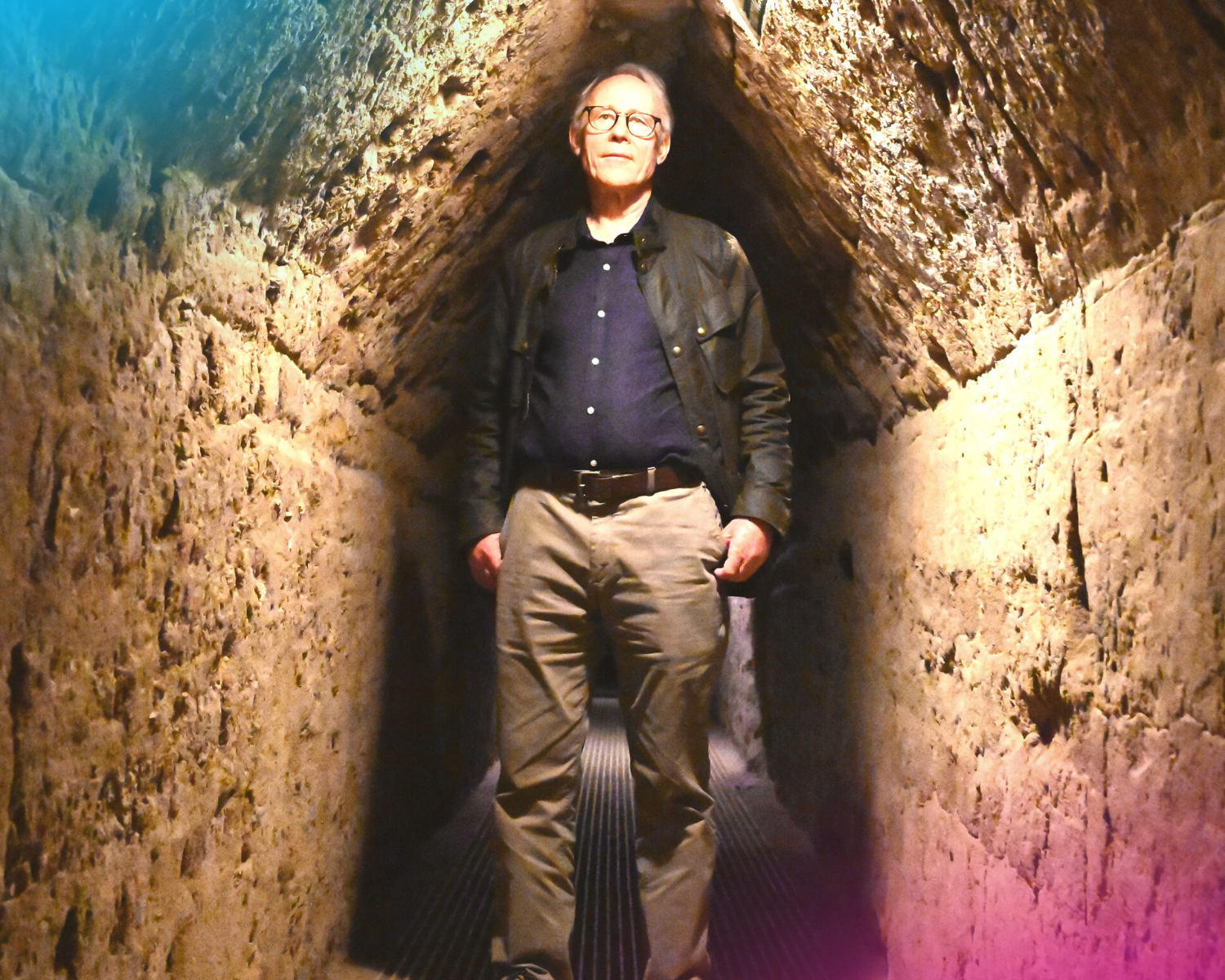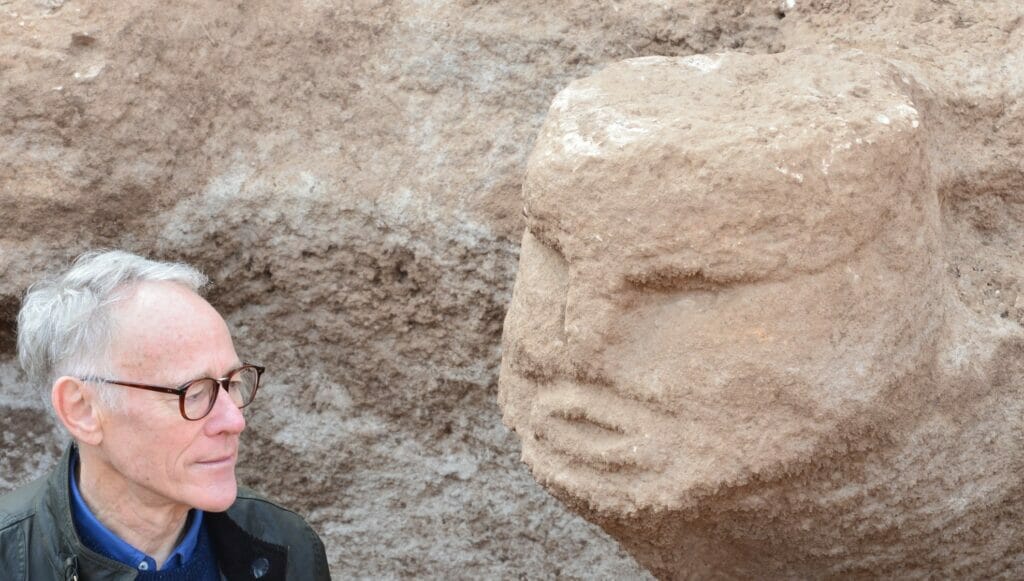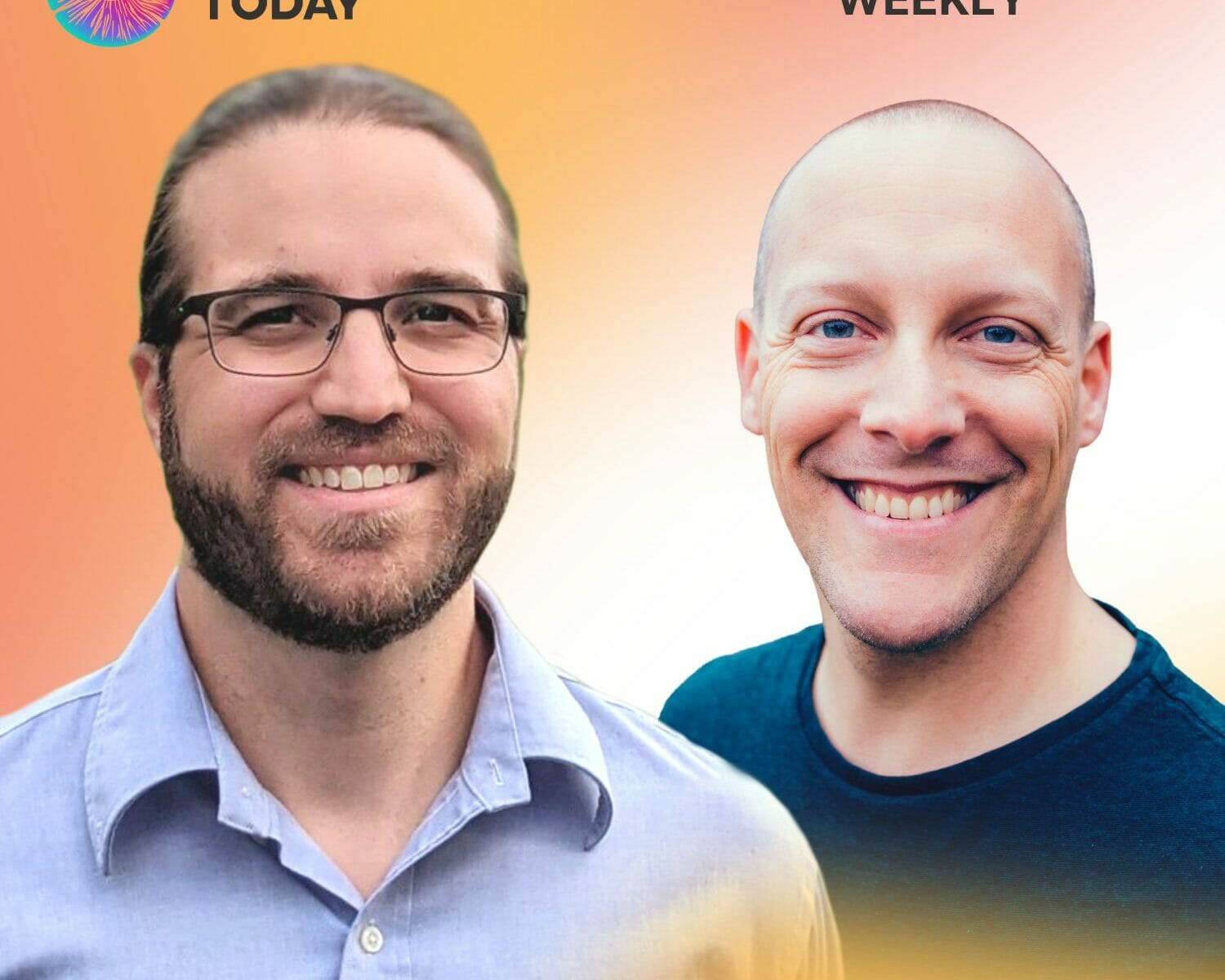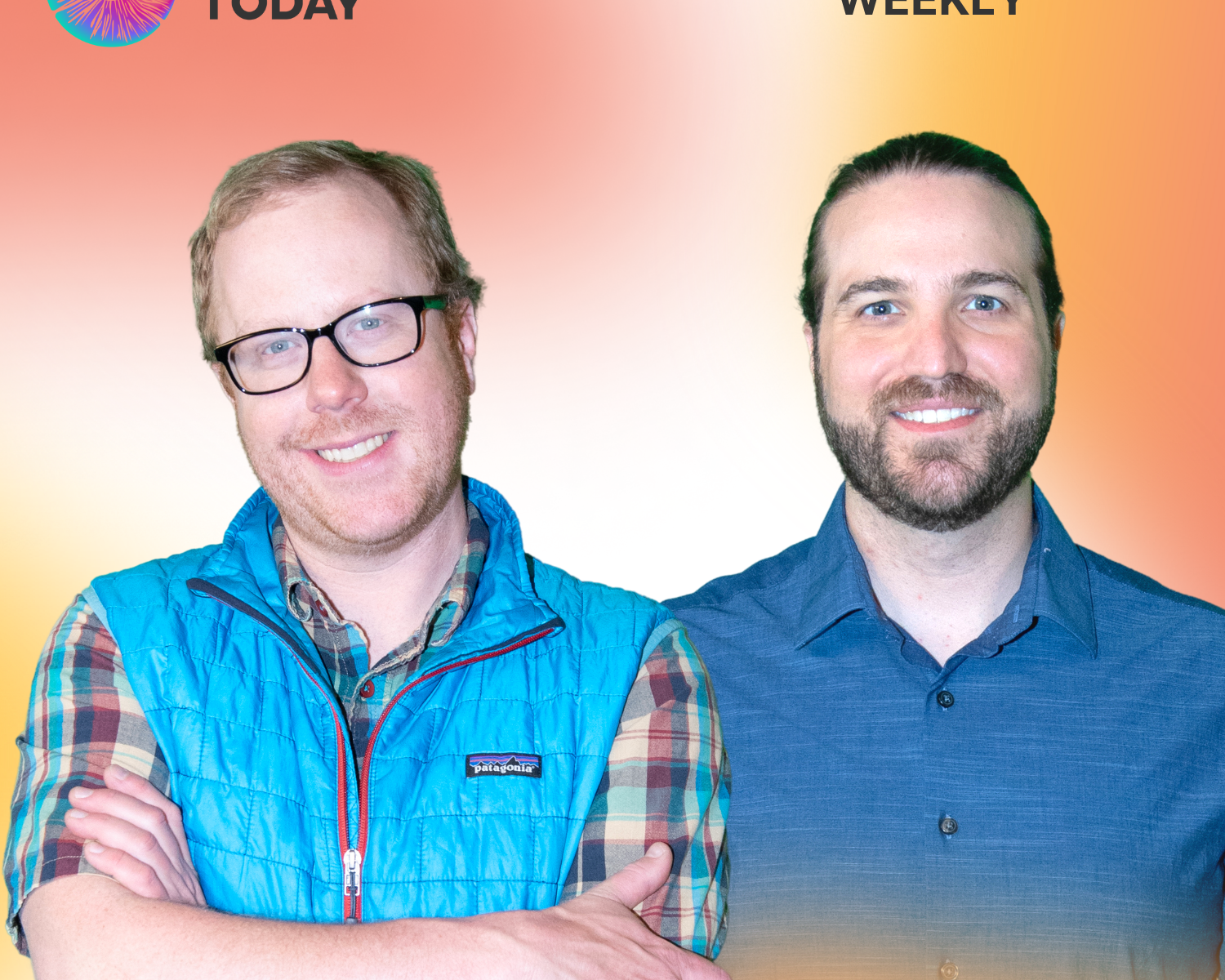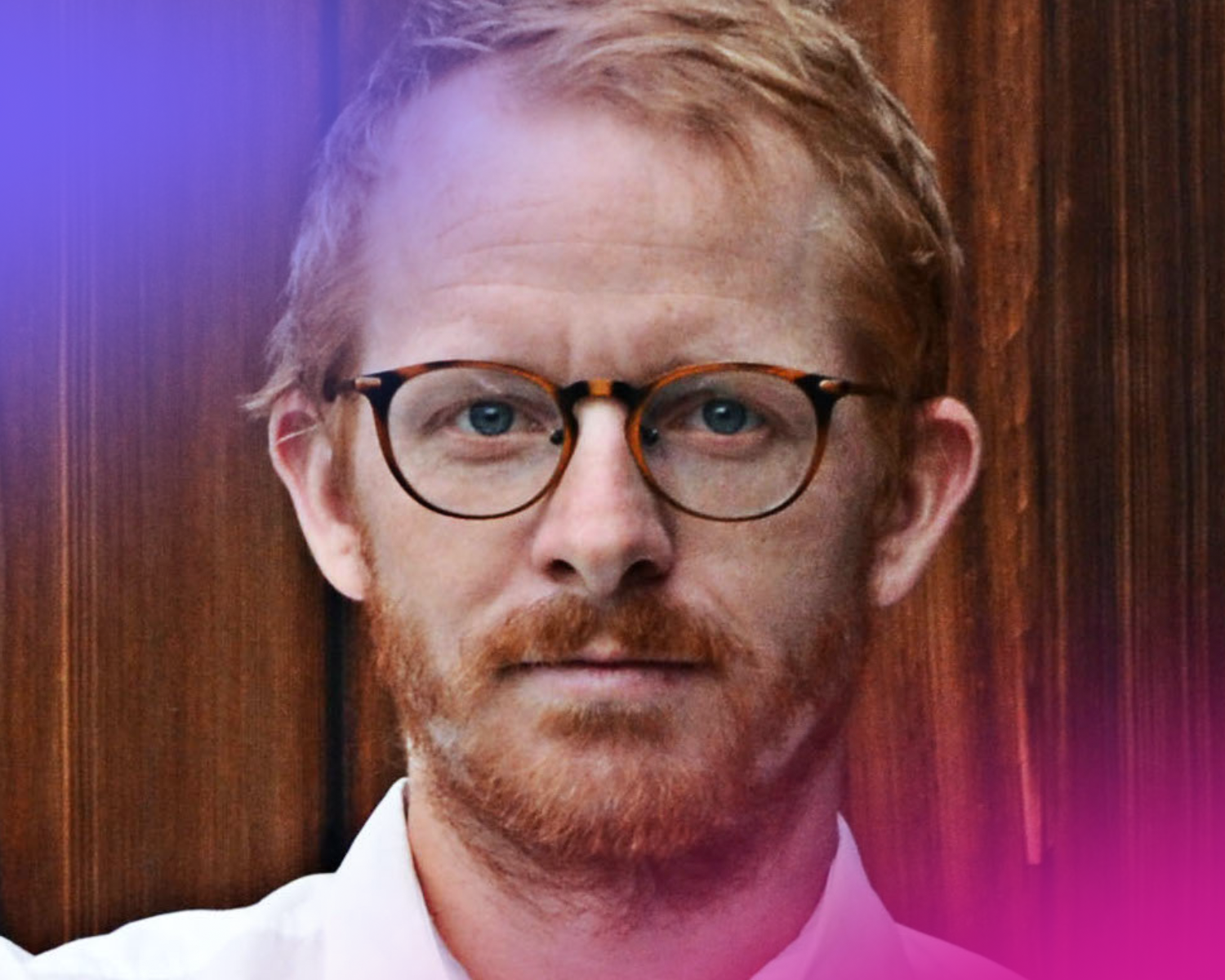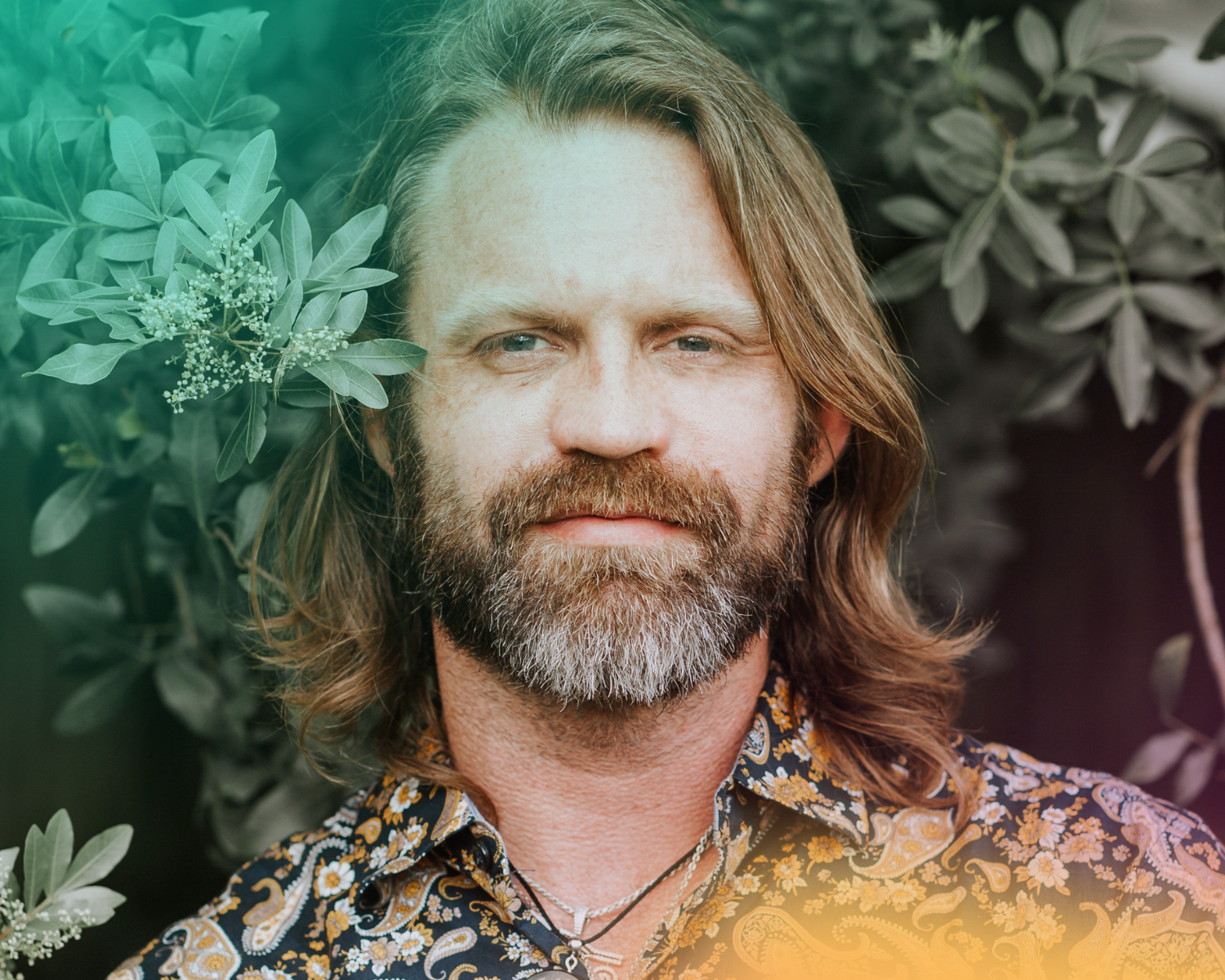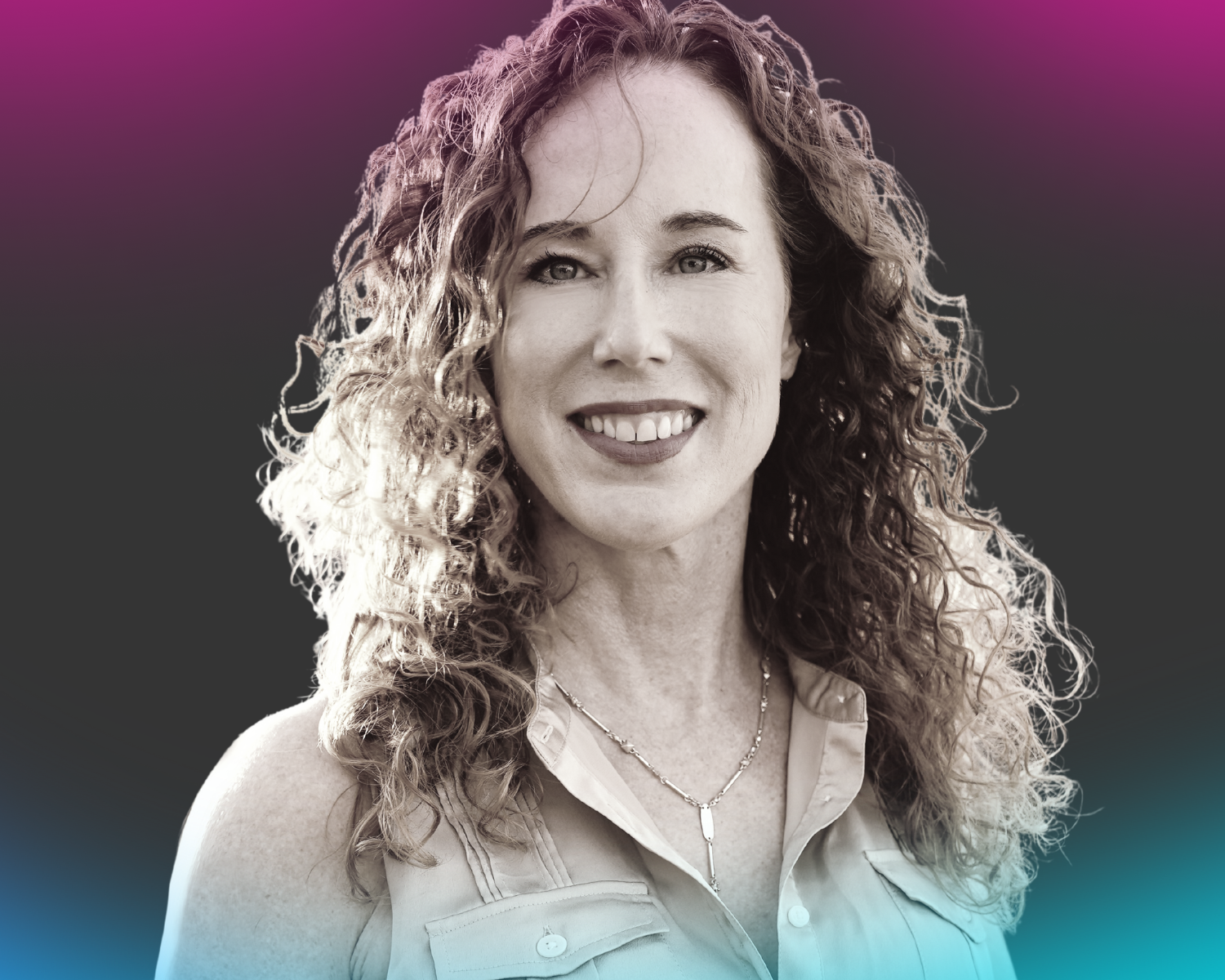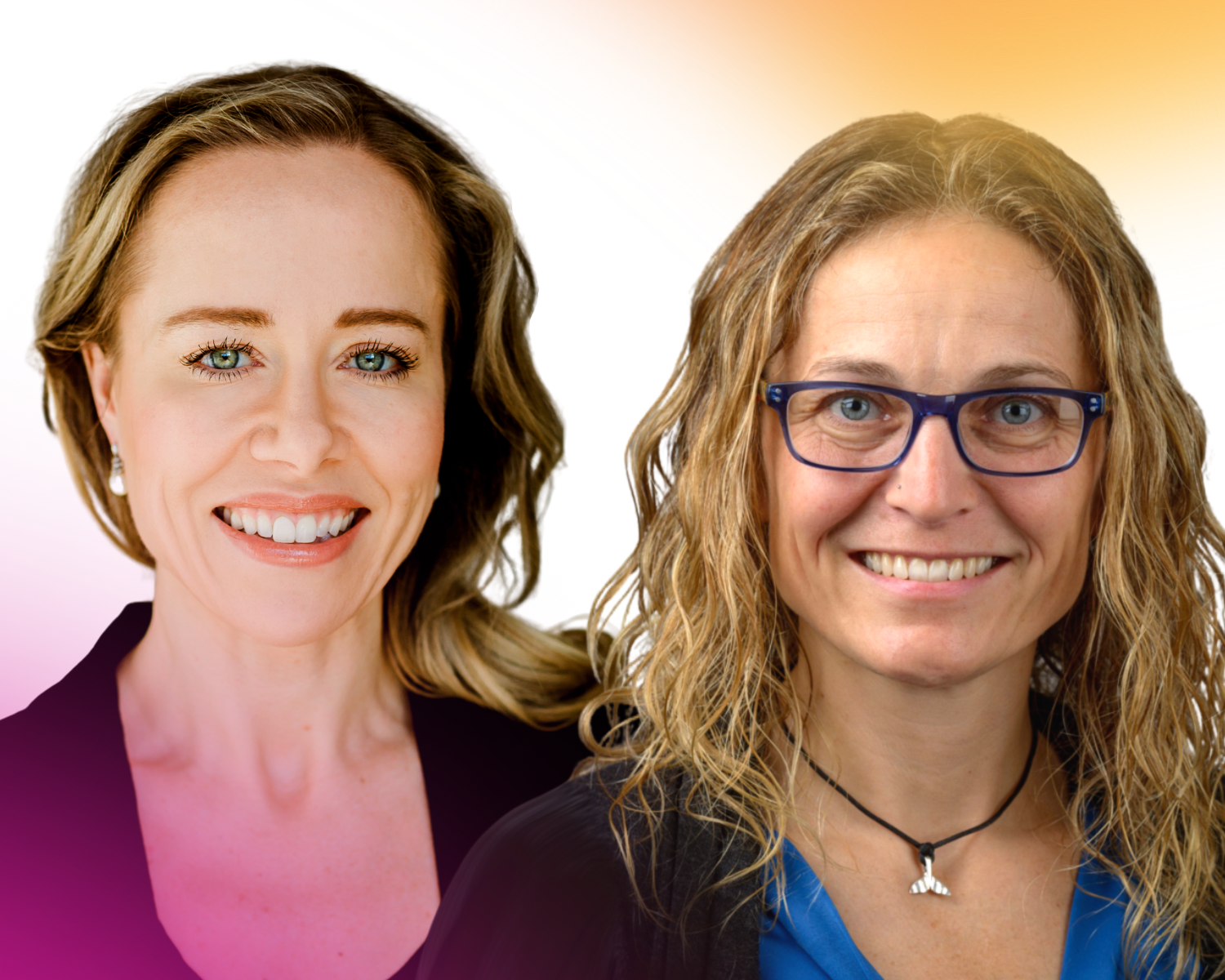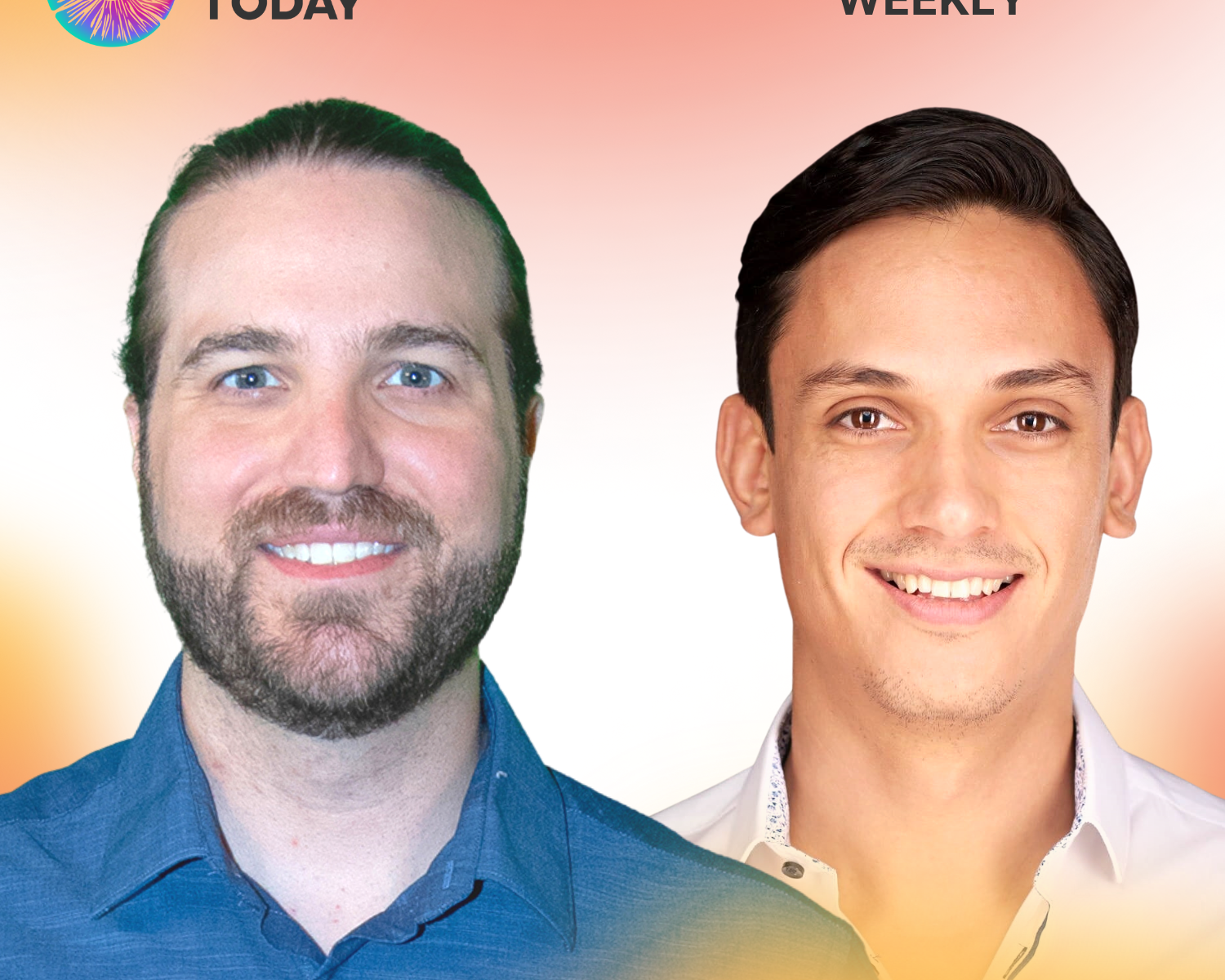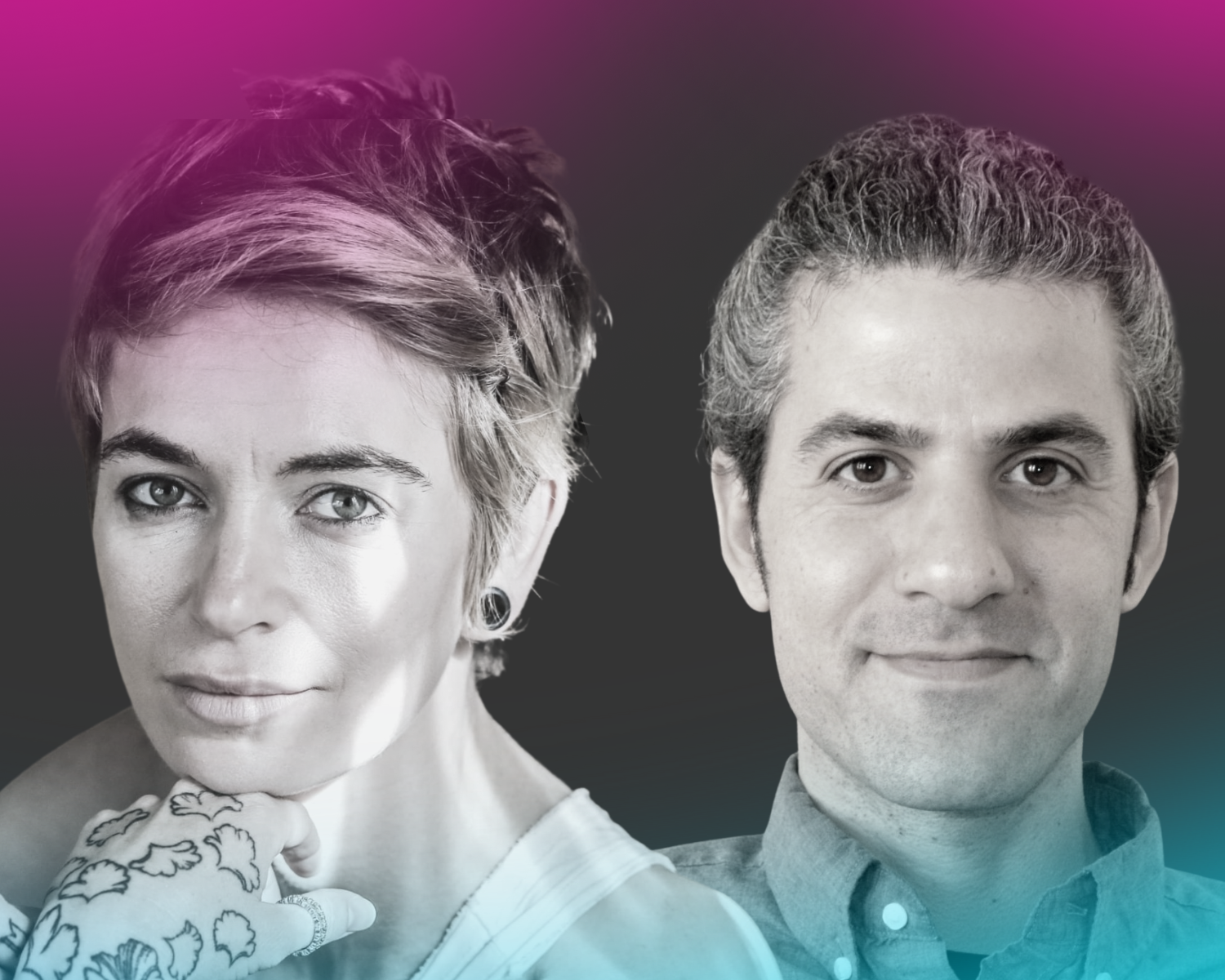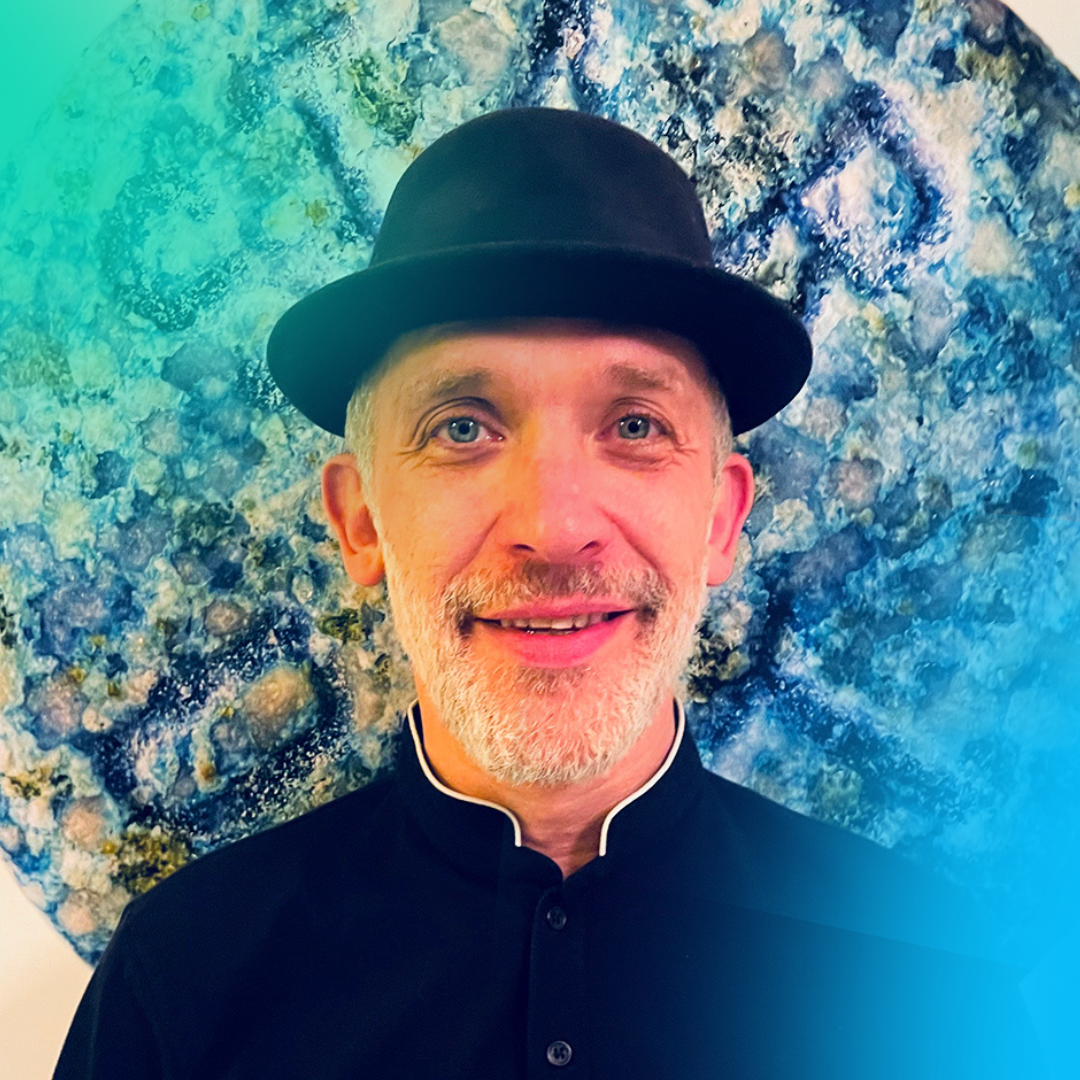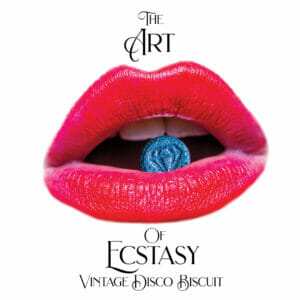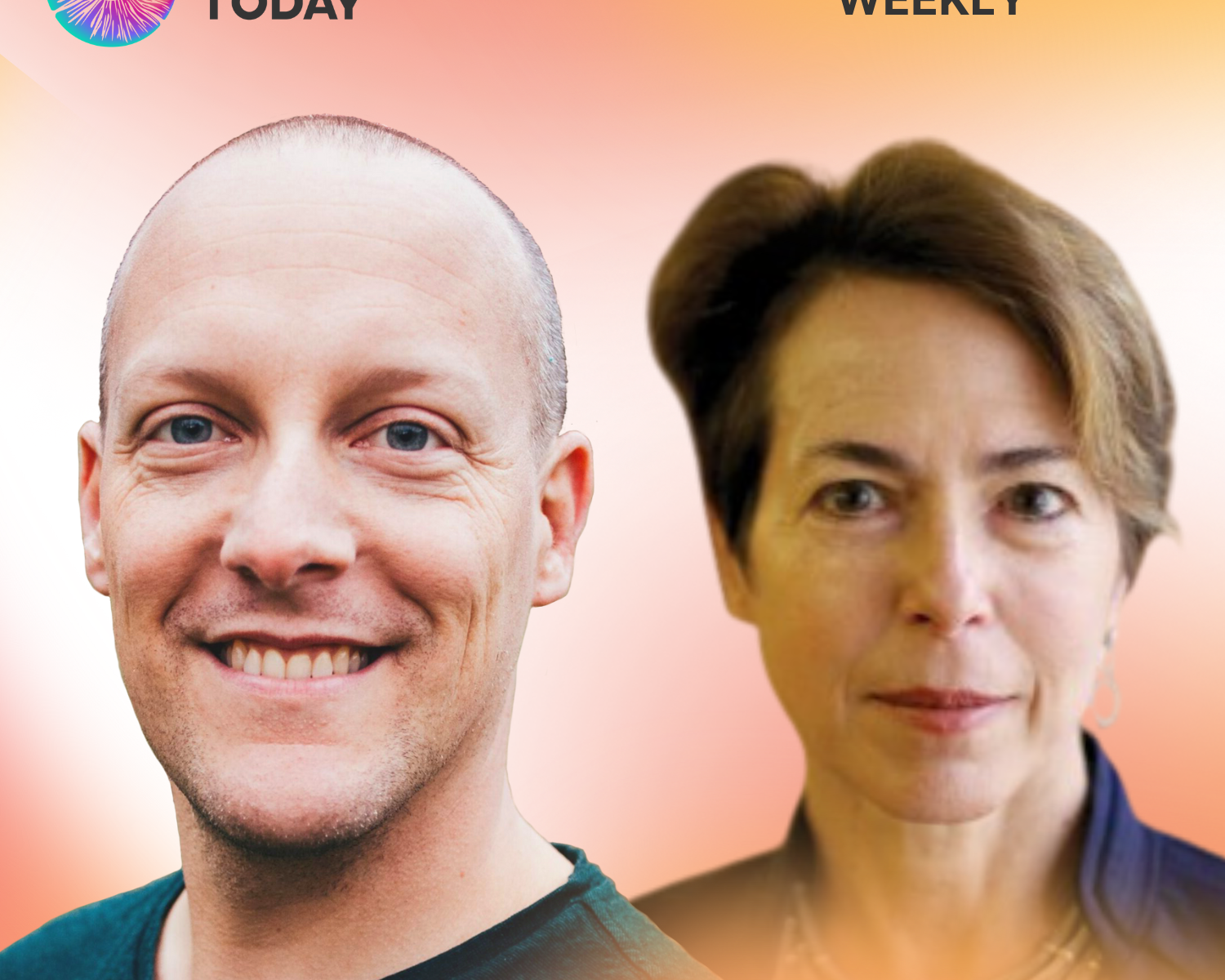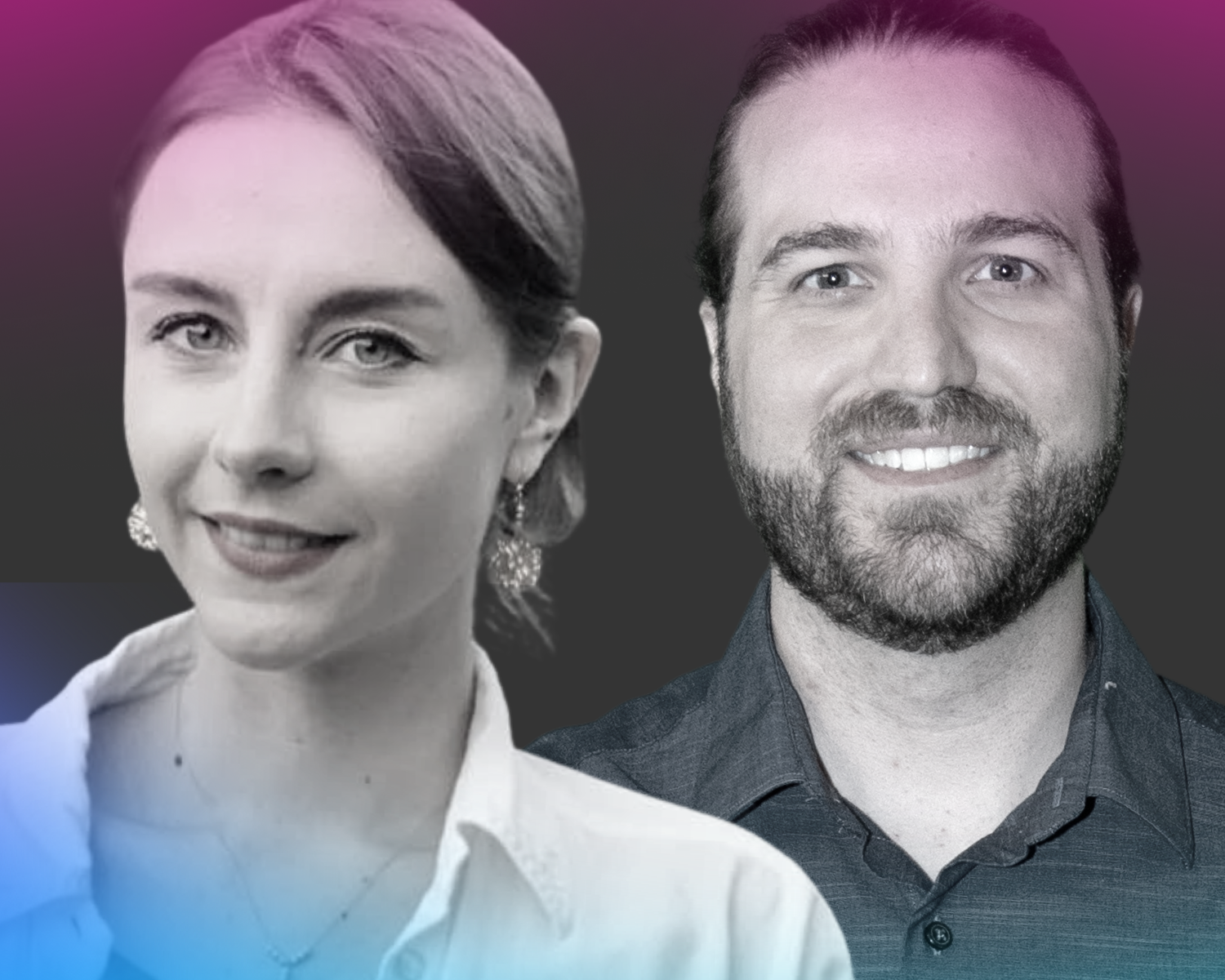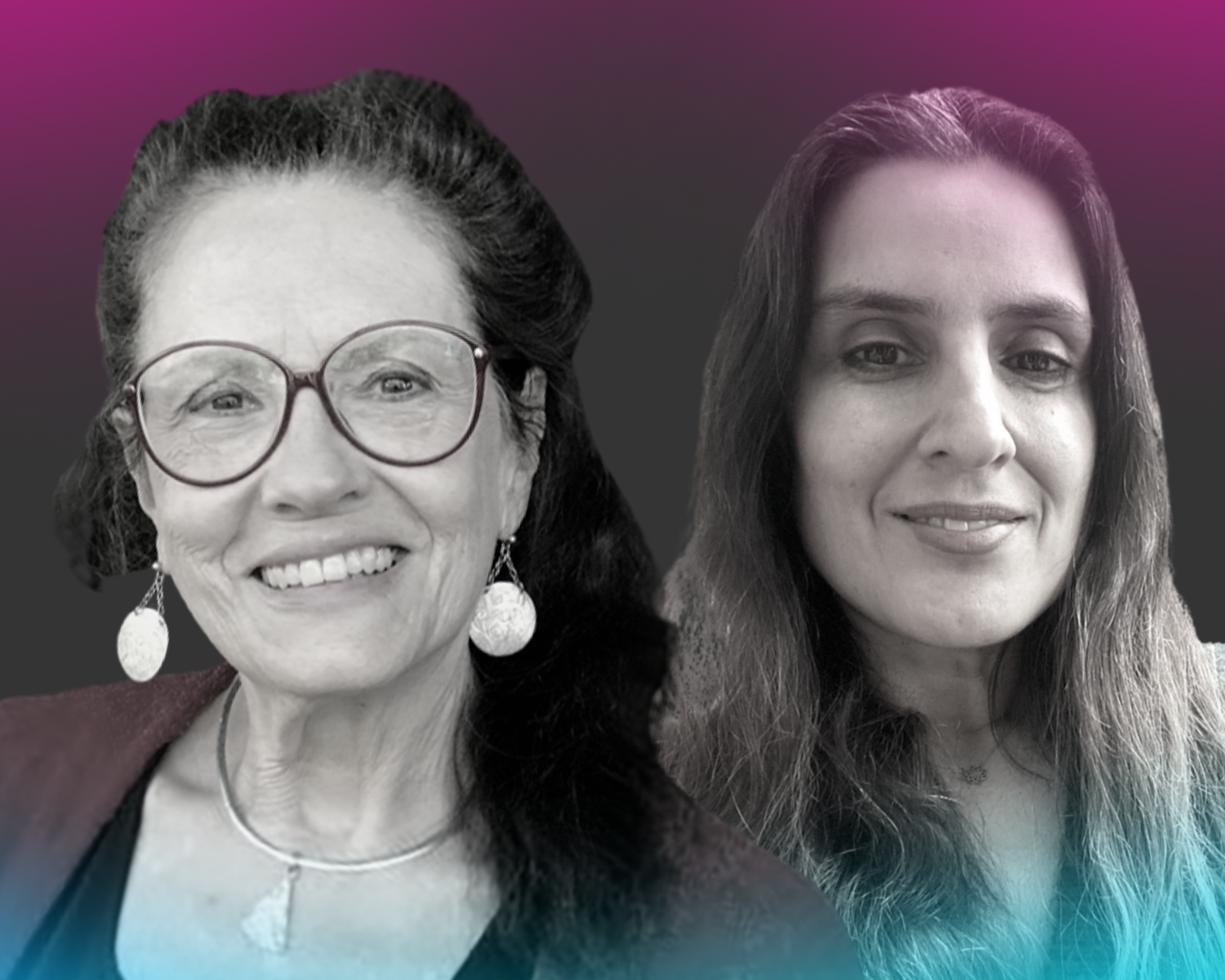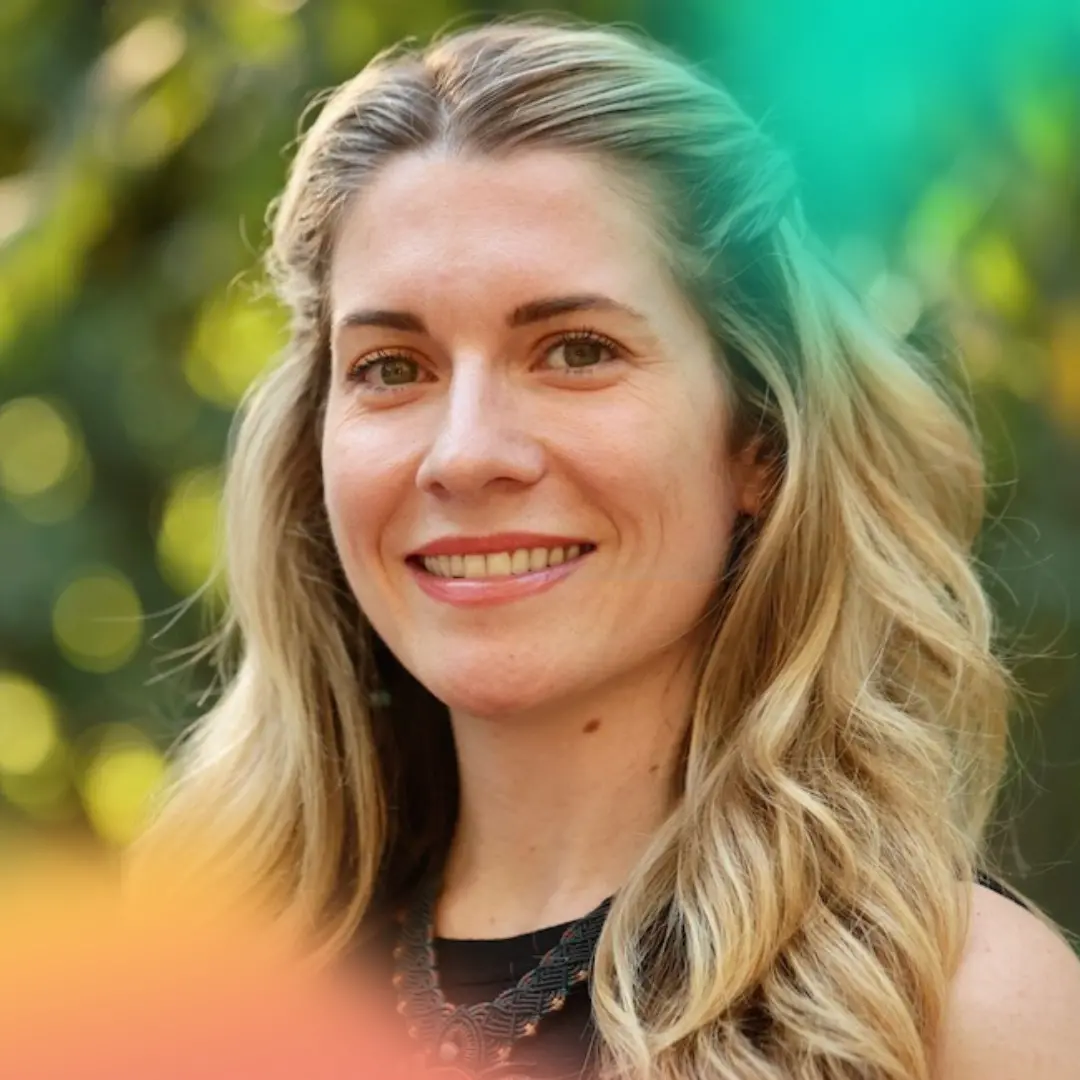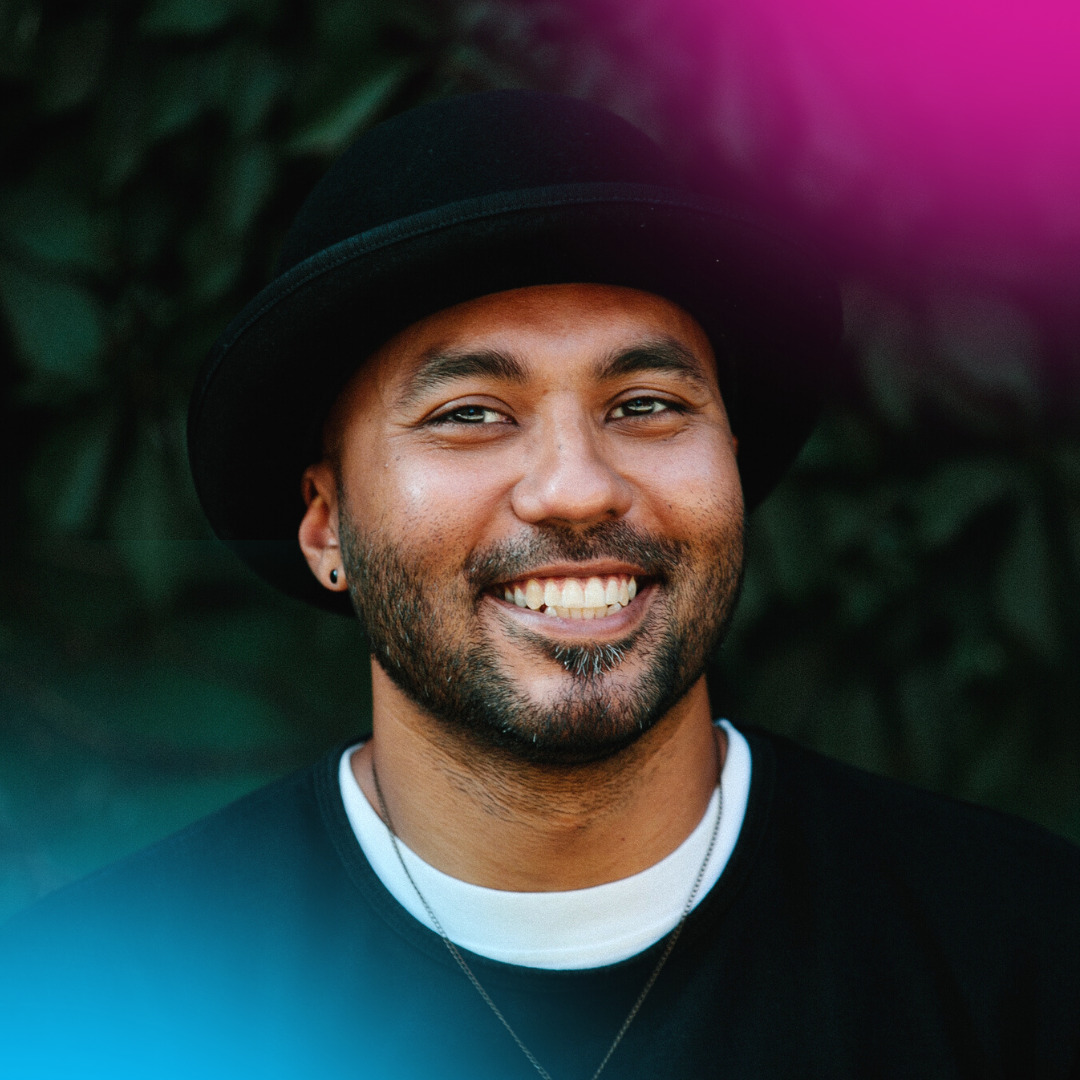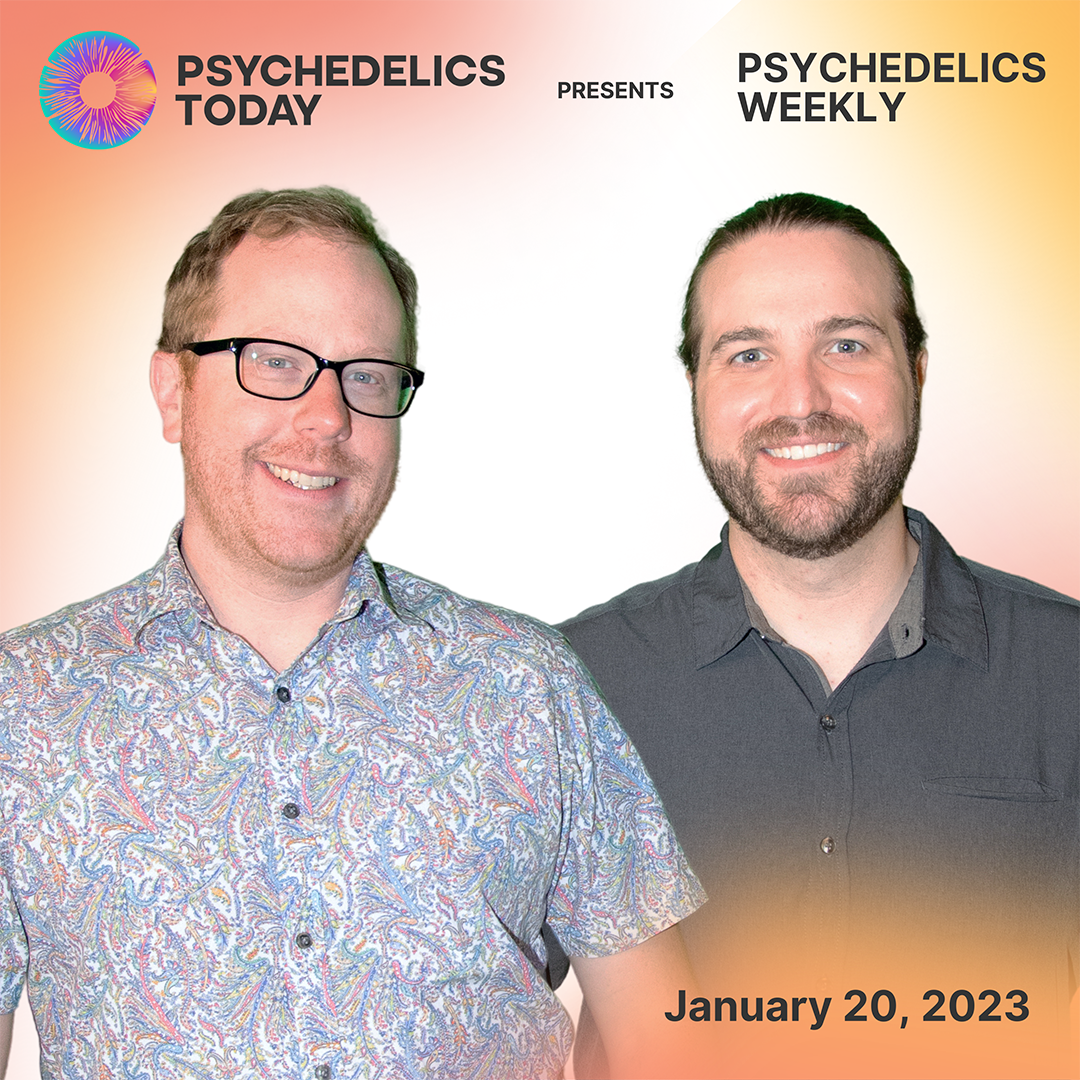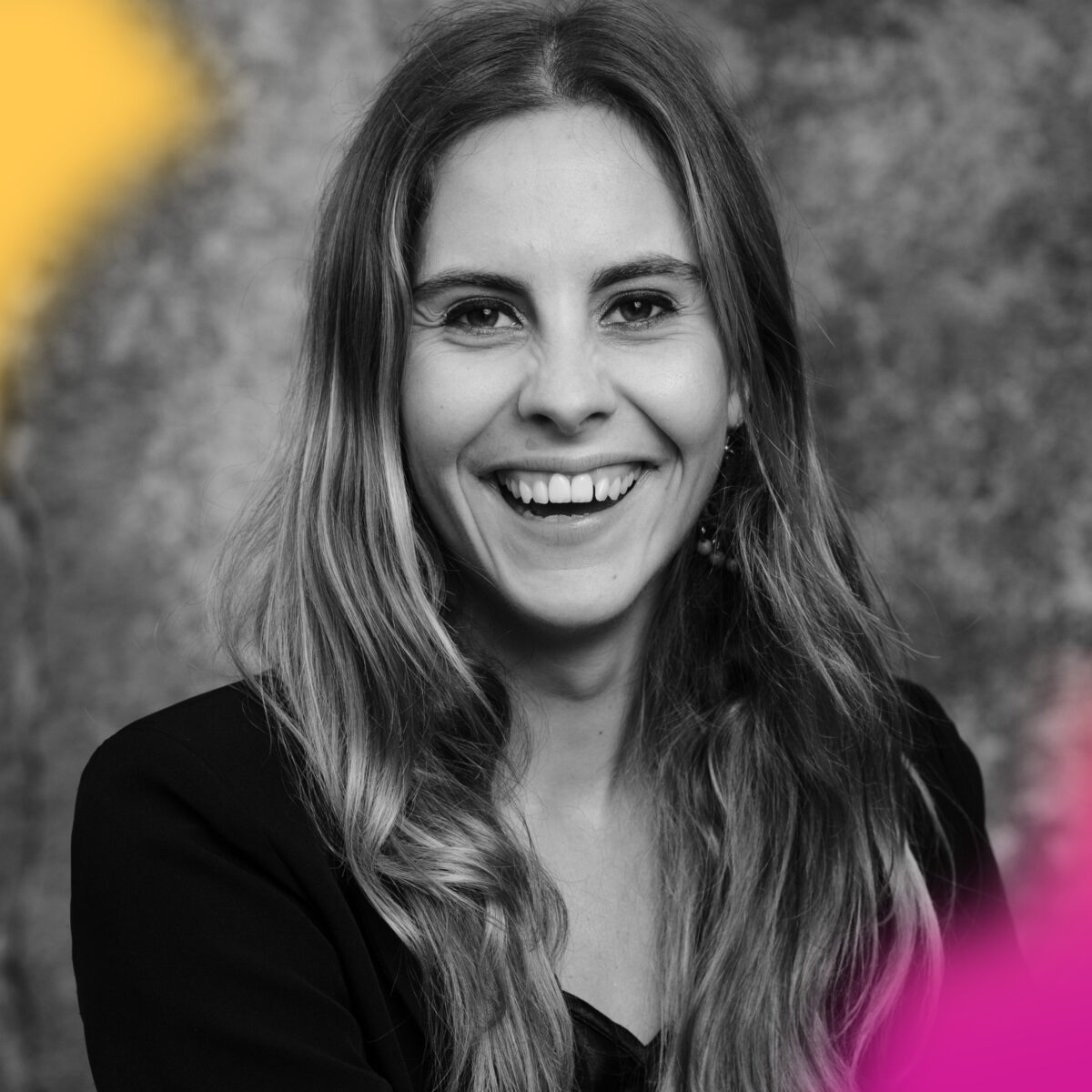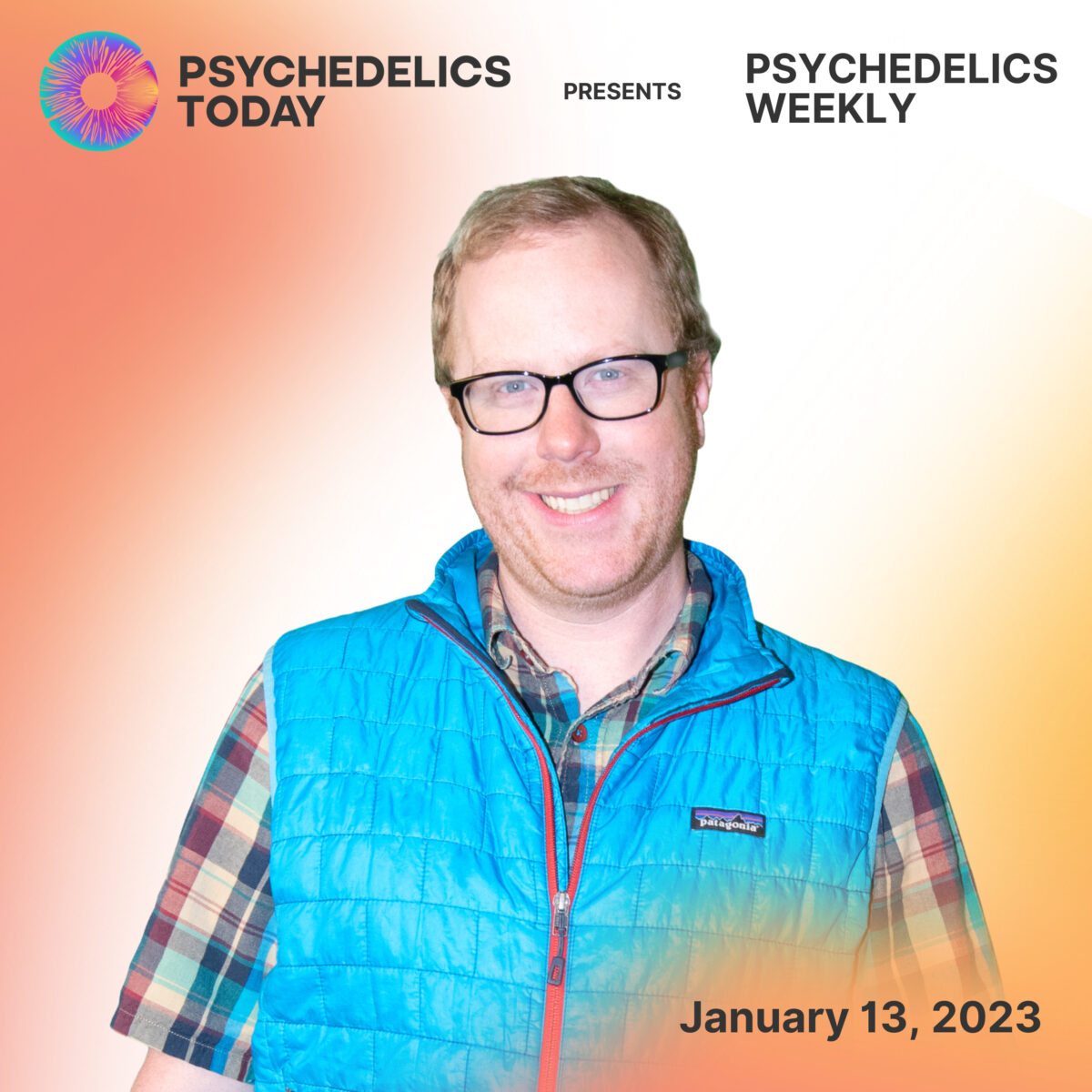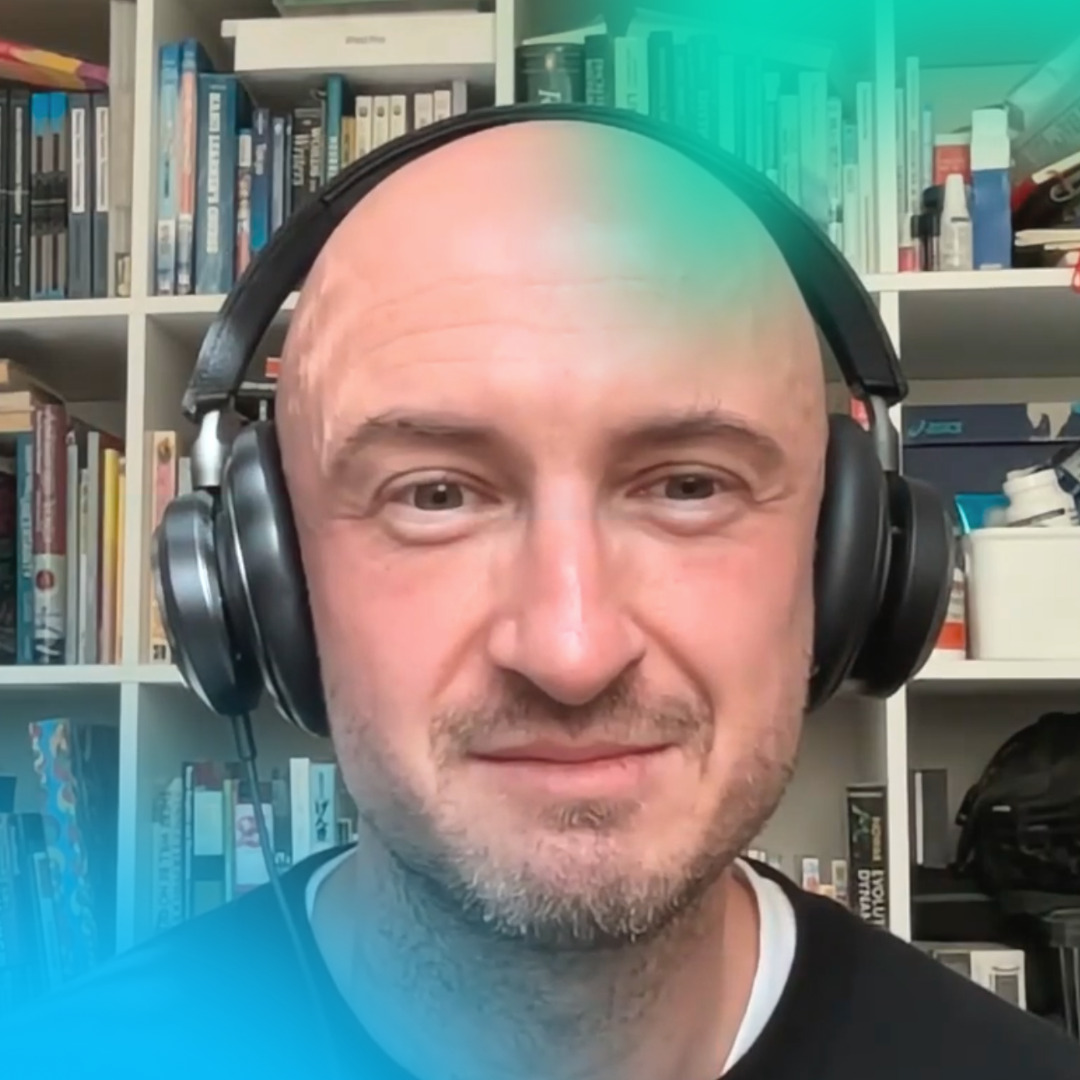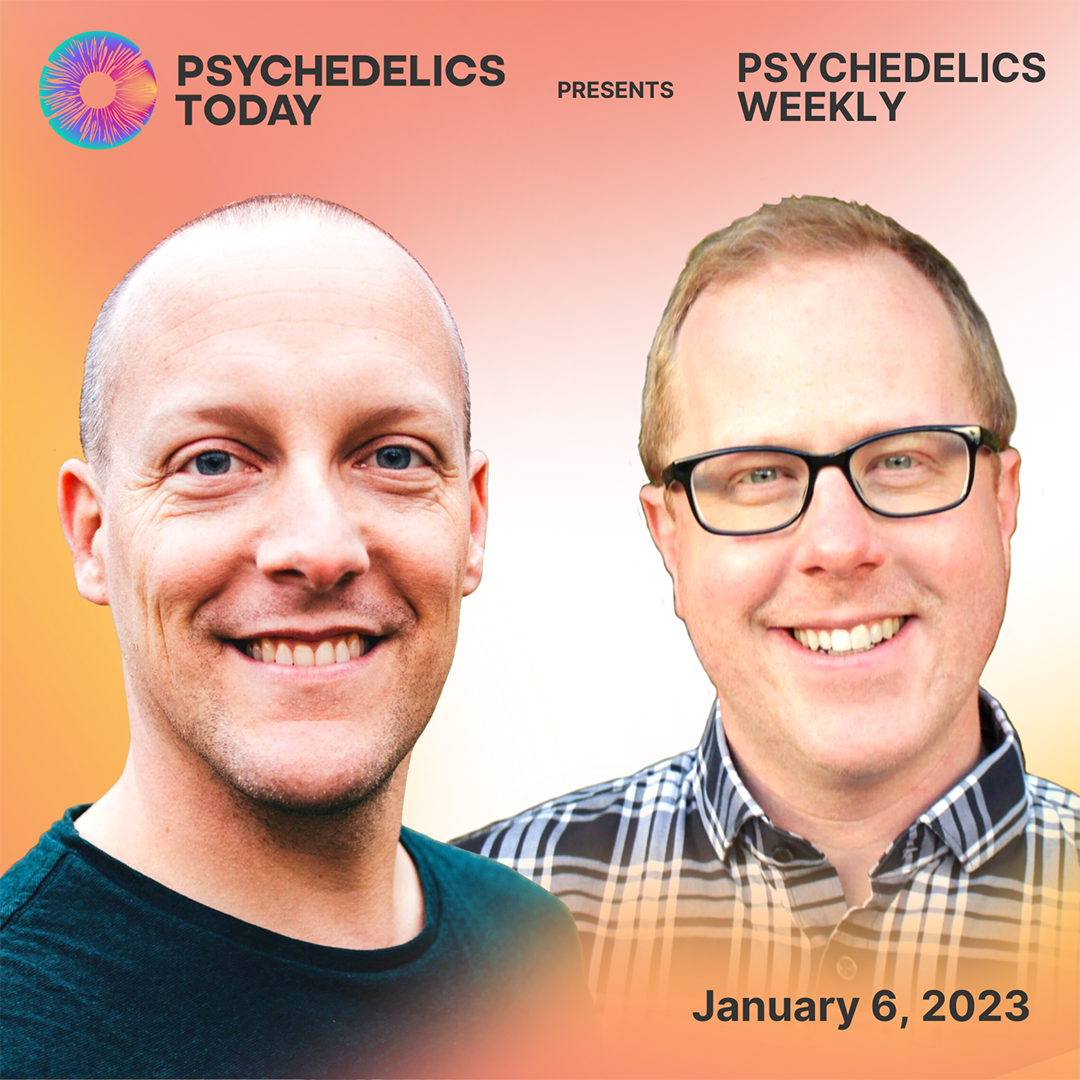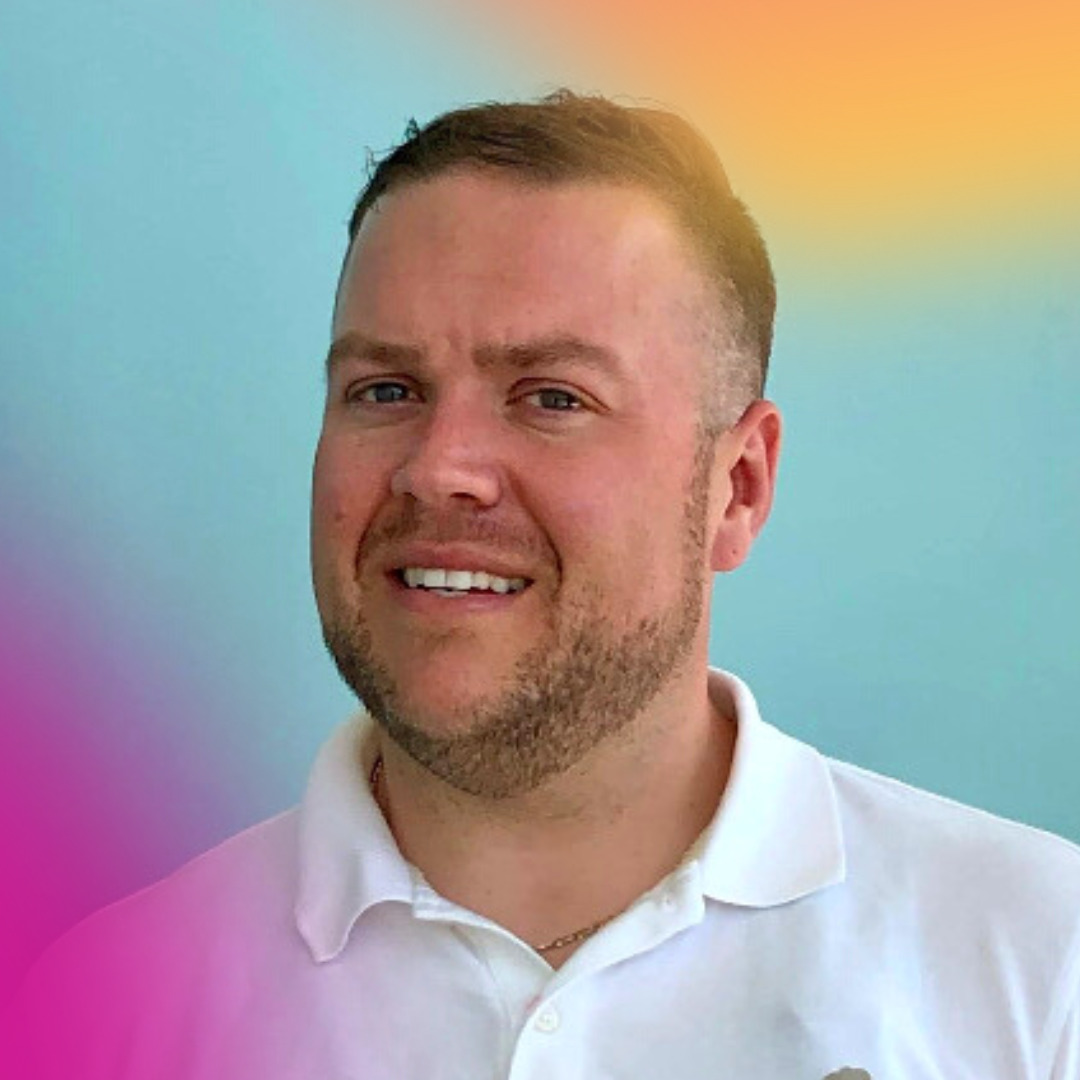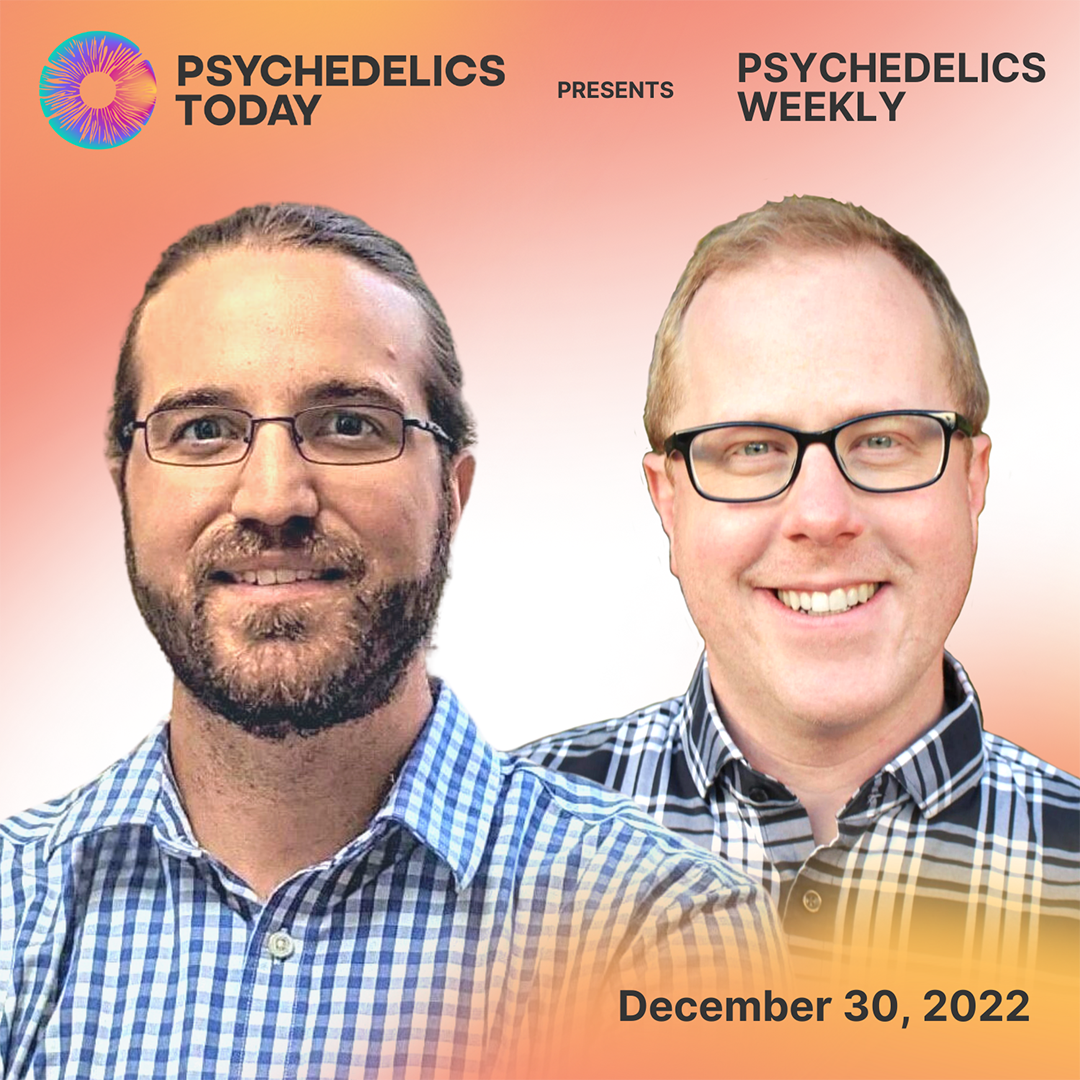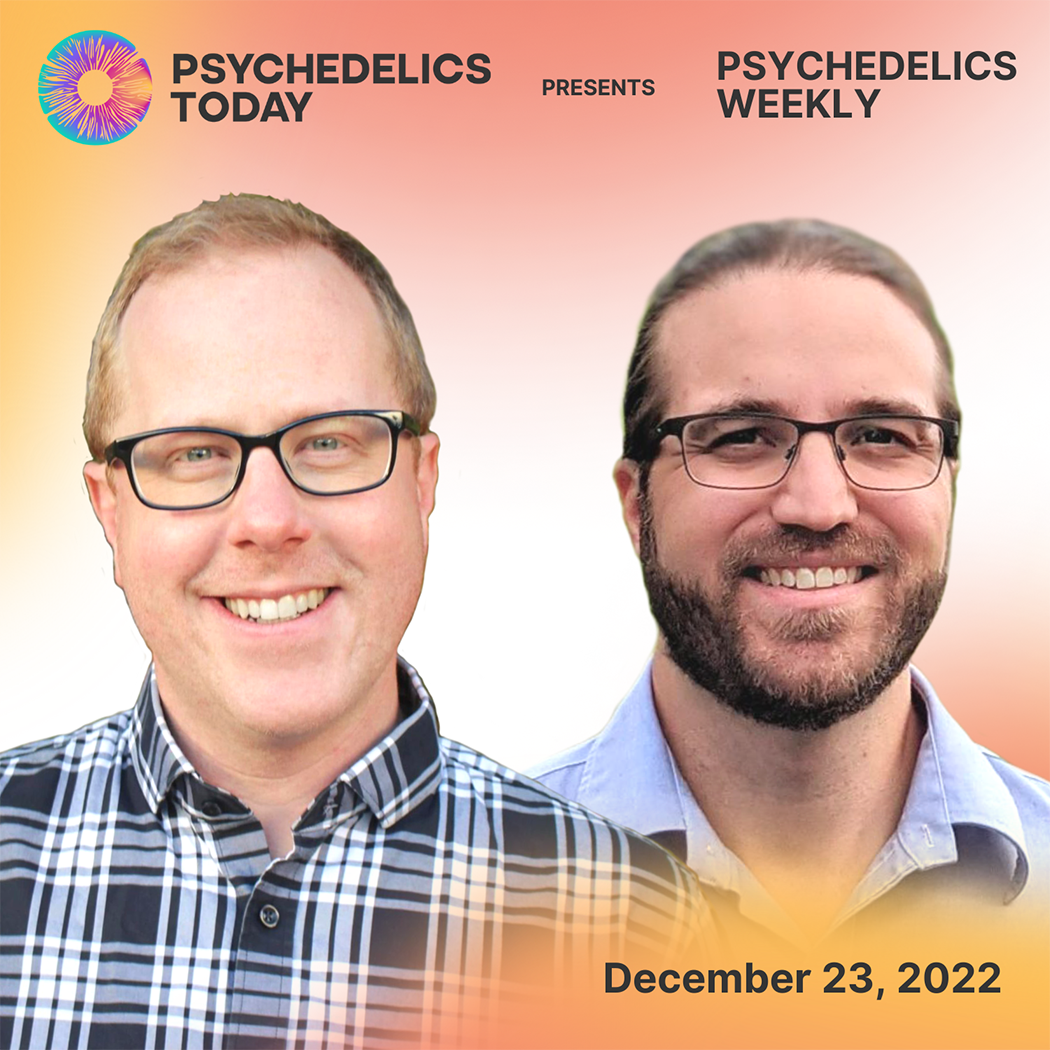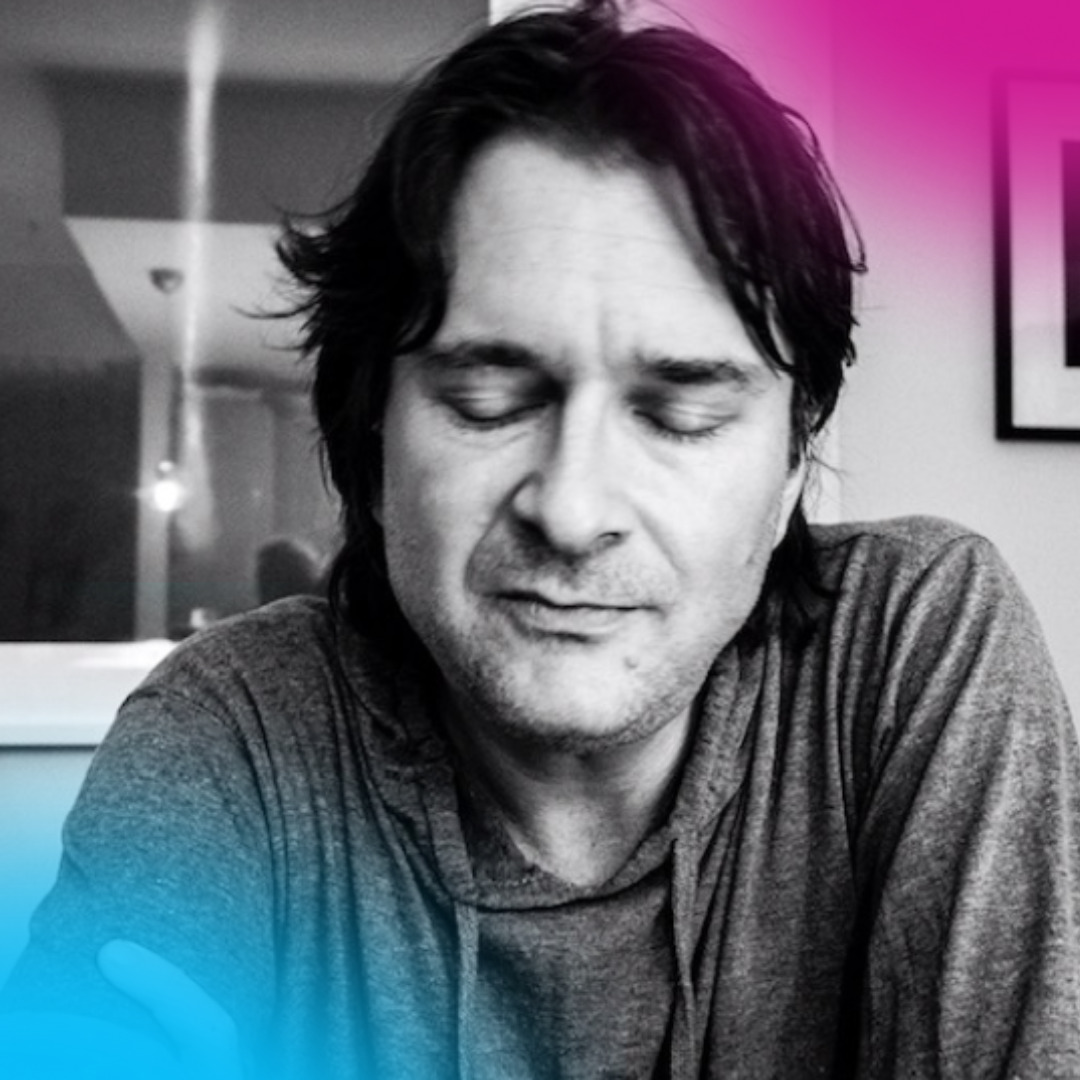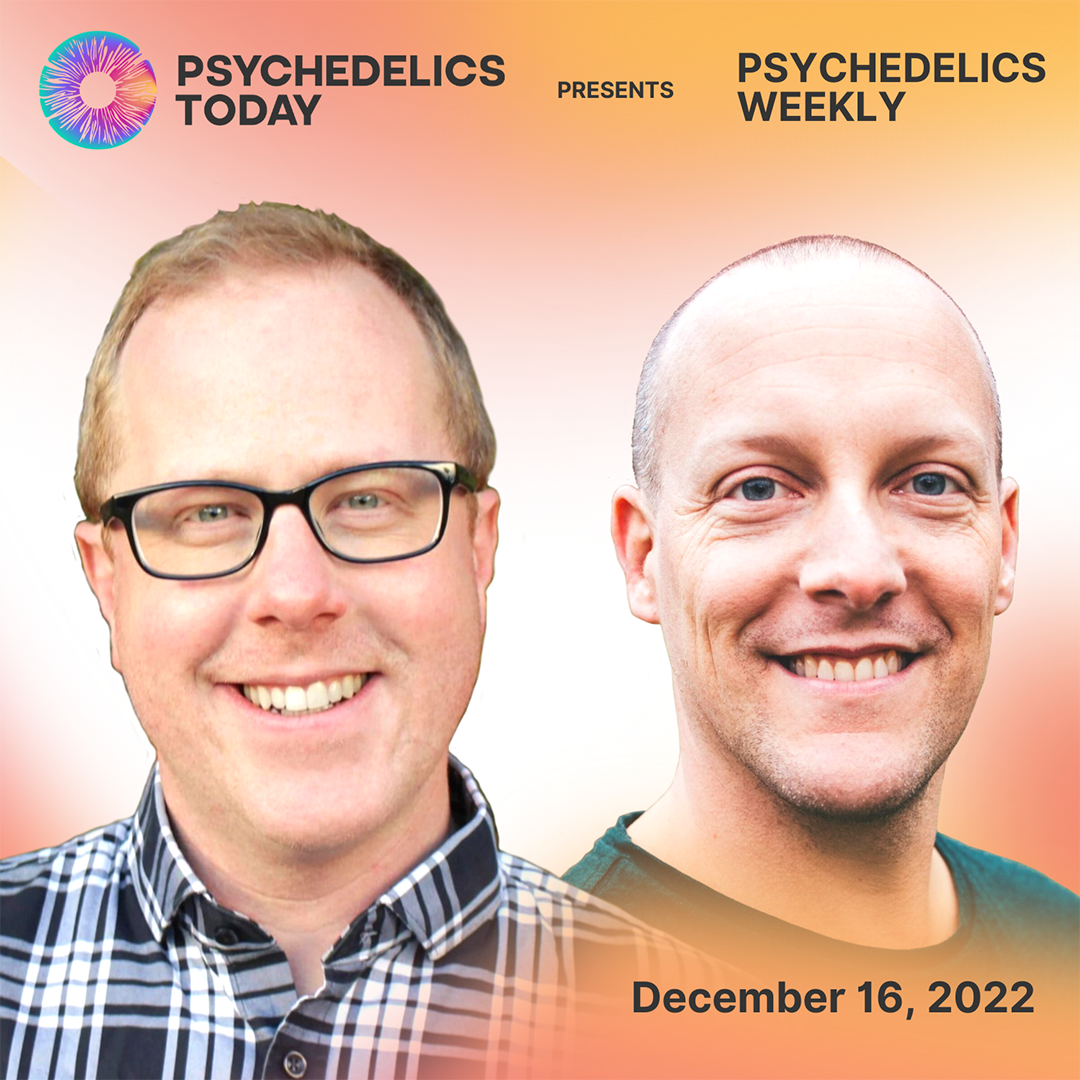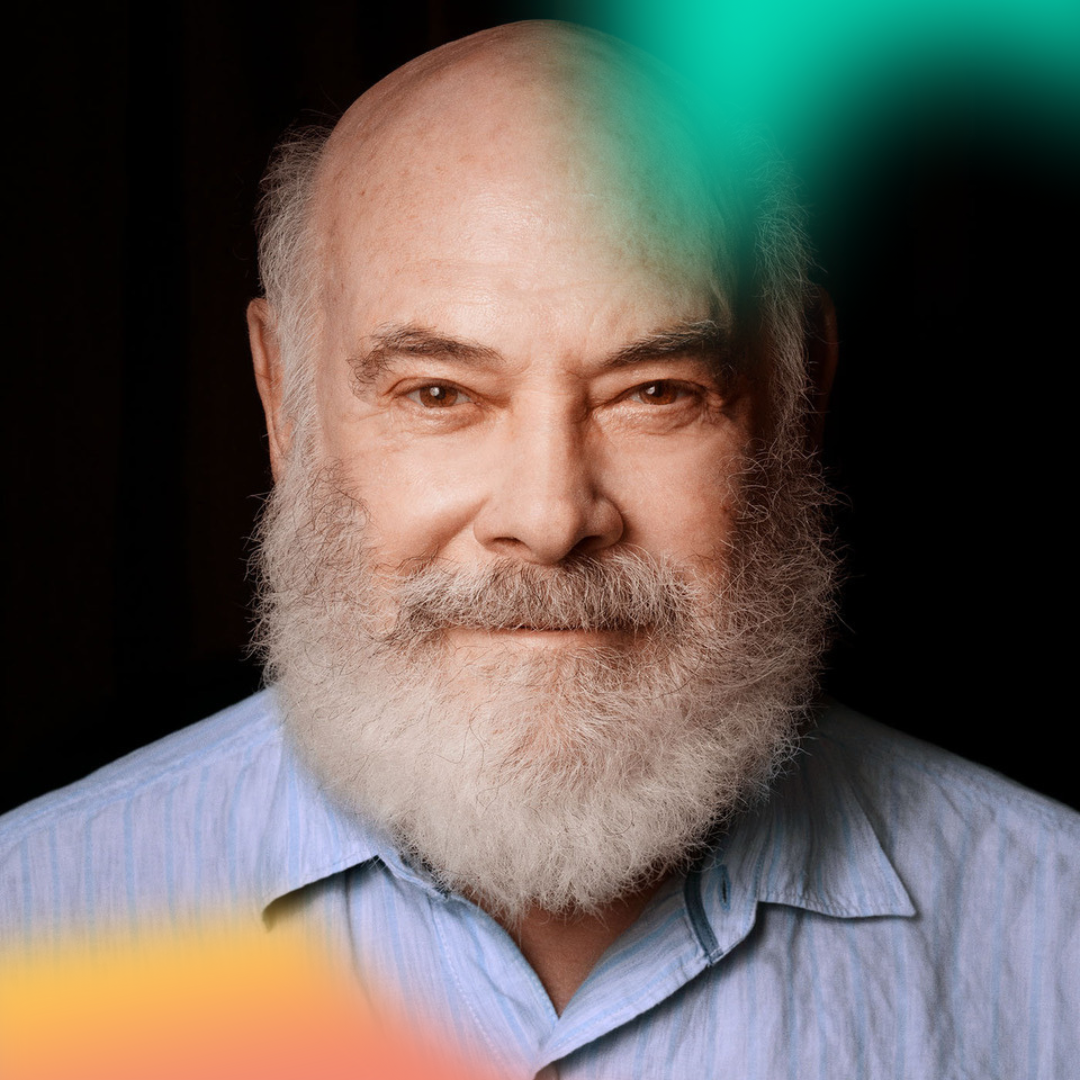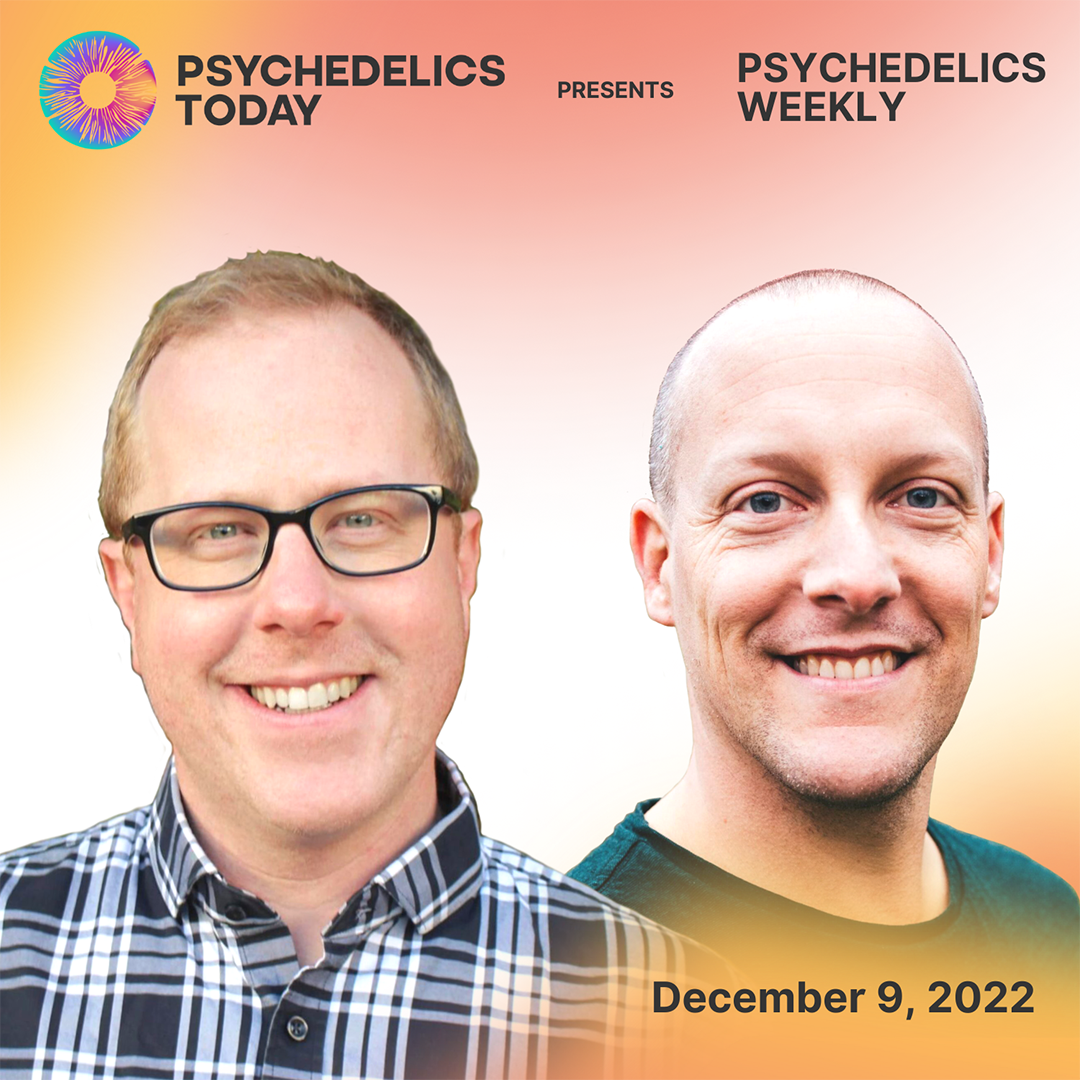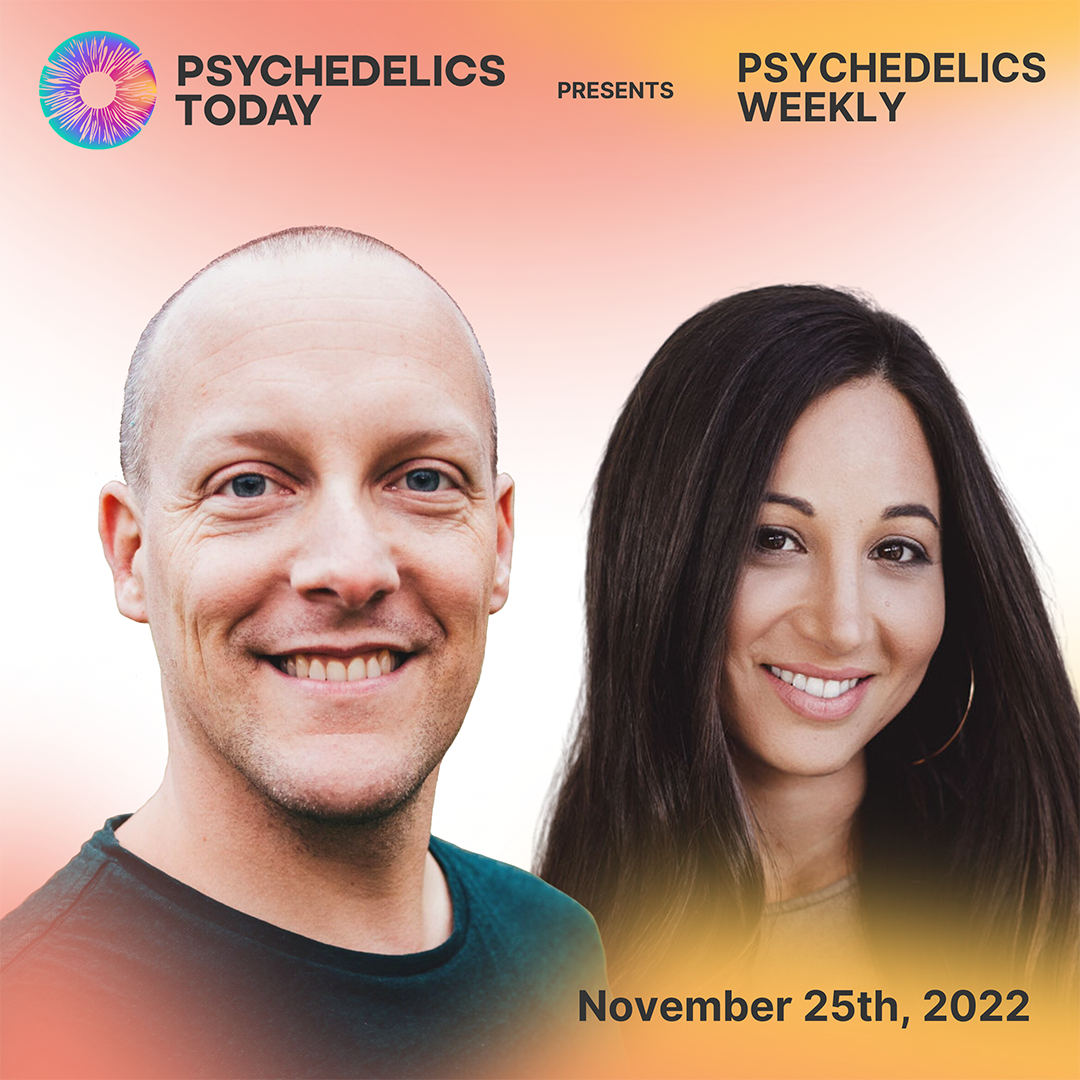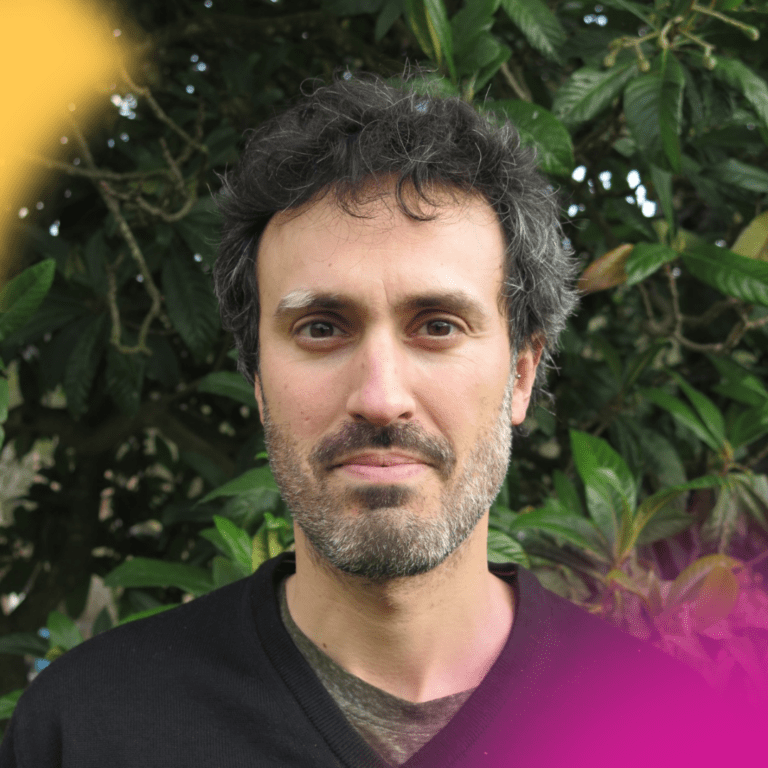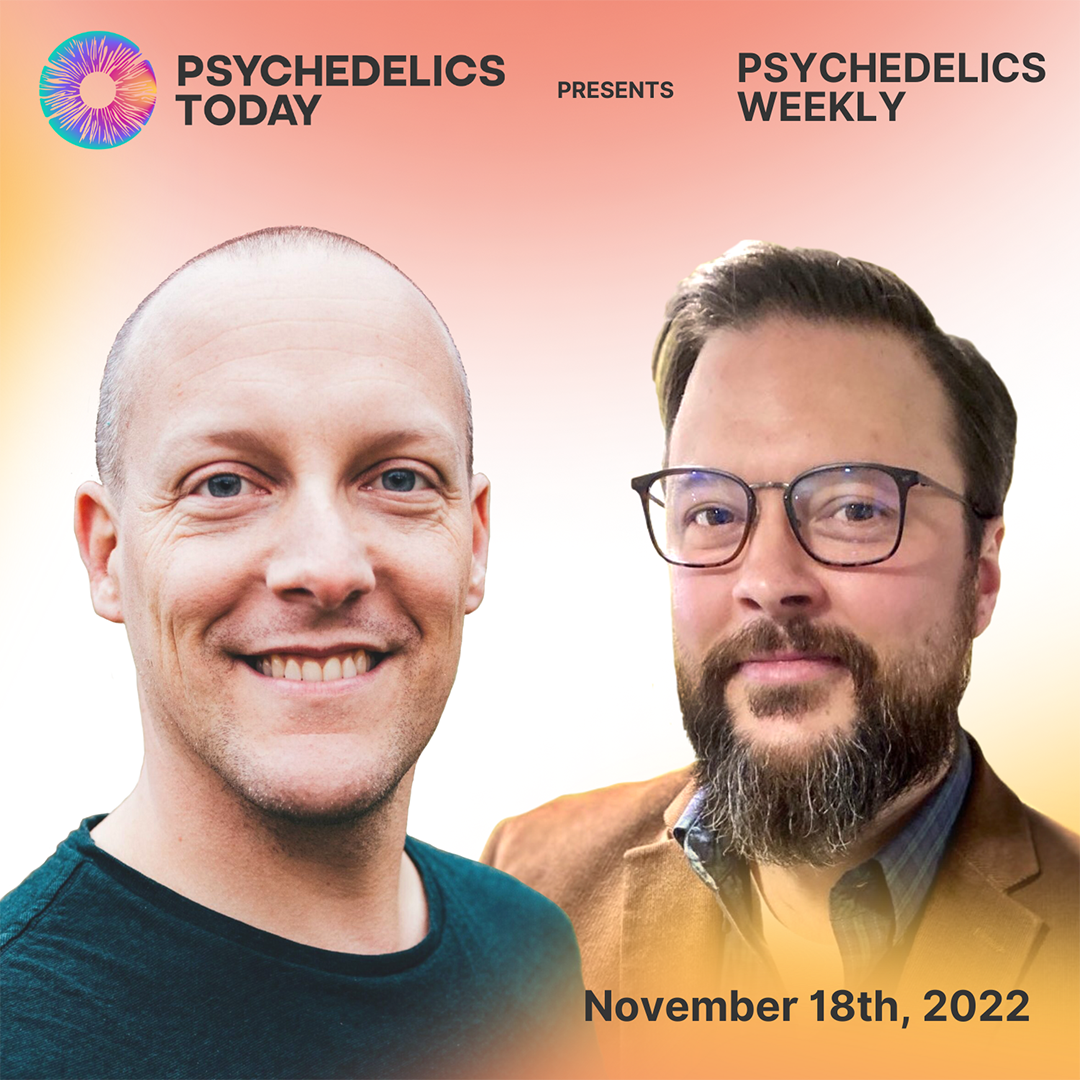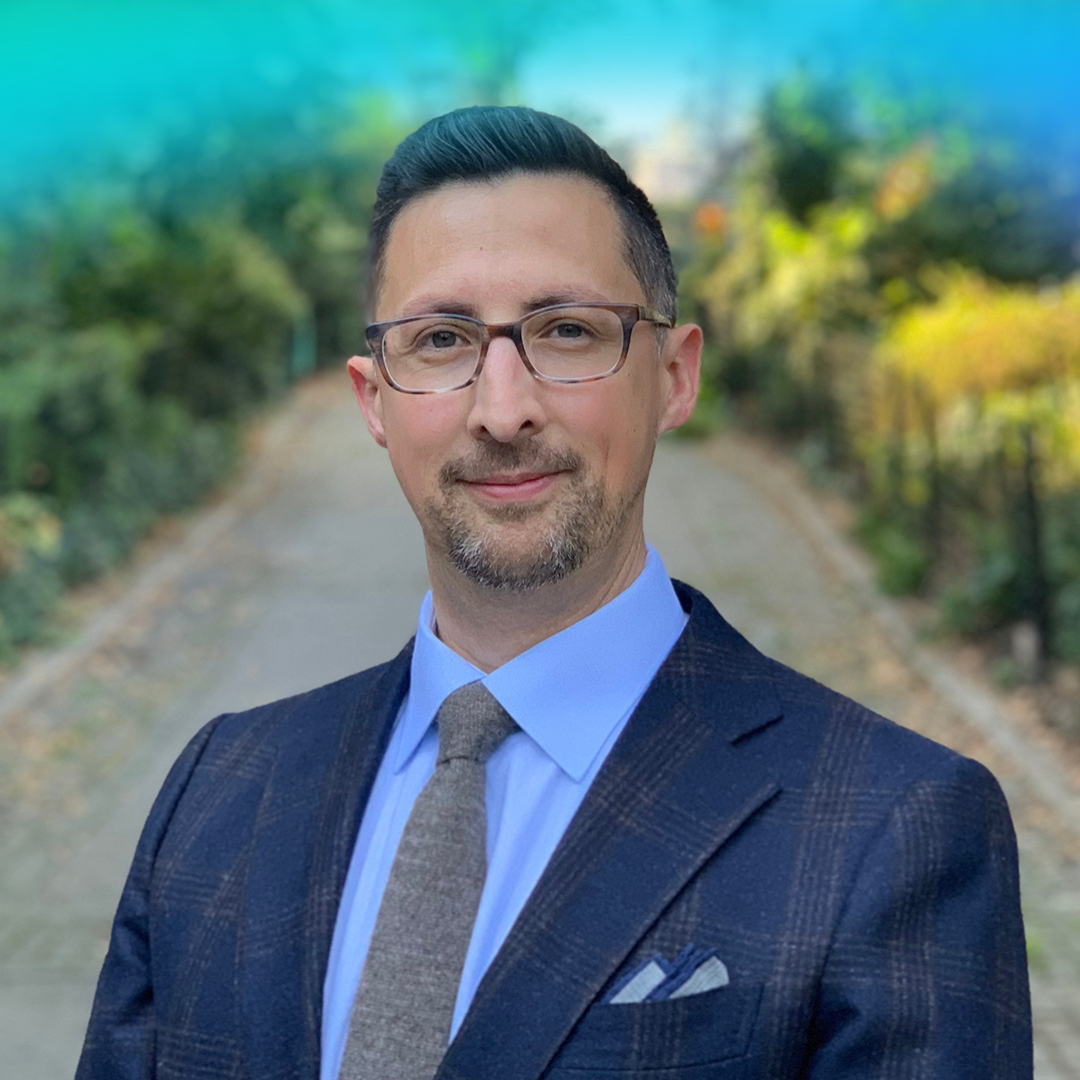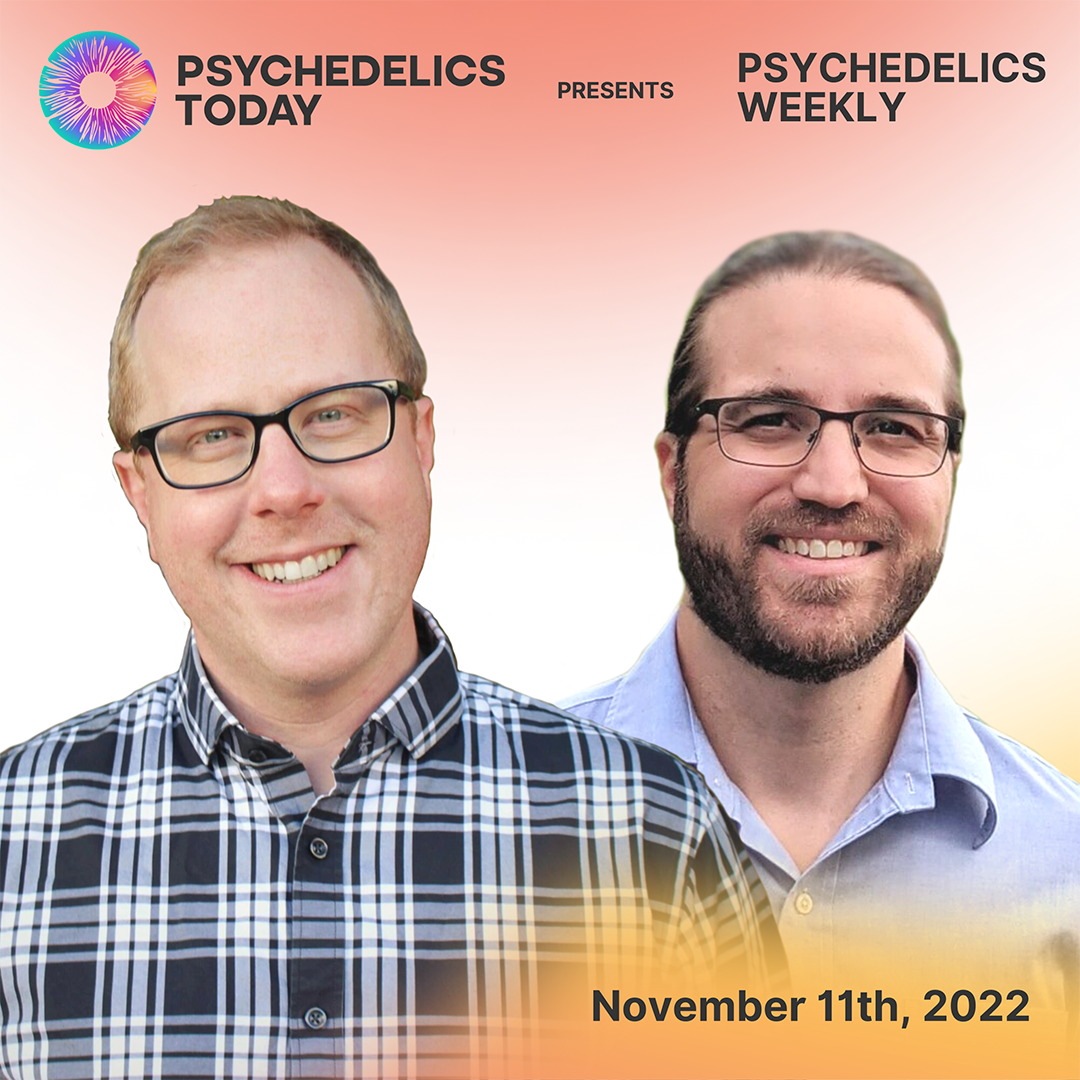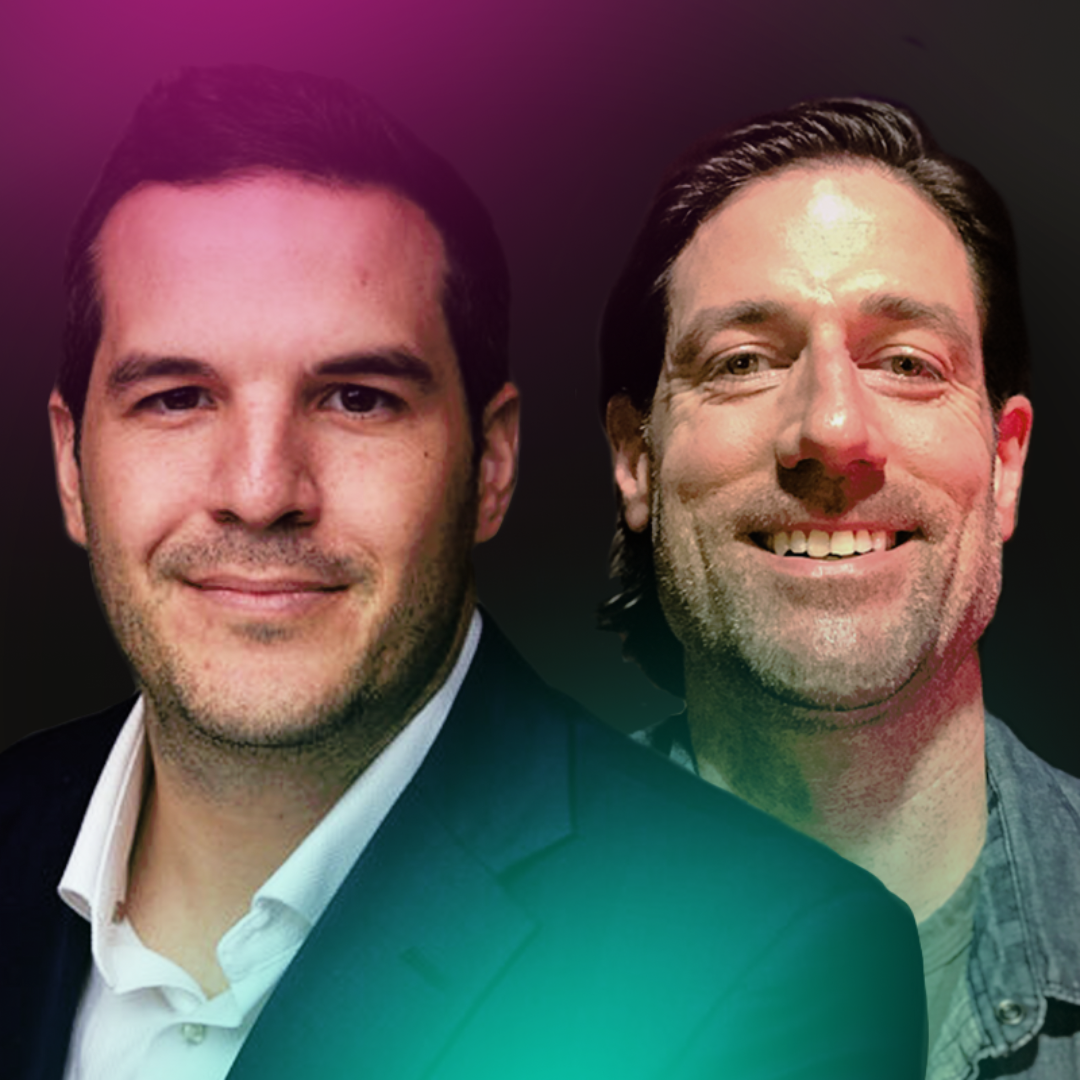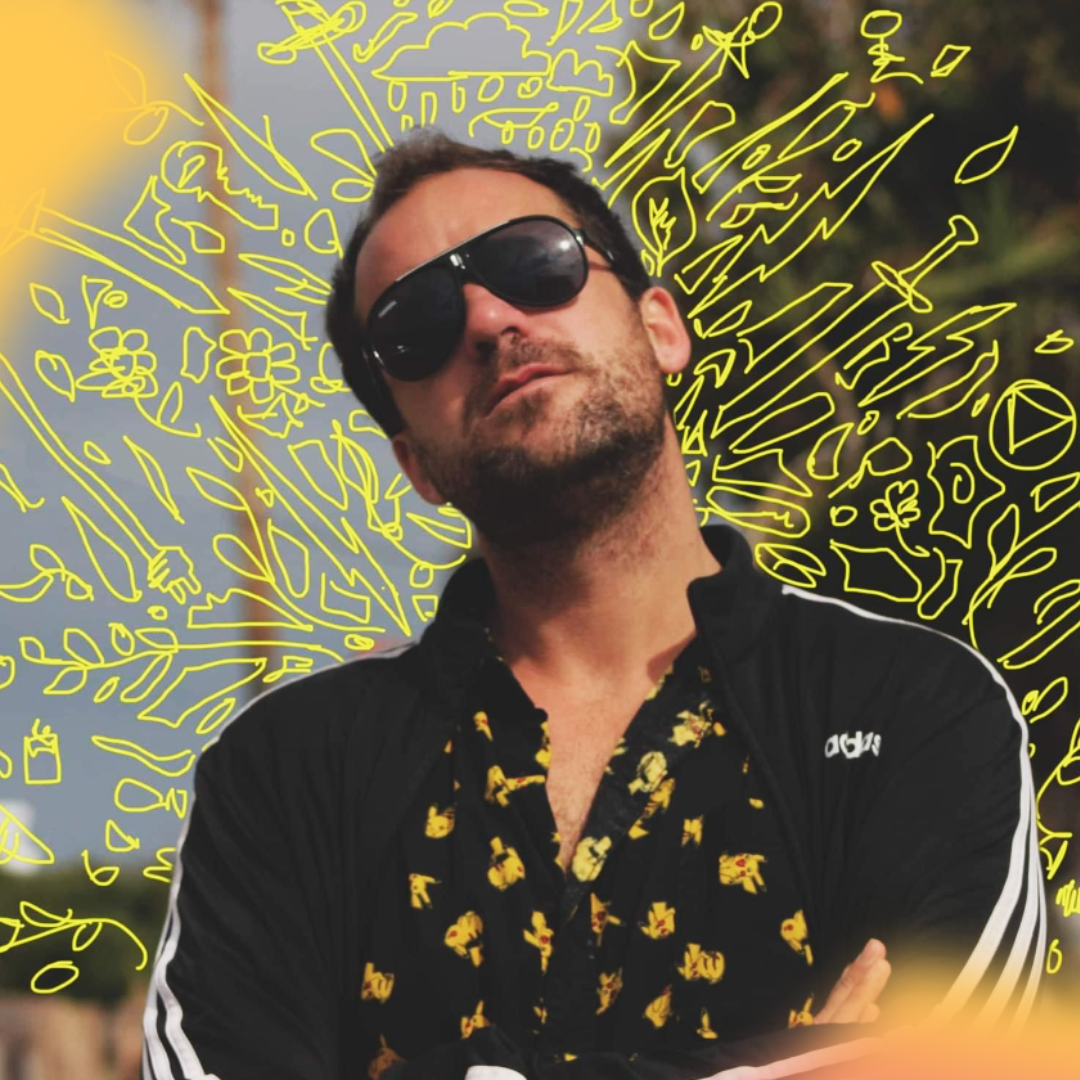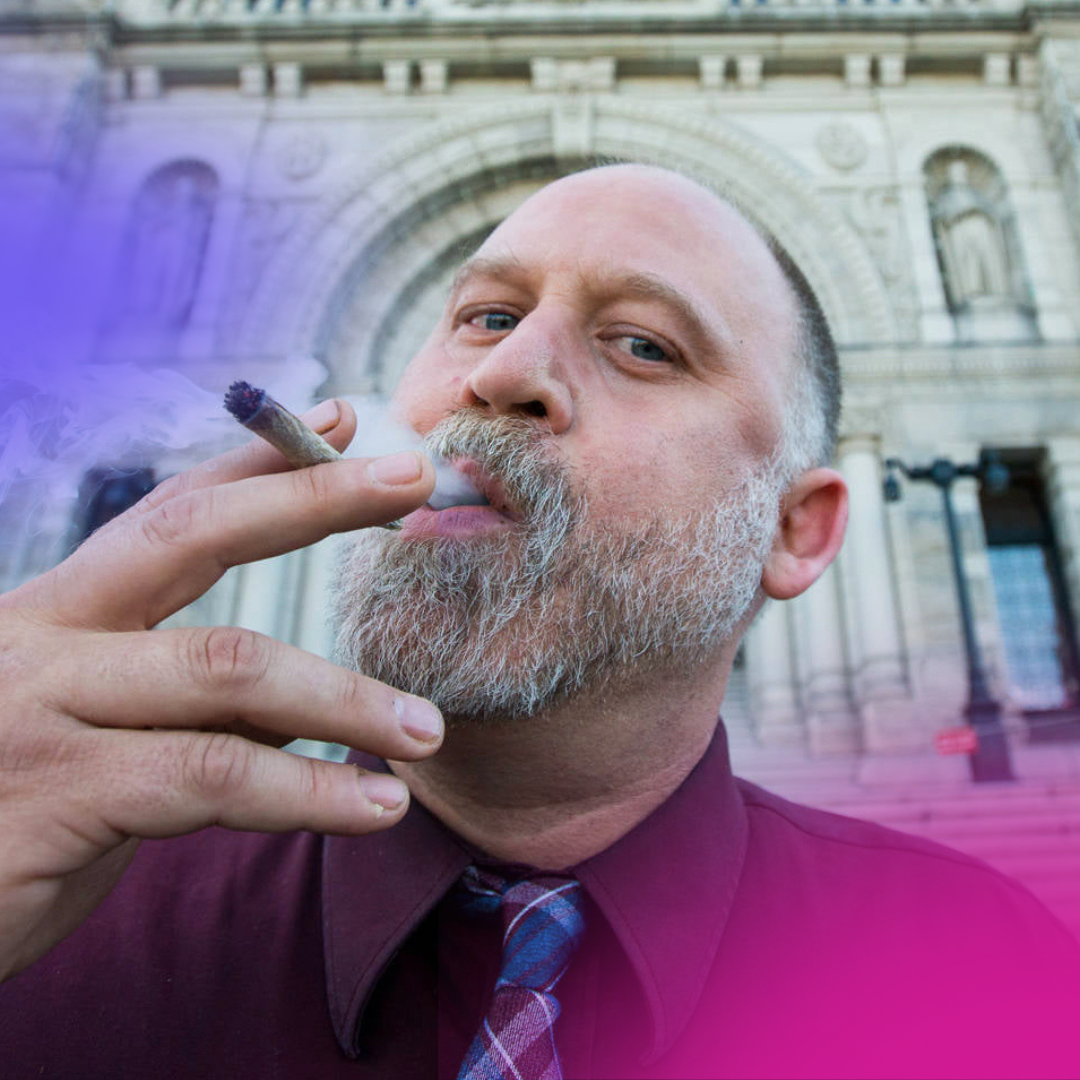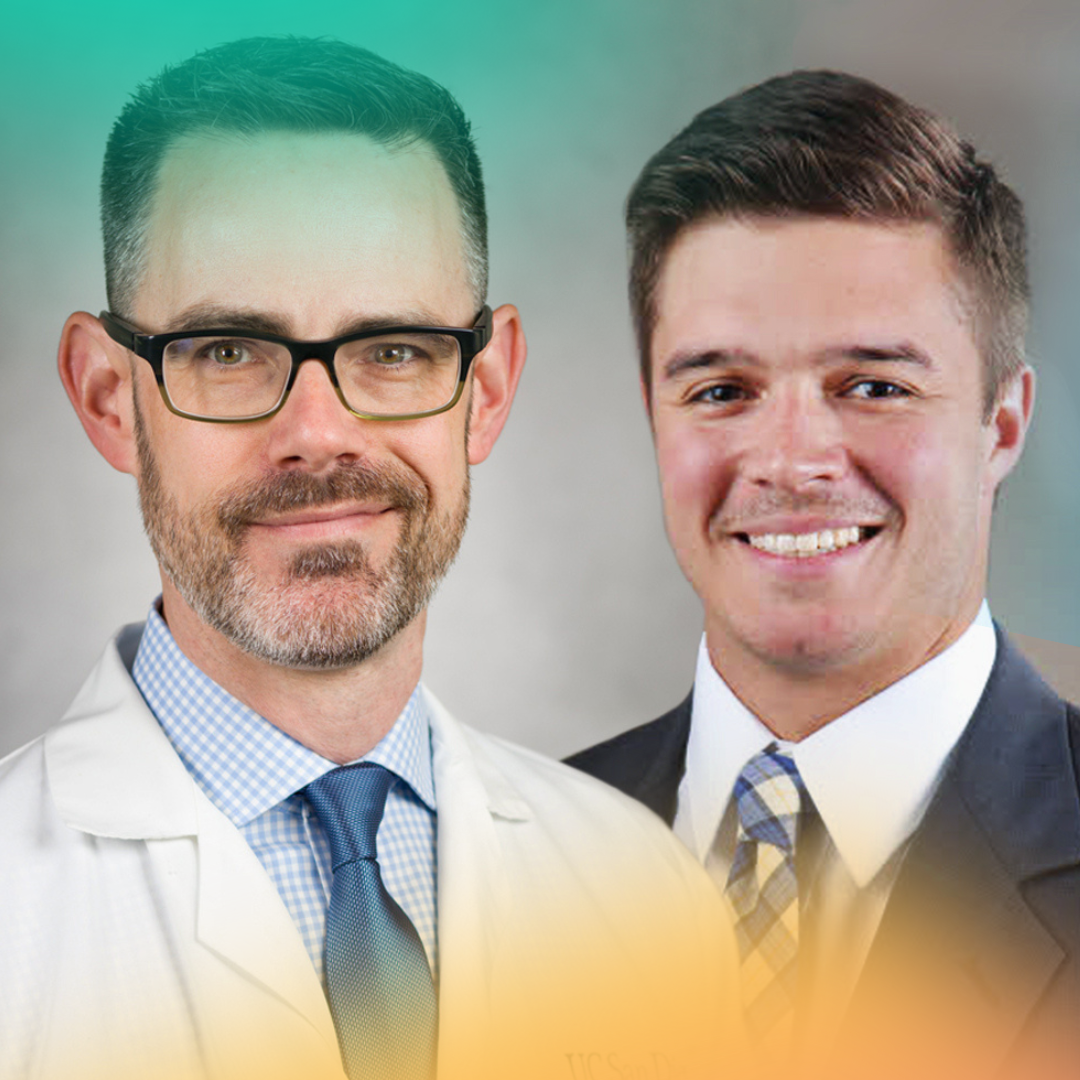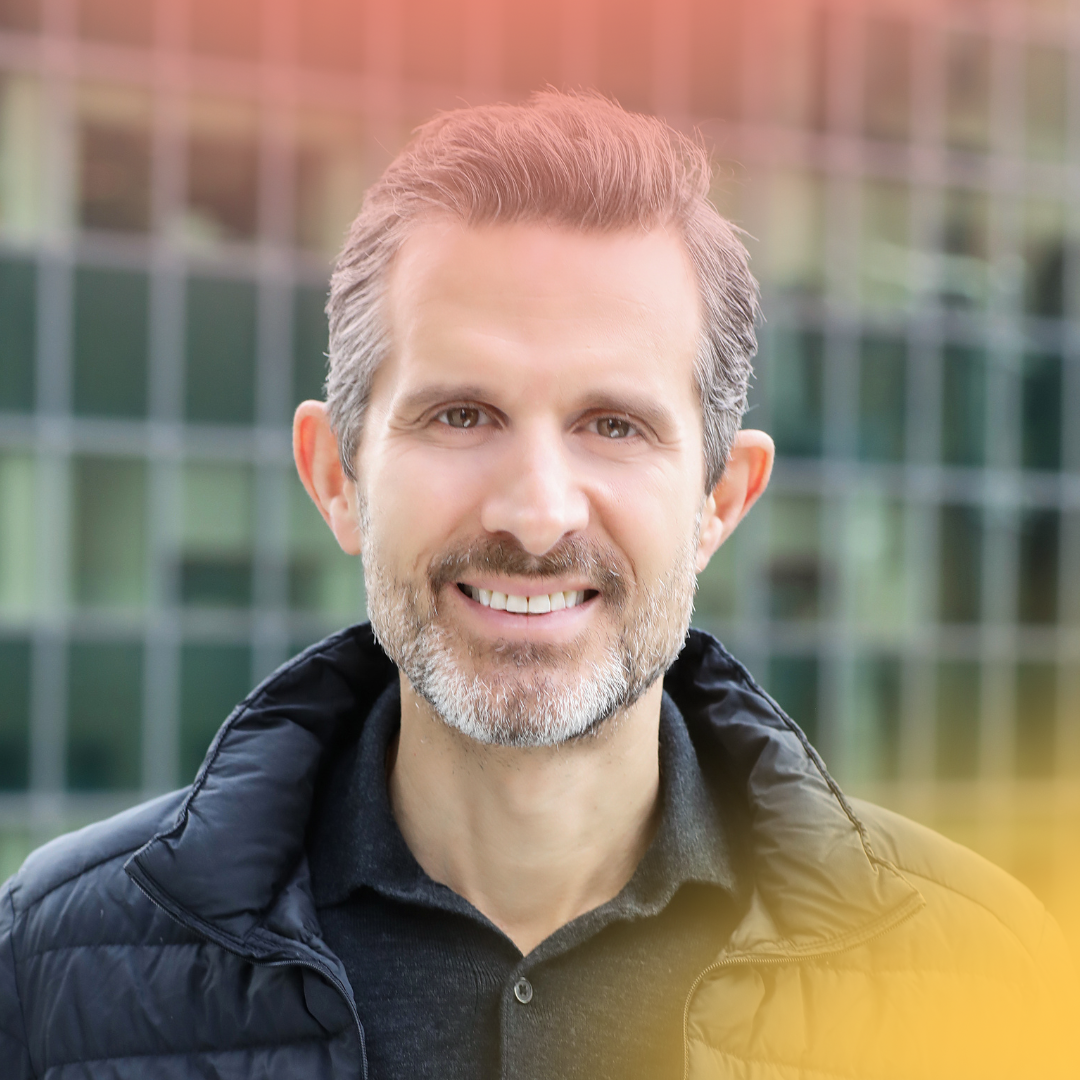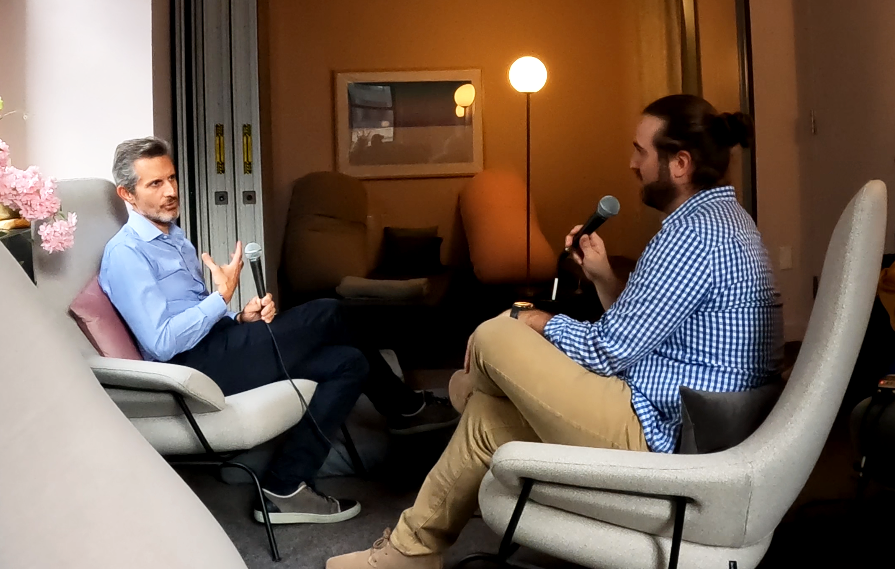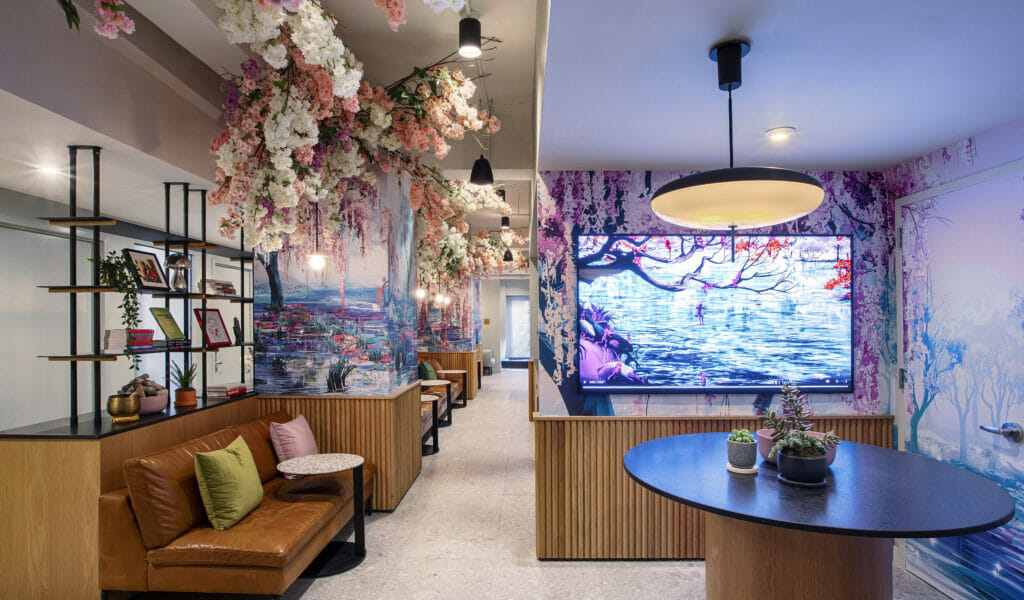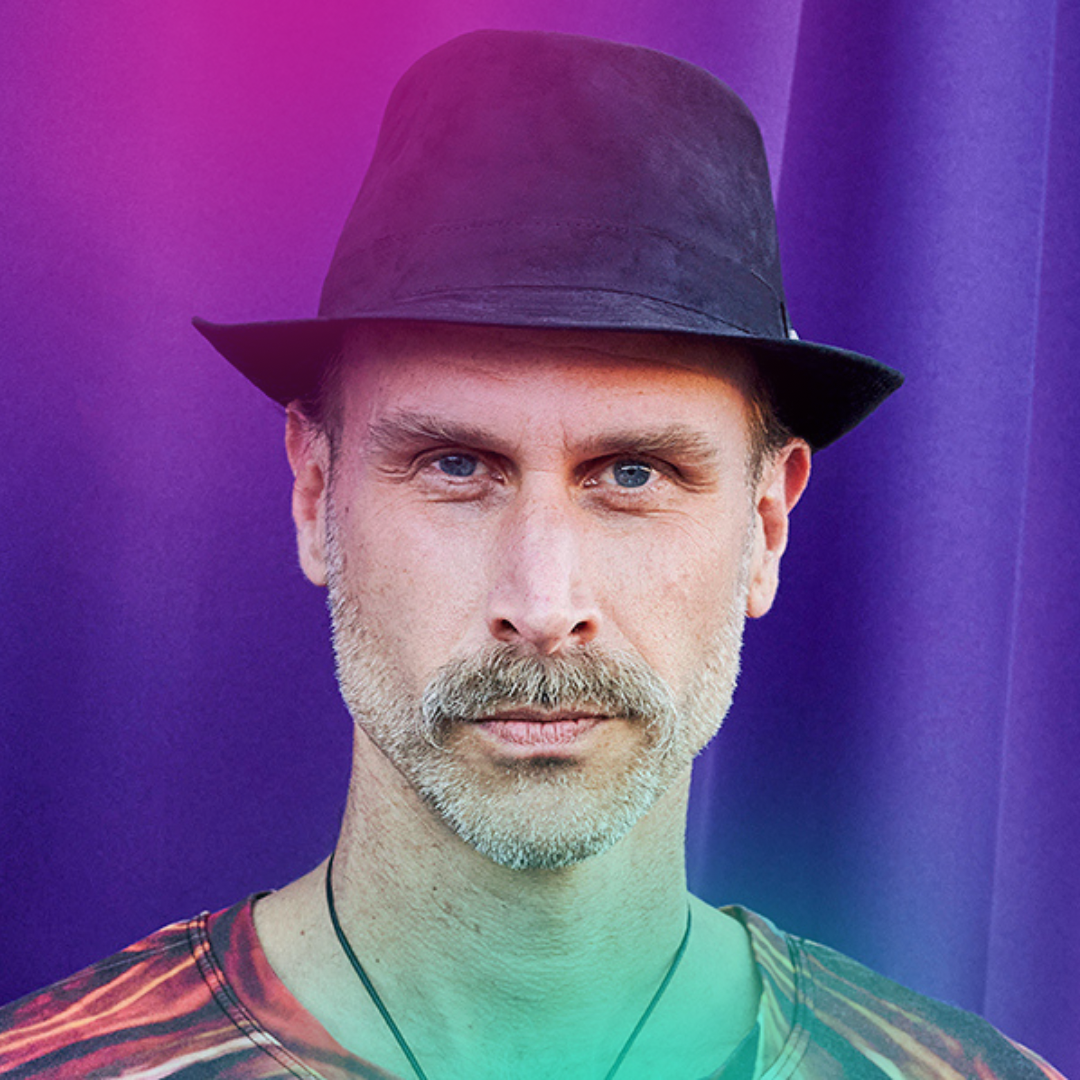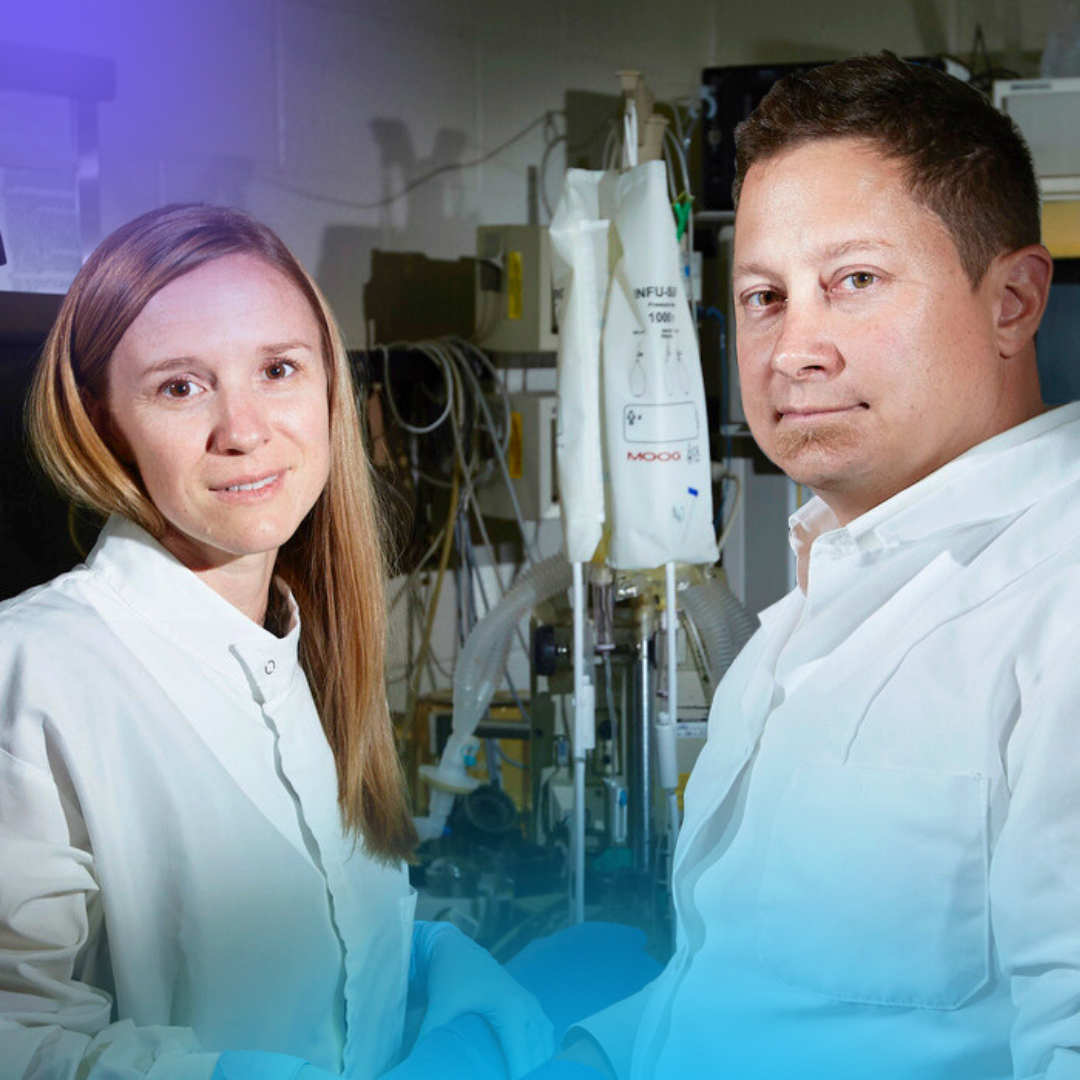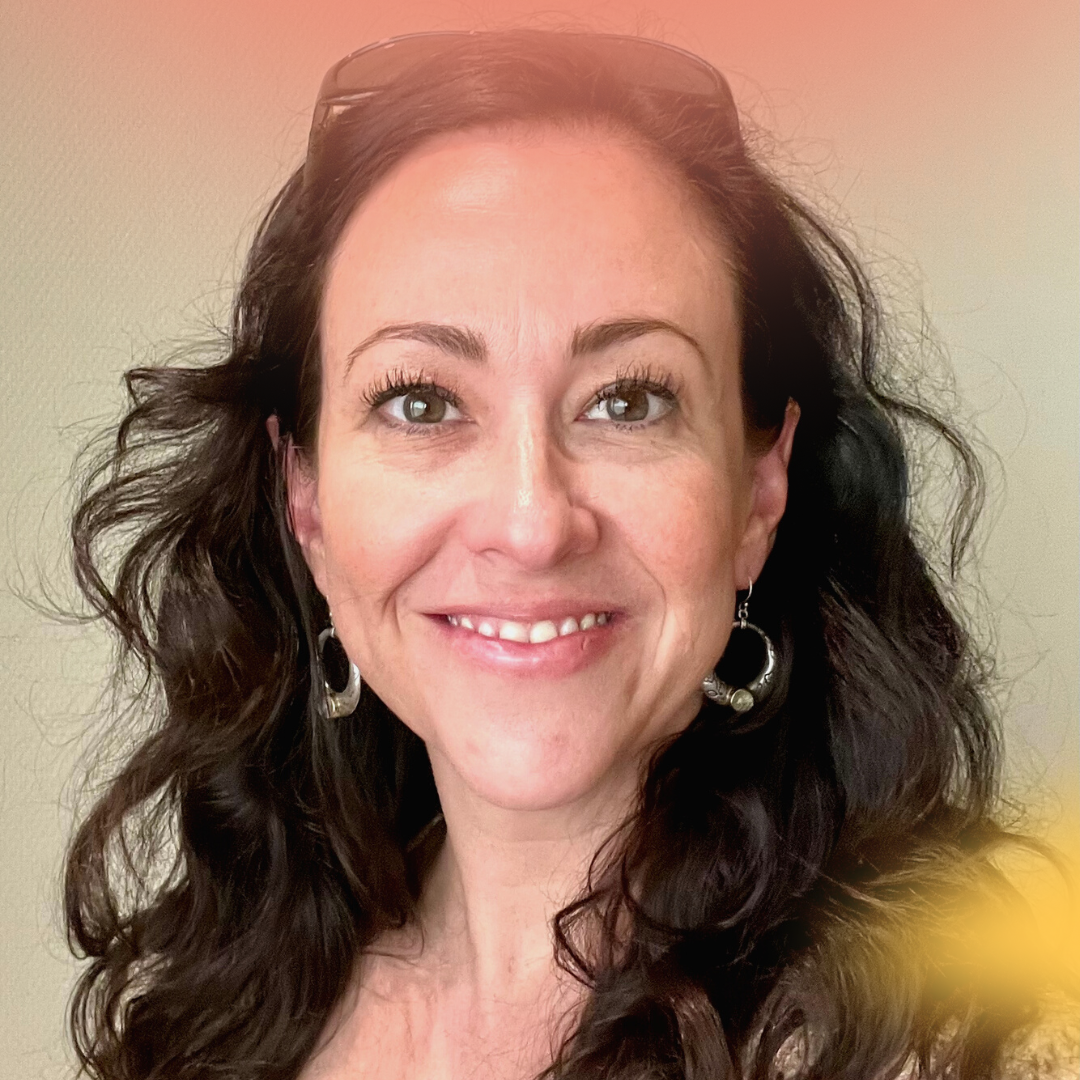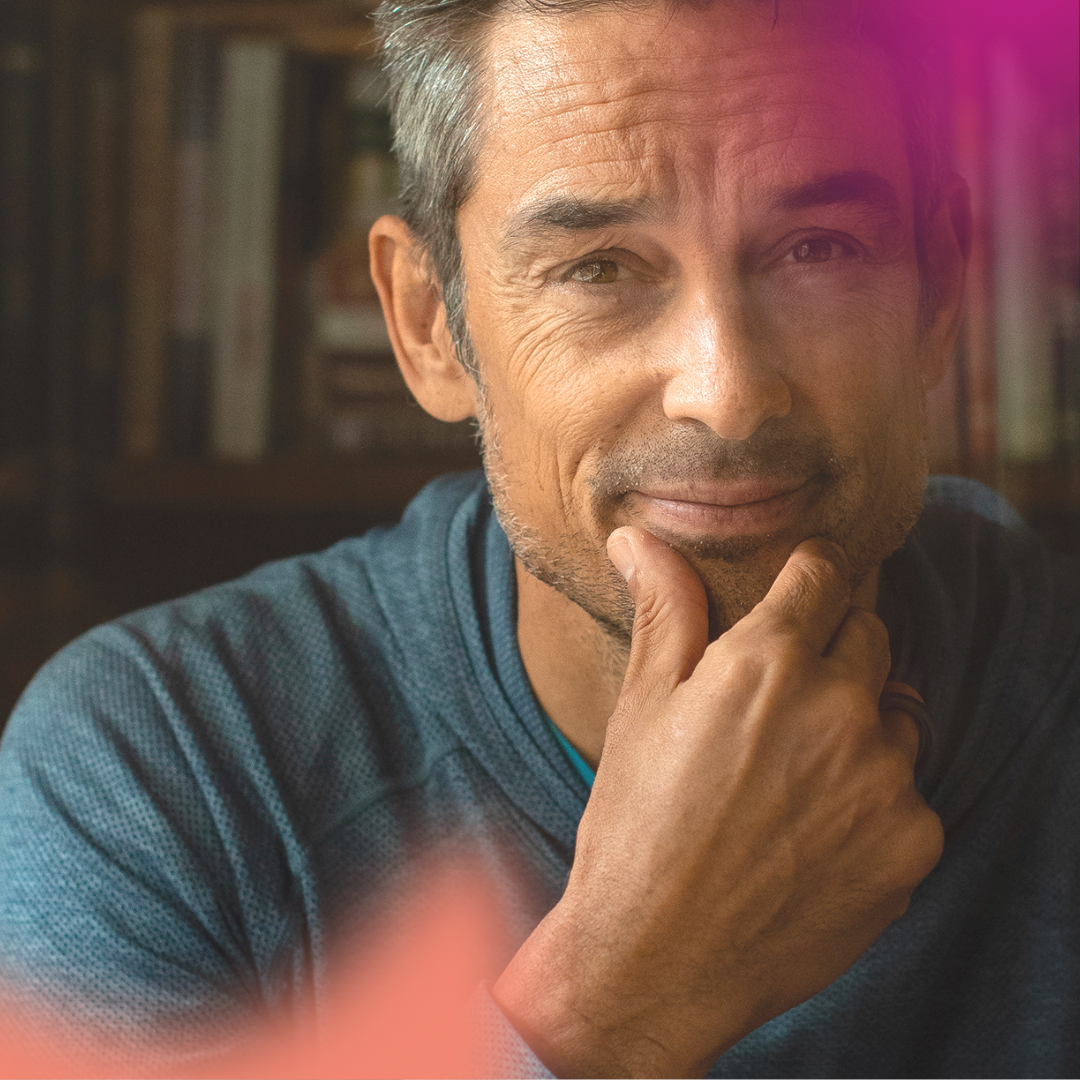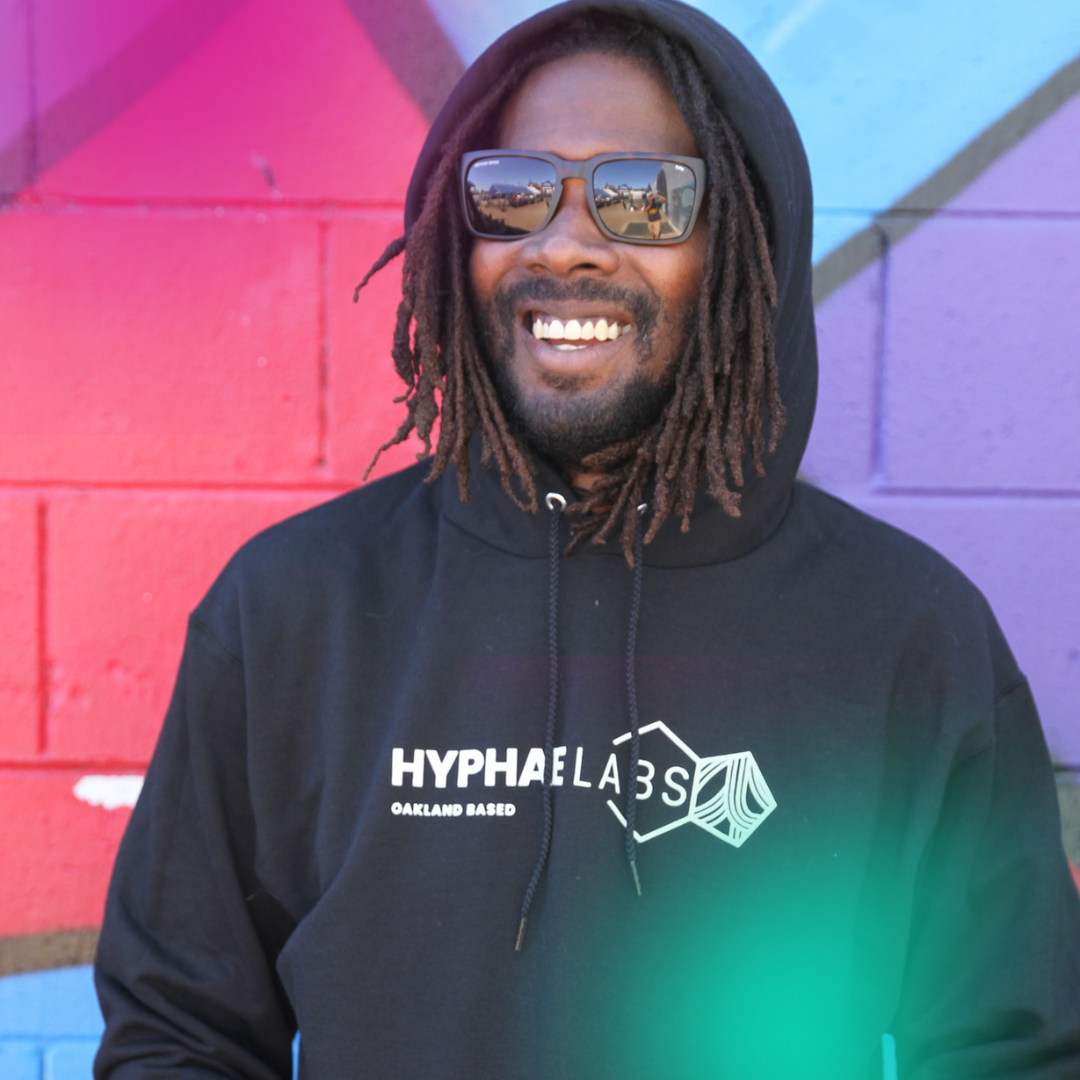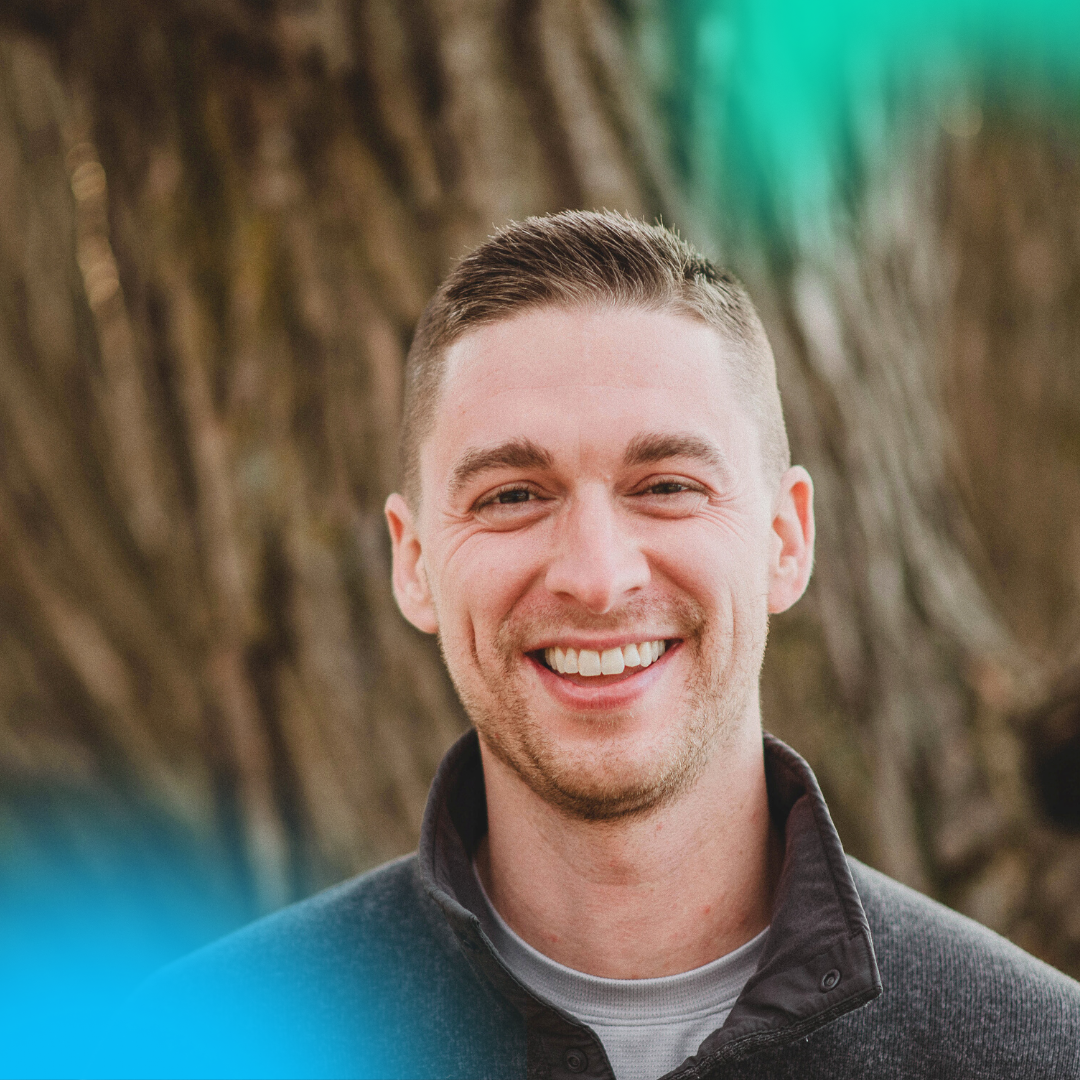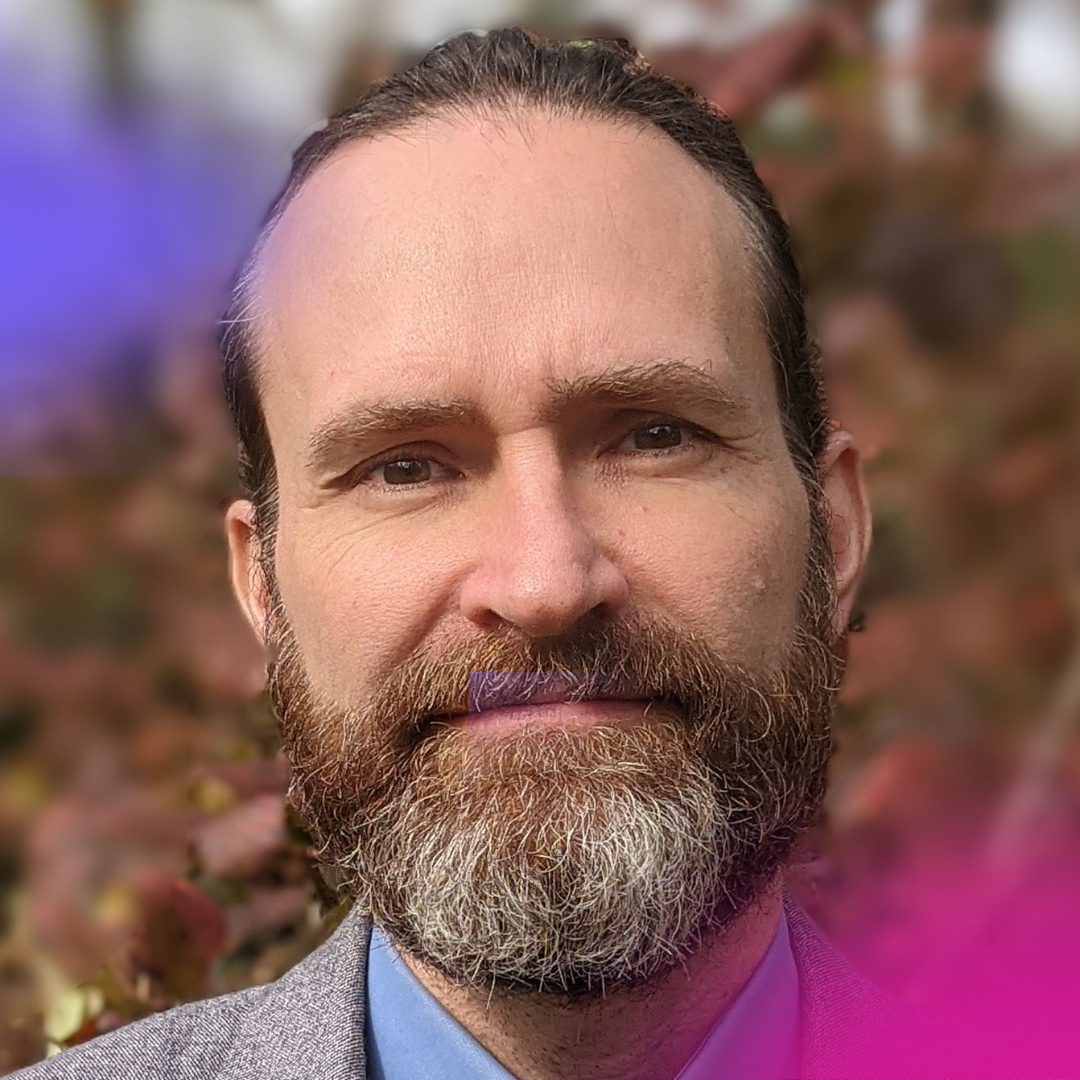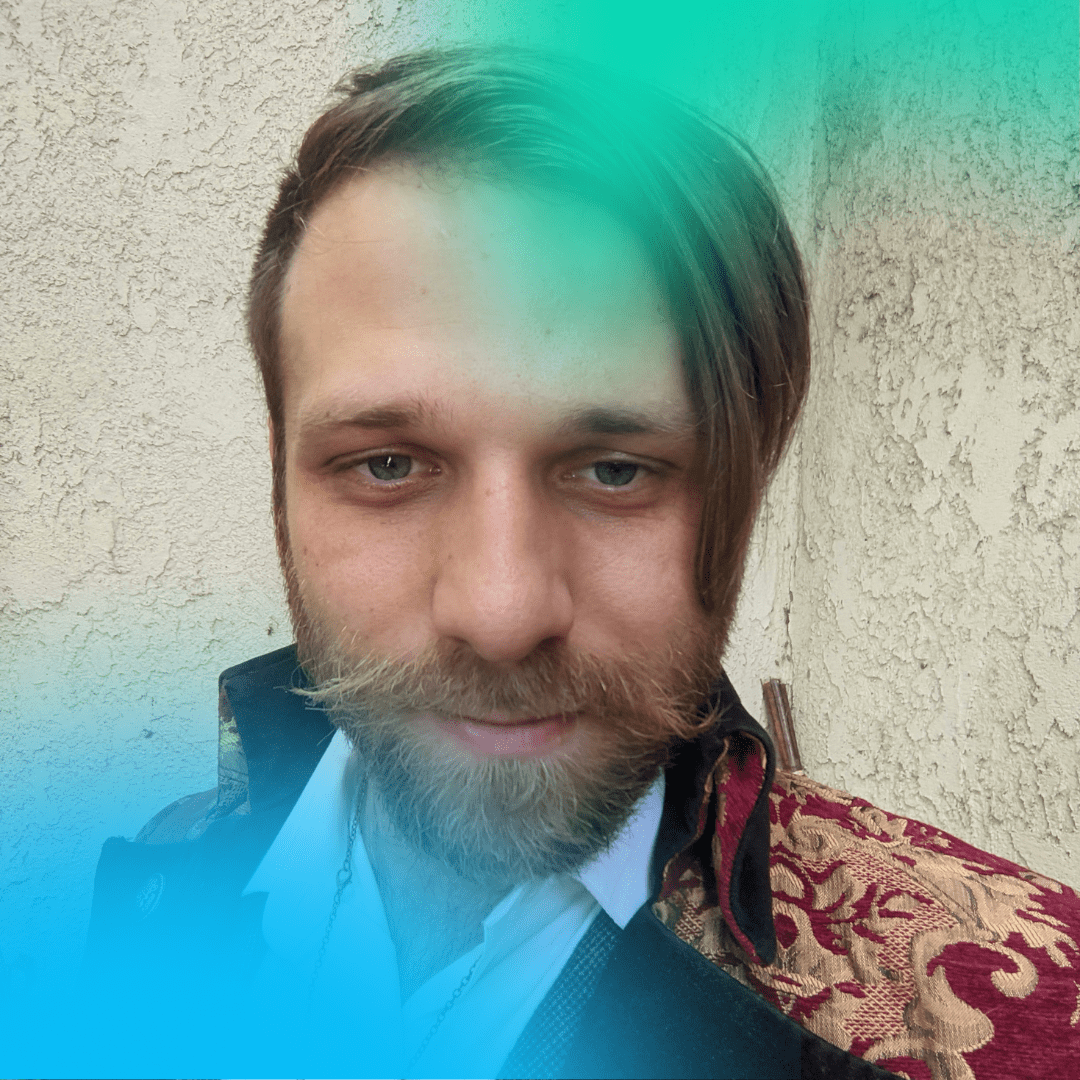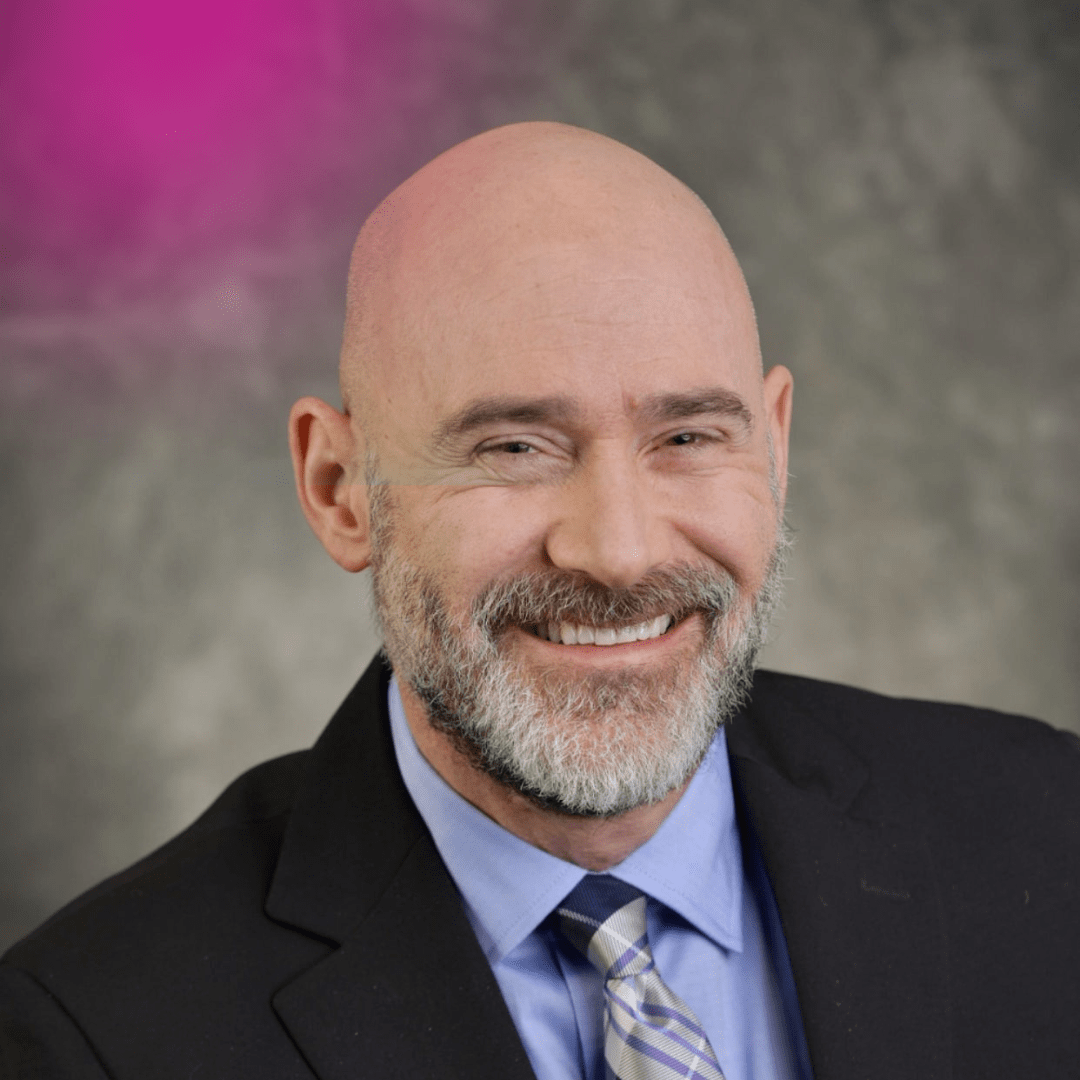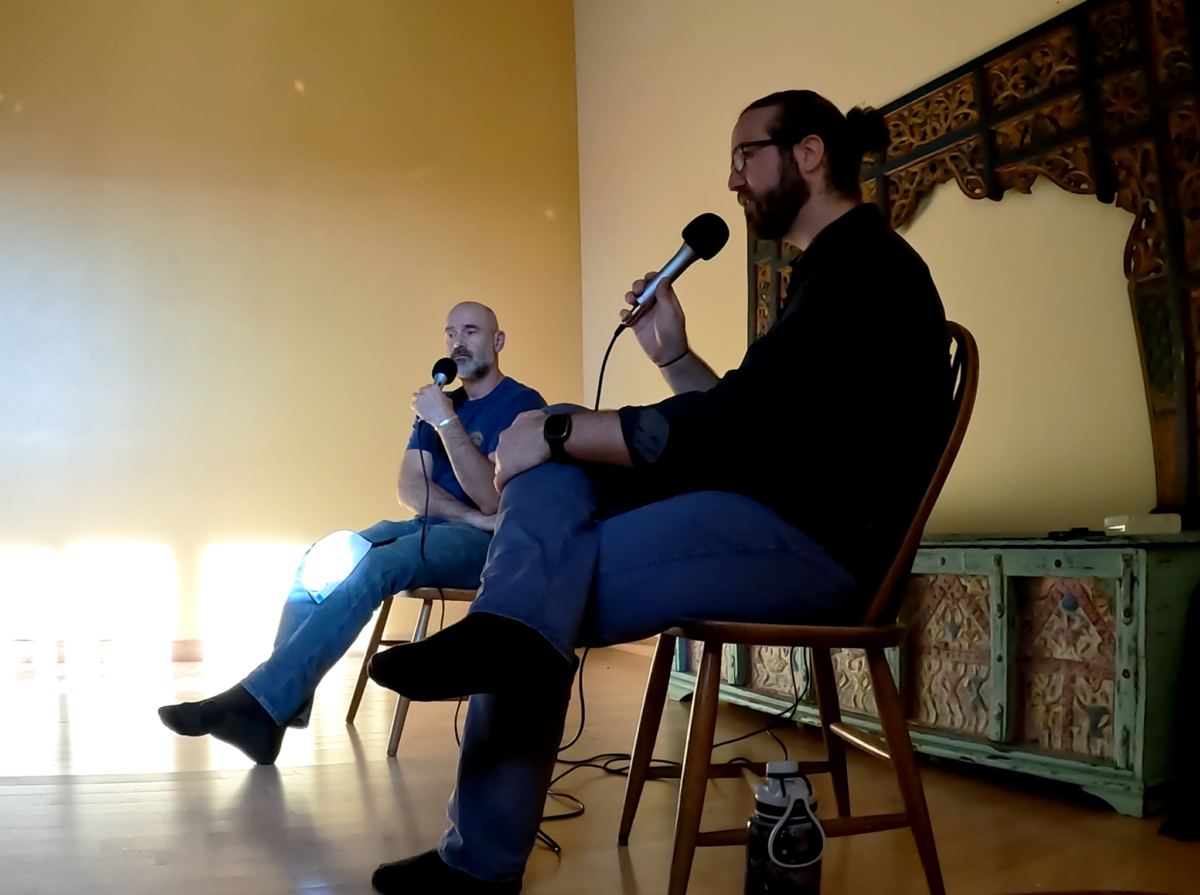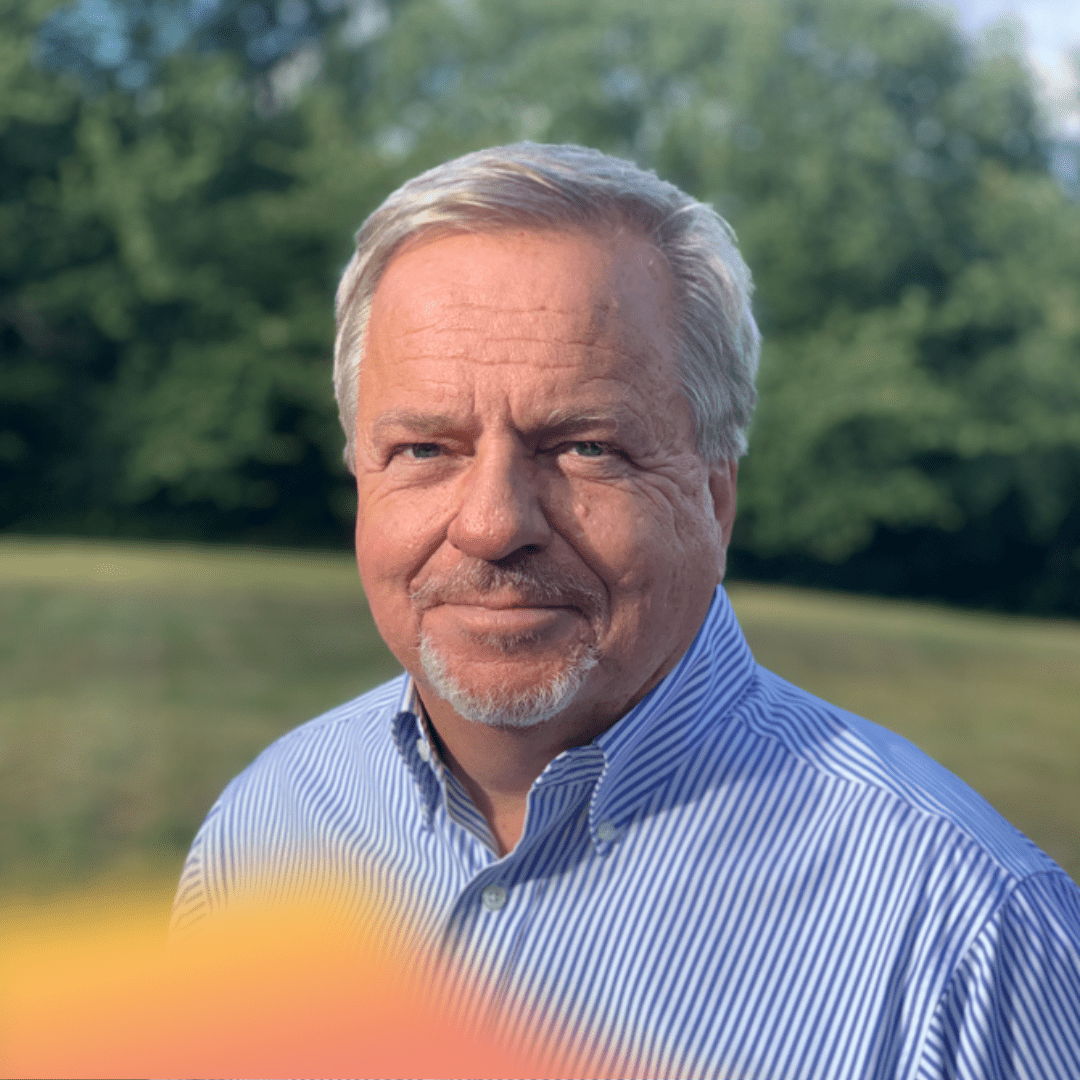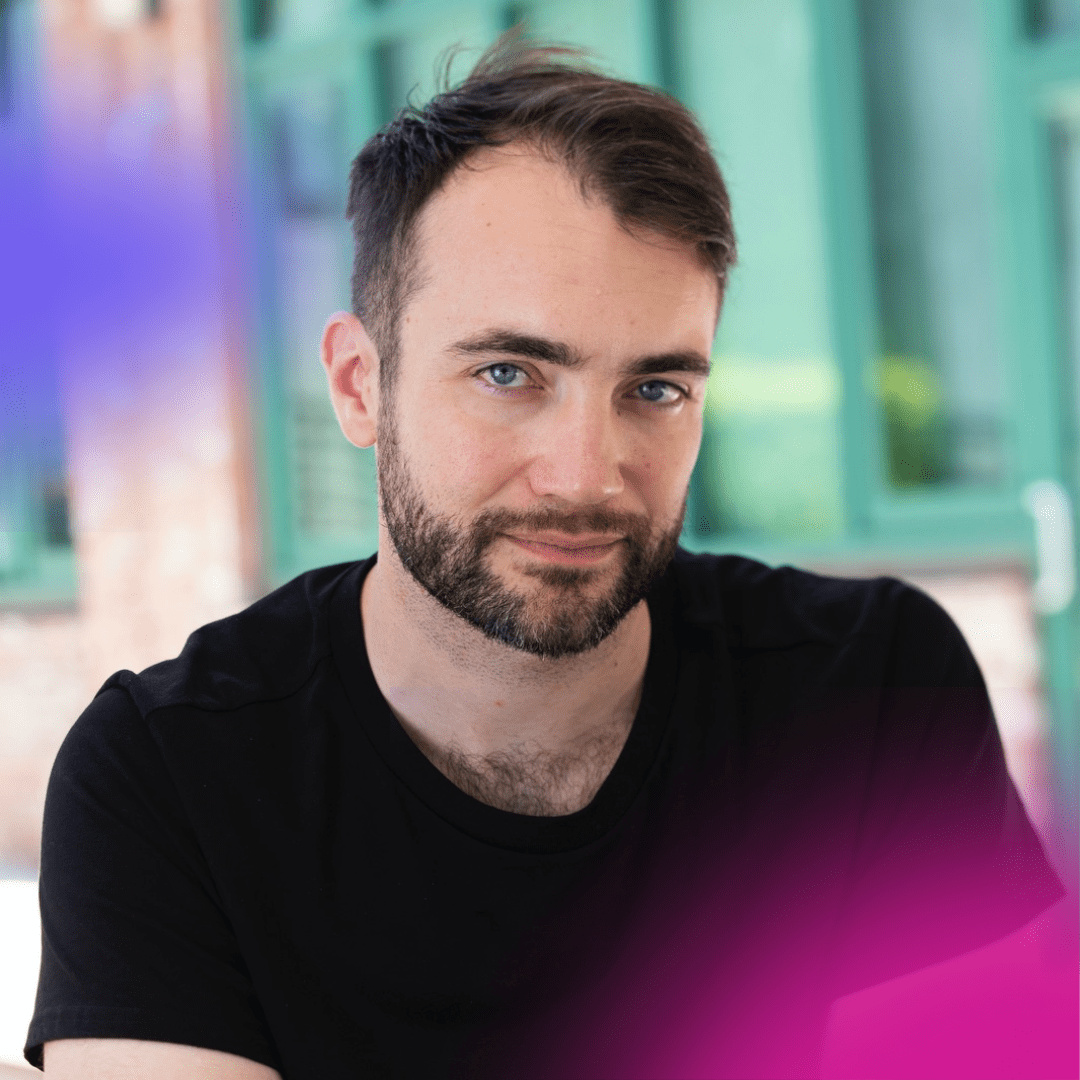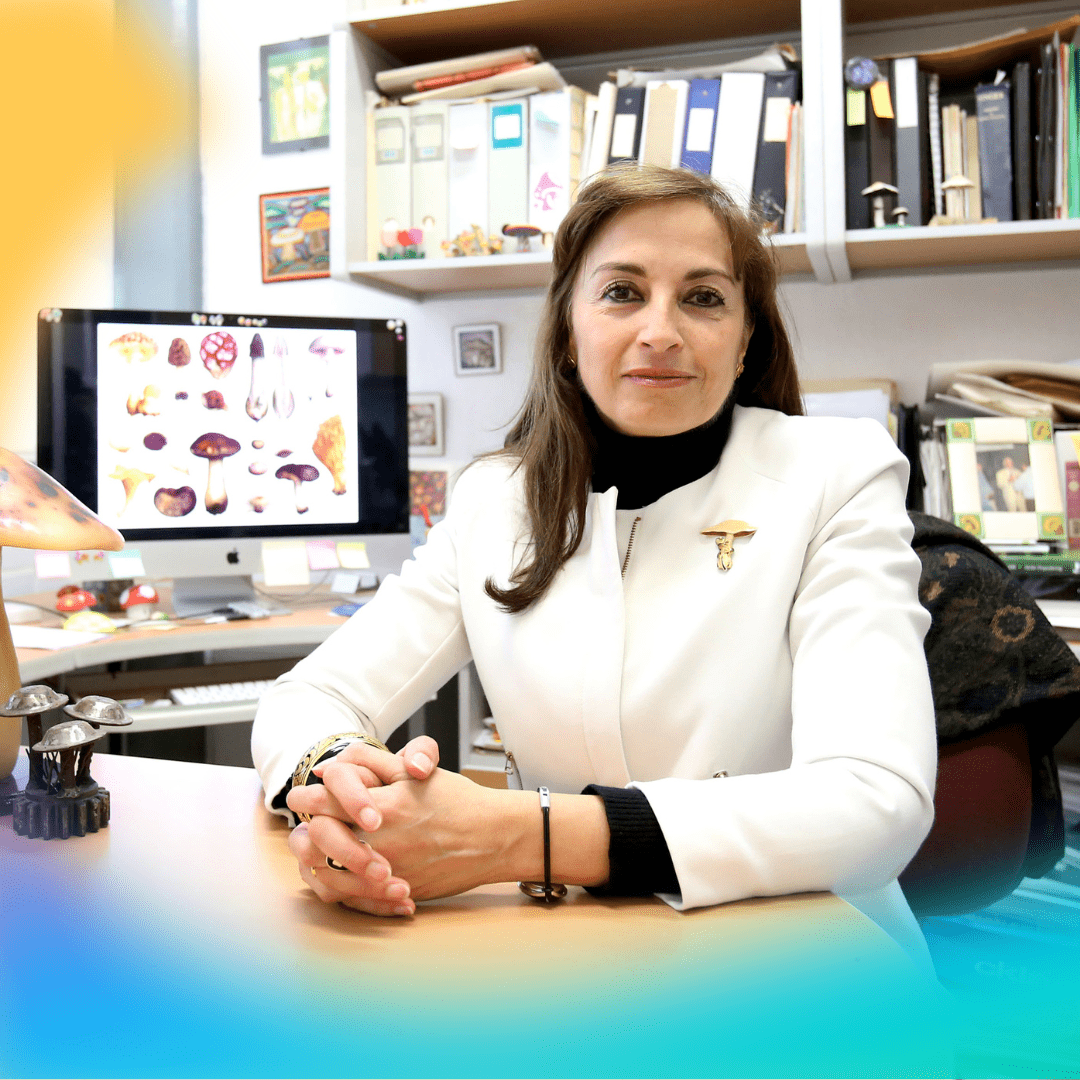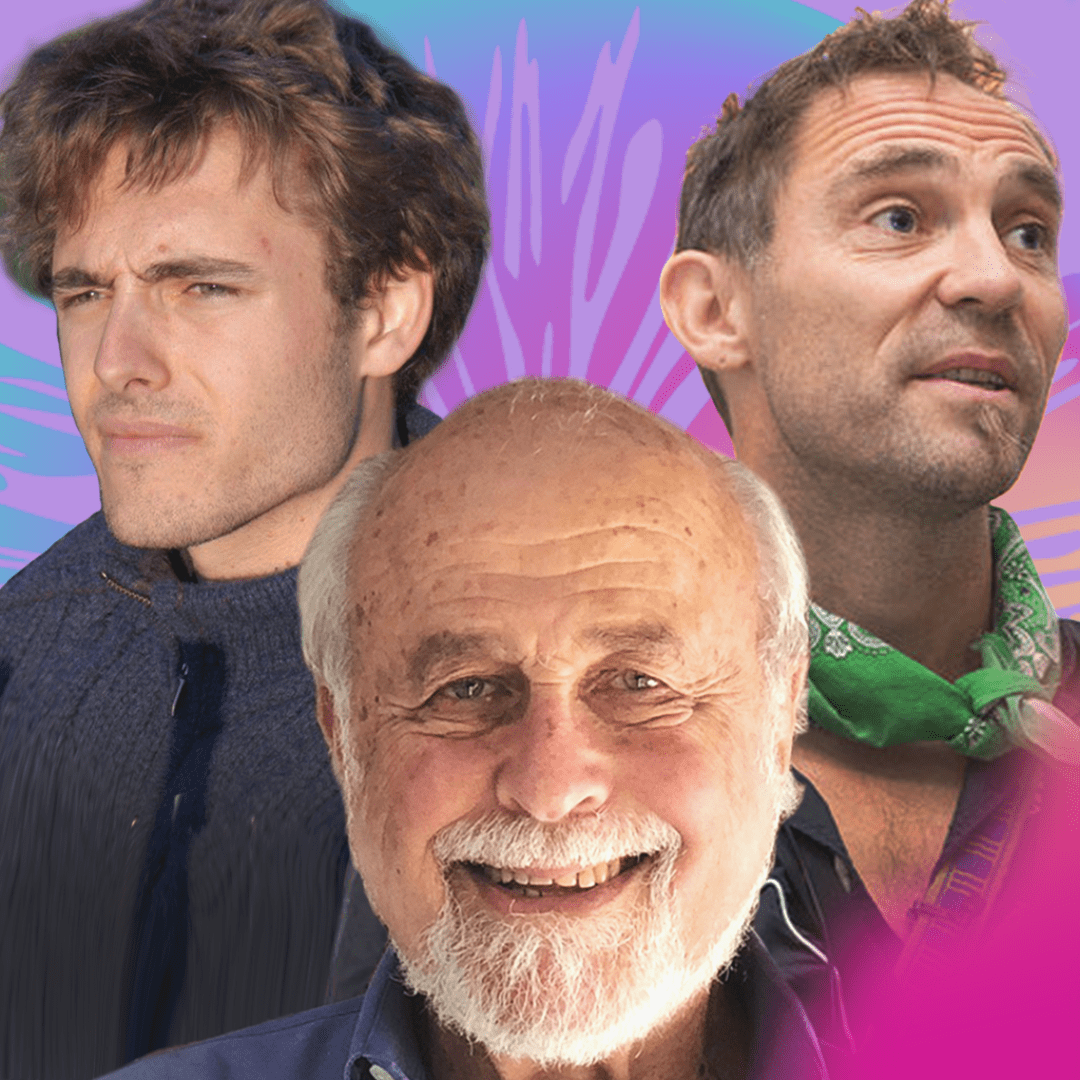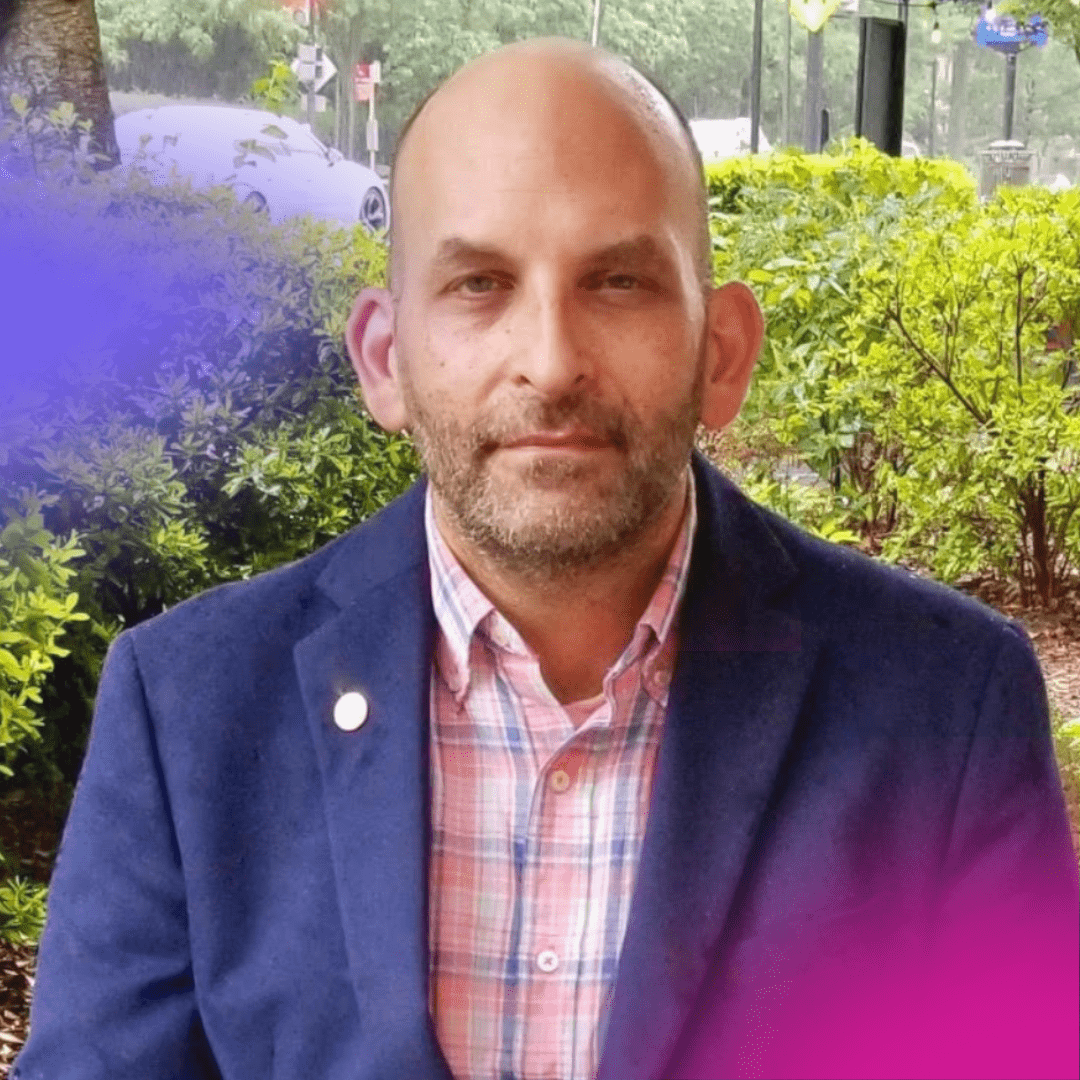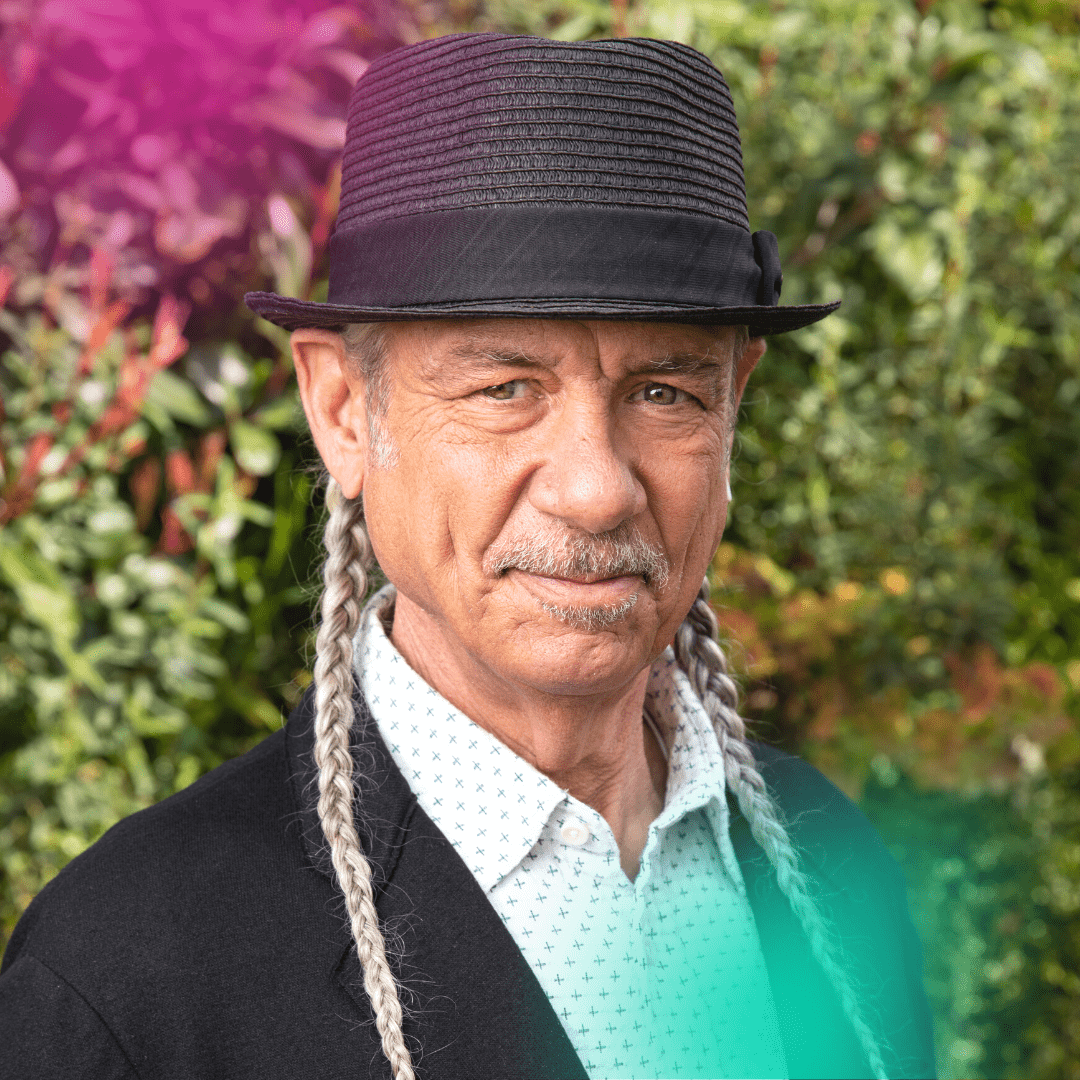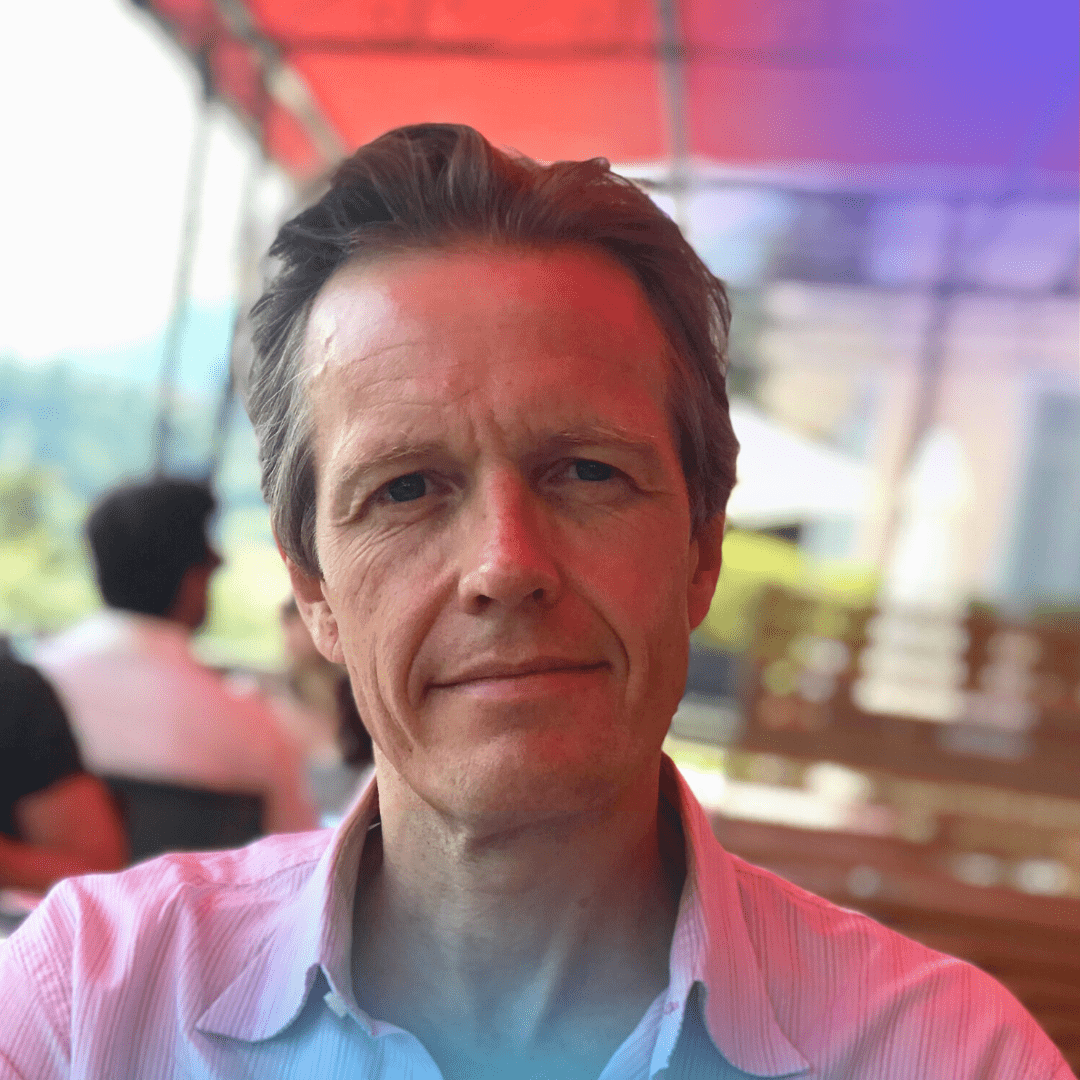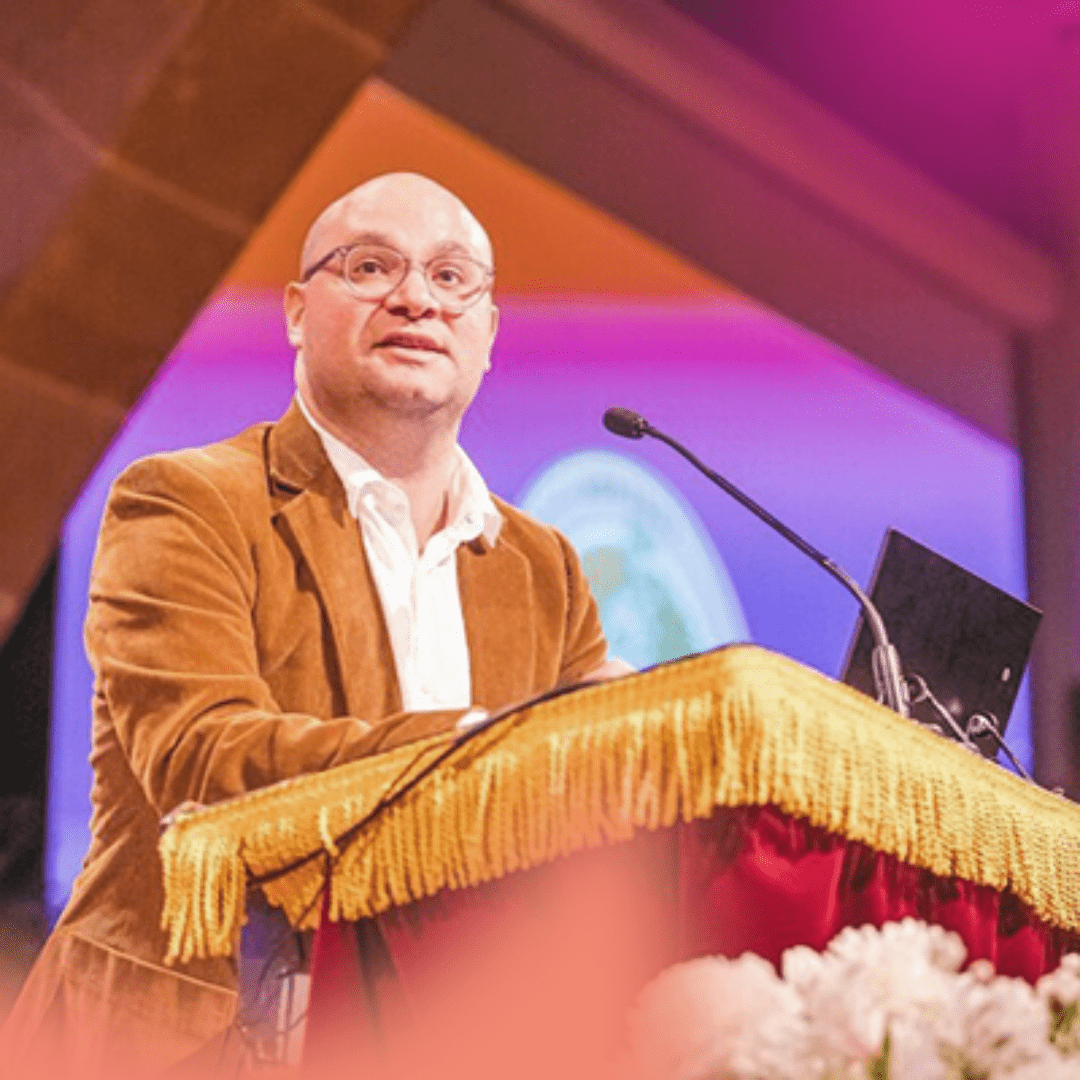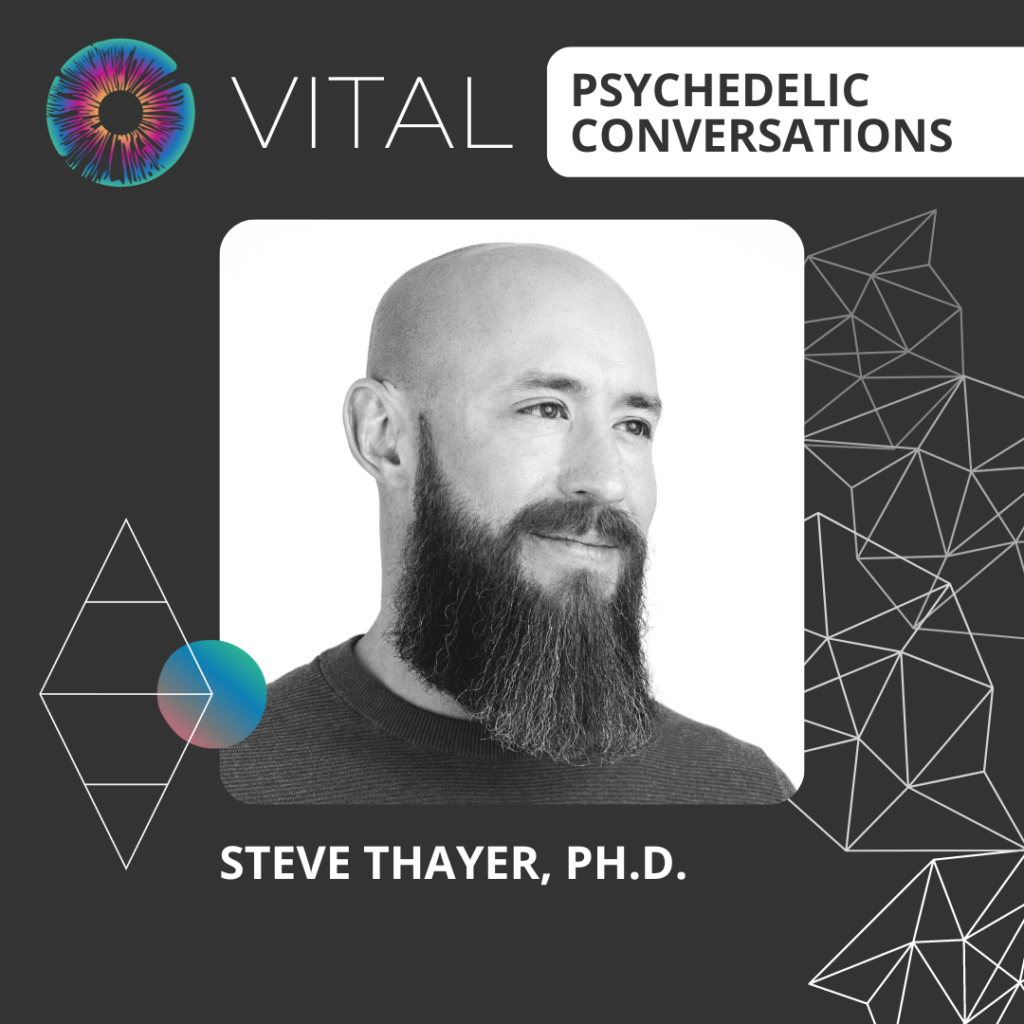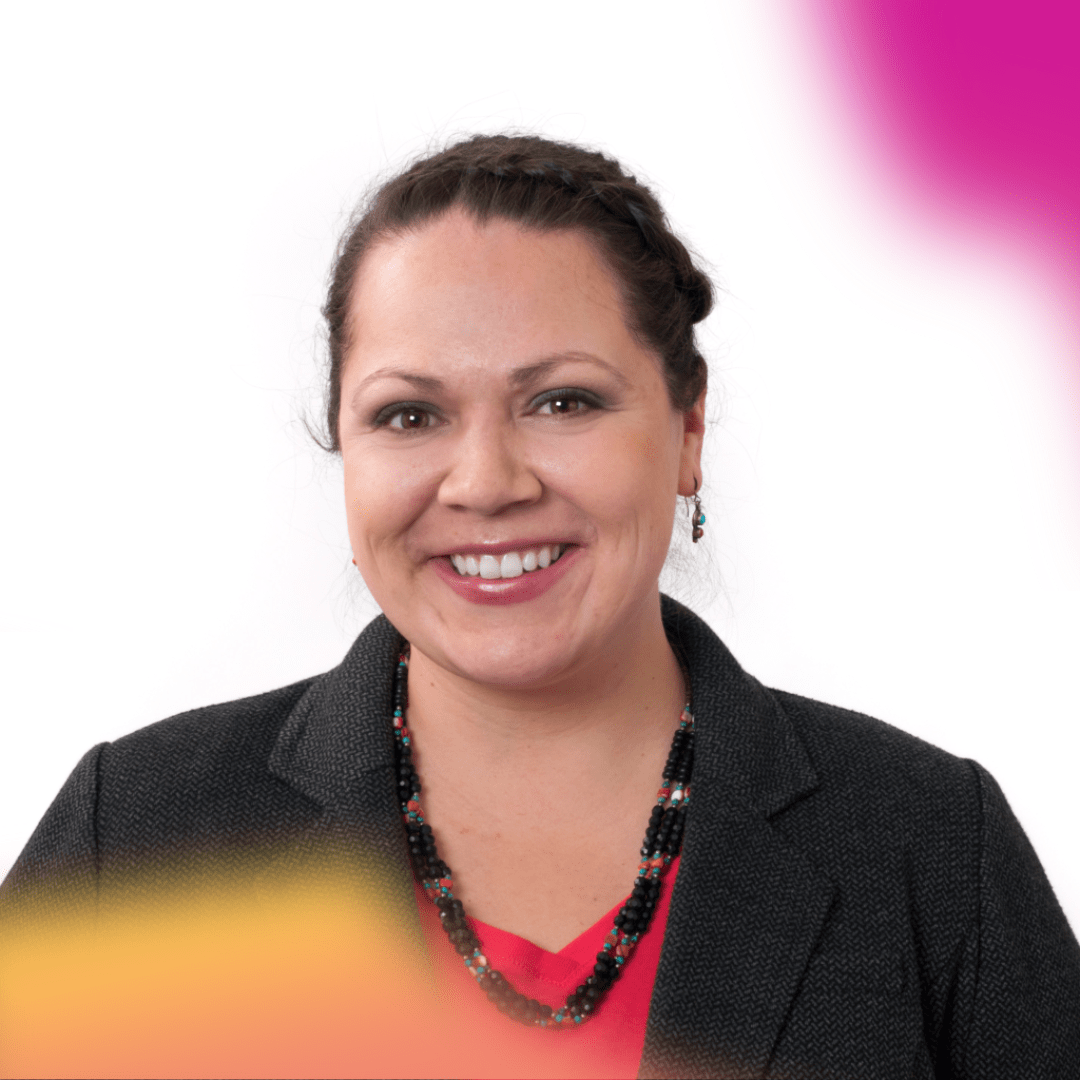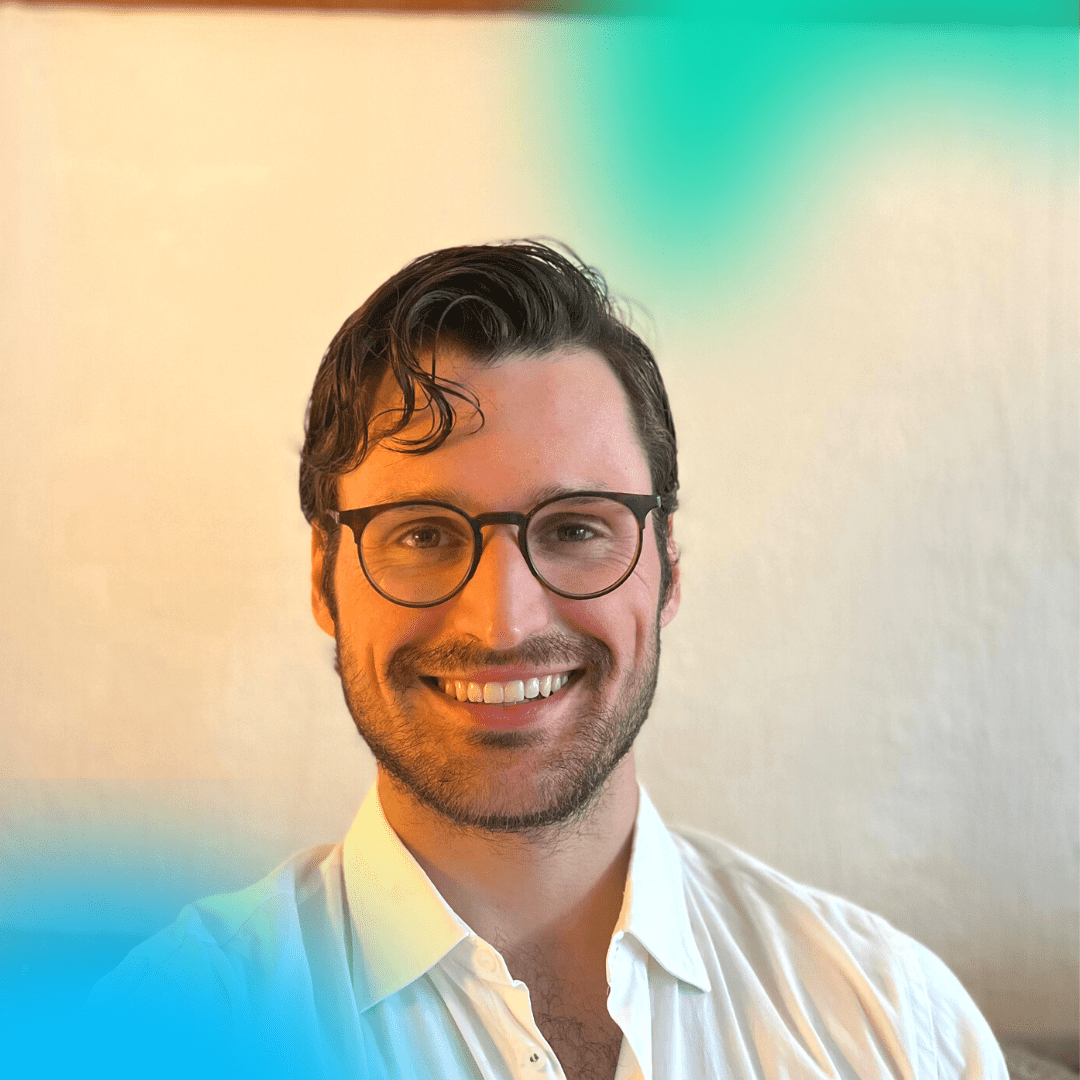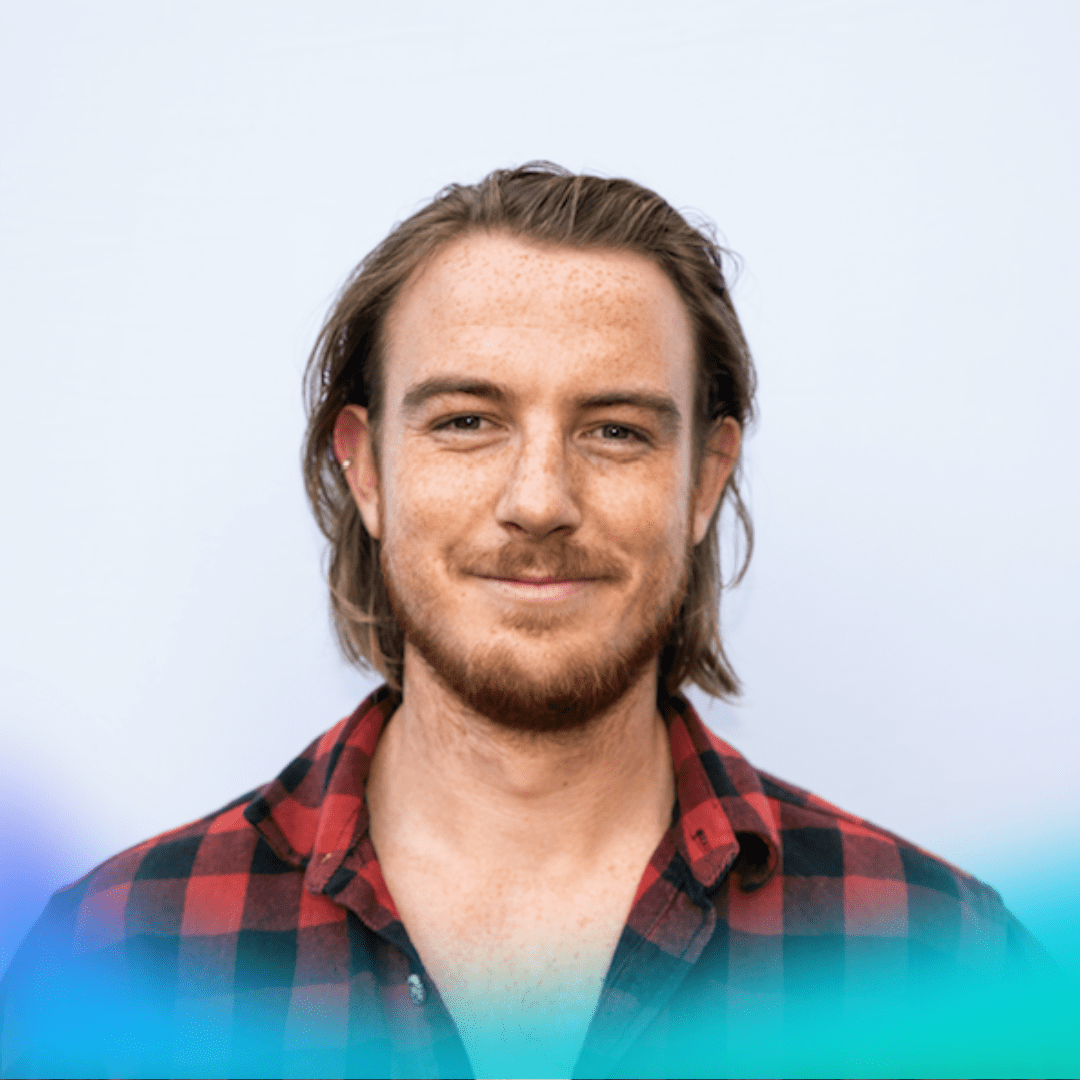In this episode, David interviews Alex Belser, Ph.D.: clinical scientist; author; licensed psychologist; Co-Investigator for a psilocybin and OCD study at Yale University; and co-creator of the EMBARK approach, a new model of psychedelic-assisted therapy that focuses on six clinical domains that typically arise during psychedelic experiences.
He is also one of the editors of Queering Psychedelics: From Oppression to Liberation in Psychedelic Medicine, the new anthology from Chacruna featuring 38 essays from queer authors and allies looking at the heteronormative aspects of psychedelic culture and psychedelic-assisted psychotherapy, self-acceptance, psychedelics and pleasure, and ways the queer community can become allies with other groups. As they serendipitously recorded this episode on June 1, it only made sense to celebrate Pride Month by releasing it now, as well as launching a giveaway, where you can win one of five copies of Queering Psychedelics.
Belser talks about the concurrent emergence of the psychedelic and queer communities; the need to research the effects of transphobia and homophobia in psychedelic work (as well as the internalized phobias often realized during an experience); why it’s more important than ever to talk about the psychedelic space’s dark past with conversion therapy; why the Mystical Experiences Questionnaire needs to be updated; the idea of queer people being boundary walkers; recreating the Good Friday Experiment, the immense importance of long-form interviews and other forms of qualitative research, the power of love and community, and the question: how does anyone not want to change after a powerful psychedelic experience?
Notable Quotes
“When we talk about MK-Ultra and we talk about the abuses of boundary transgressions and sexual transgressions, we also need to be talking about how psychedelics have been used to harm people through conversion therapy and how they have repeatedly been used in this way. If we don’t look to our past and what’s happening currently, then I don’t think we’re ever going to have a truly integral reckoning with how we carry these medicines in ethical ways.”
“I spoke with an Orthodox Priest who said, ‘Before, I used to give sermons to my congregation and I would talk about God’s justice: the justice of the lord.’ And now, after taking psychedelics (he had a really powerful experience), he says, ‘All I want to talk about is God’s love.’”
“[The EMBARK model is] open architecture. It’s multidimensional, but it allows for the therapist to bring in their existing skill sets, and it allows for a patient-centered approach to what might actually emerge or arise, because I don’t think there’s one path for psychedelic healing. What we see are multiple trajectories, and we needed to build a comprehensive theoretical framework for psychotherapy that allows for different expressions of that for different people.”
“I don’t think psychedelics are a panacea or cure-all, but I think that they help us experiment with different ways of being together, and it doesn’t have to be one way. That’s what I’ve learned; it really does not have to be one way, and it does not have to be the old way.”
Links
Winy a Copy of Queering Psychedelics!
Psychedelics Today: Dr. Alexander Belser – How Privilege Affects Gender Inclusivity in Psychotherapy
Plasticbrainblog.com: The shameful history of psychedelic gay conversion therapy
Lgbtmap.org: U.S. Map of Conversion Therapy Laws
Archive.org: Full text of 1960 Playboy interview with Tim Leary
Far from the Tree: Parents, Children, and the Search for Identity, by Andrew Solomon
Psychedelics Today: PT269 – Adam Strauss – Comedy, OCD, and The Mushroom Cure
Yalemedicine.org: Efficacy of Psilocybin in OCD: a Double-Blind, Placebo-Controlled Study.
Psychedelics Today: PT229 – Dr. Matthew Johnson – What is Consciousness?
Wikipedia.org: Marsh Chapel Experiment
